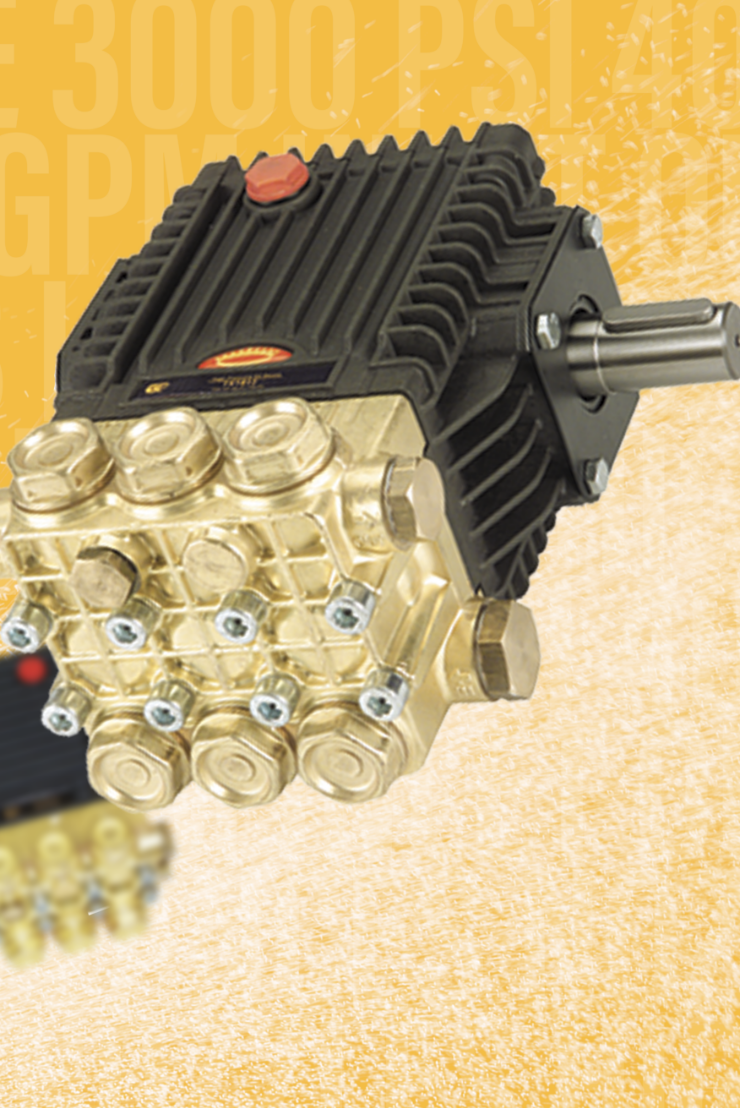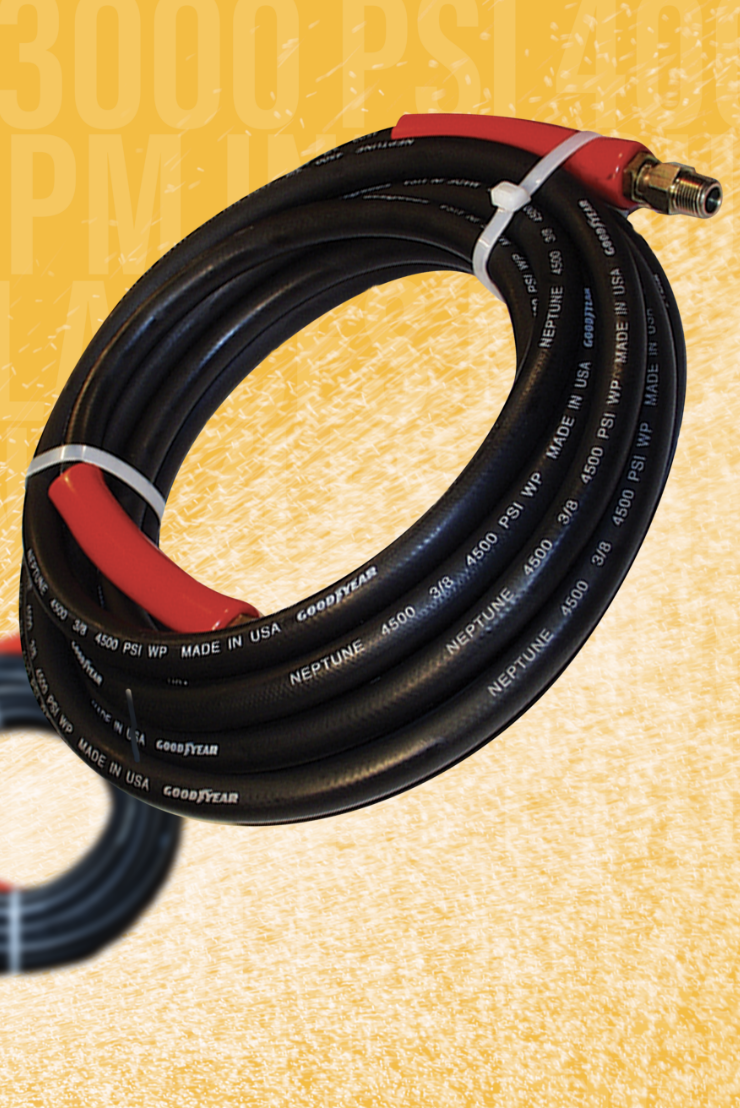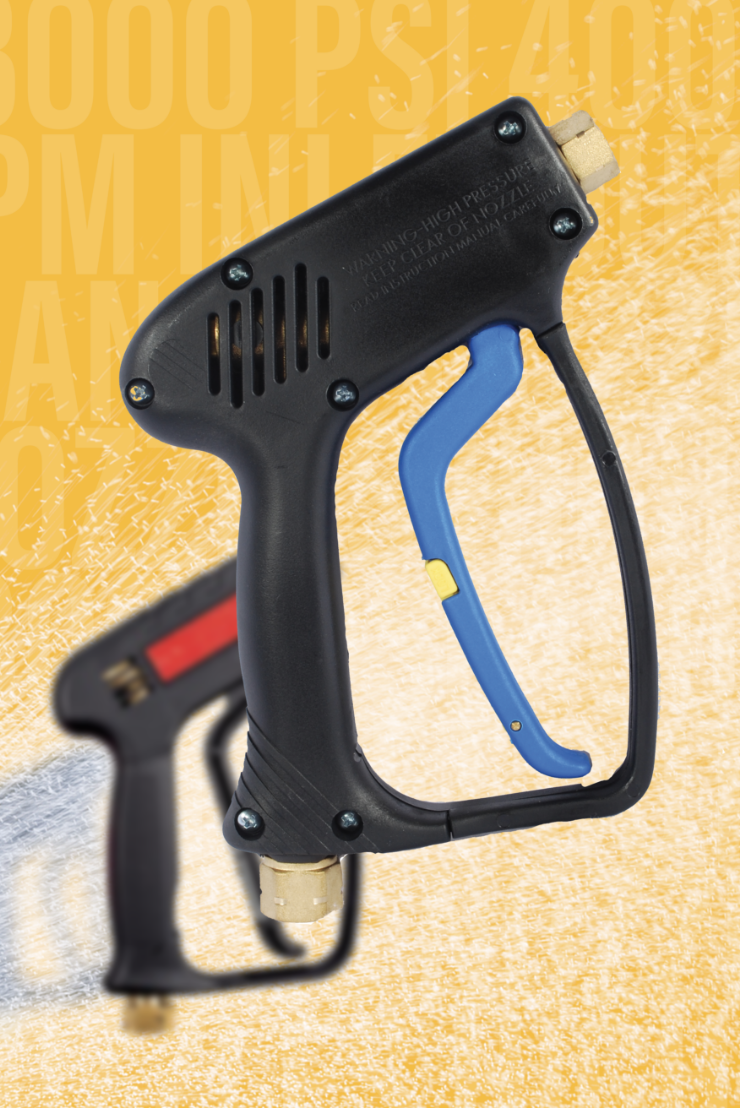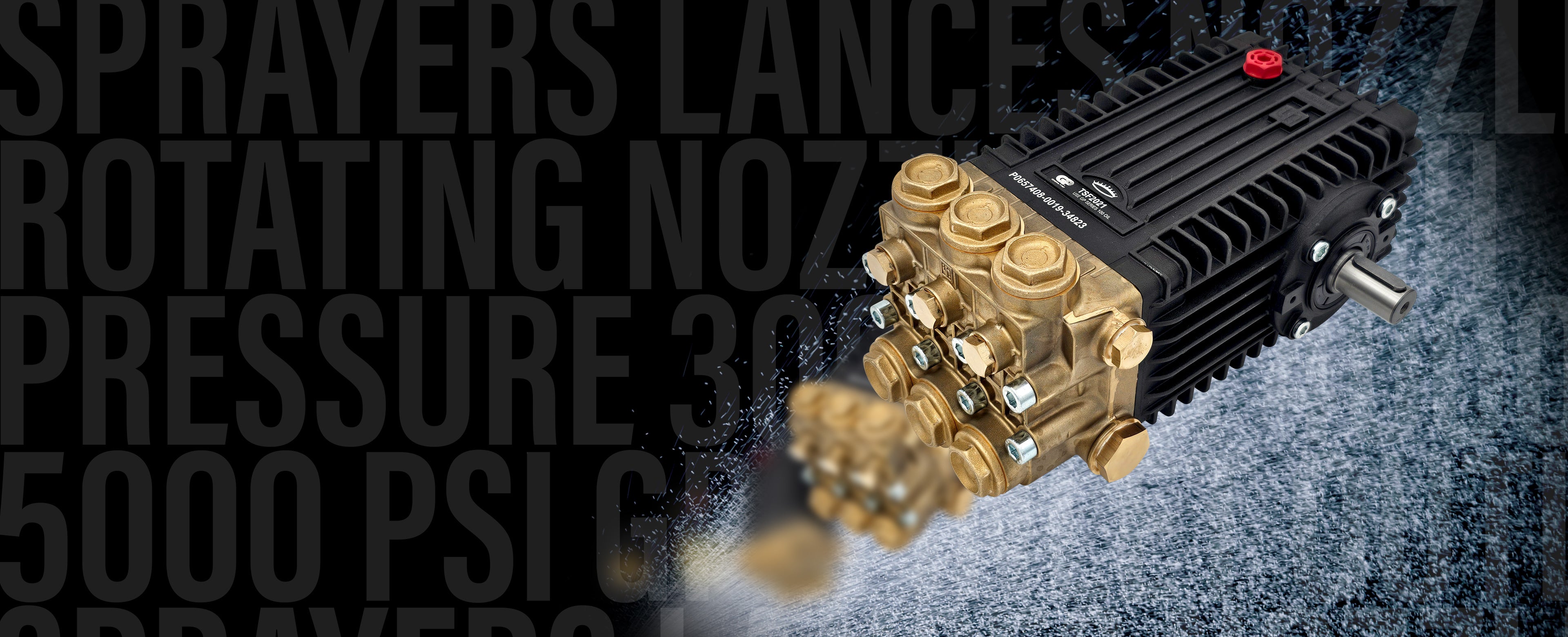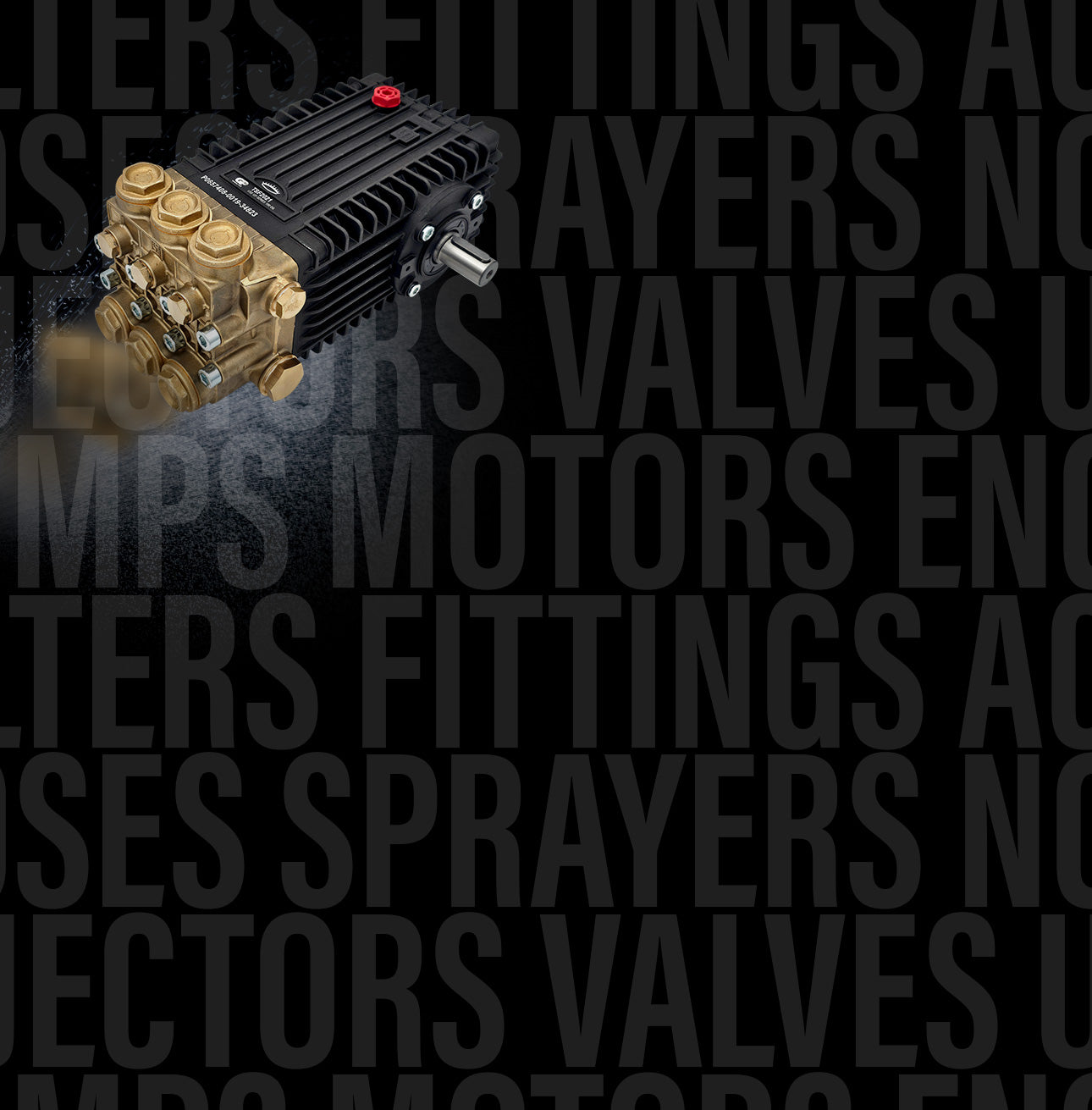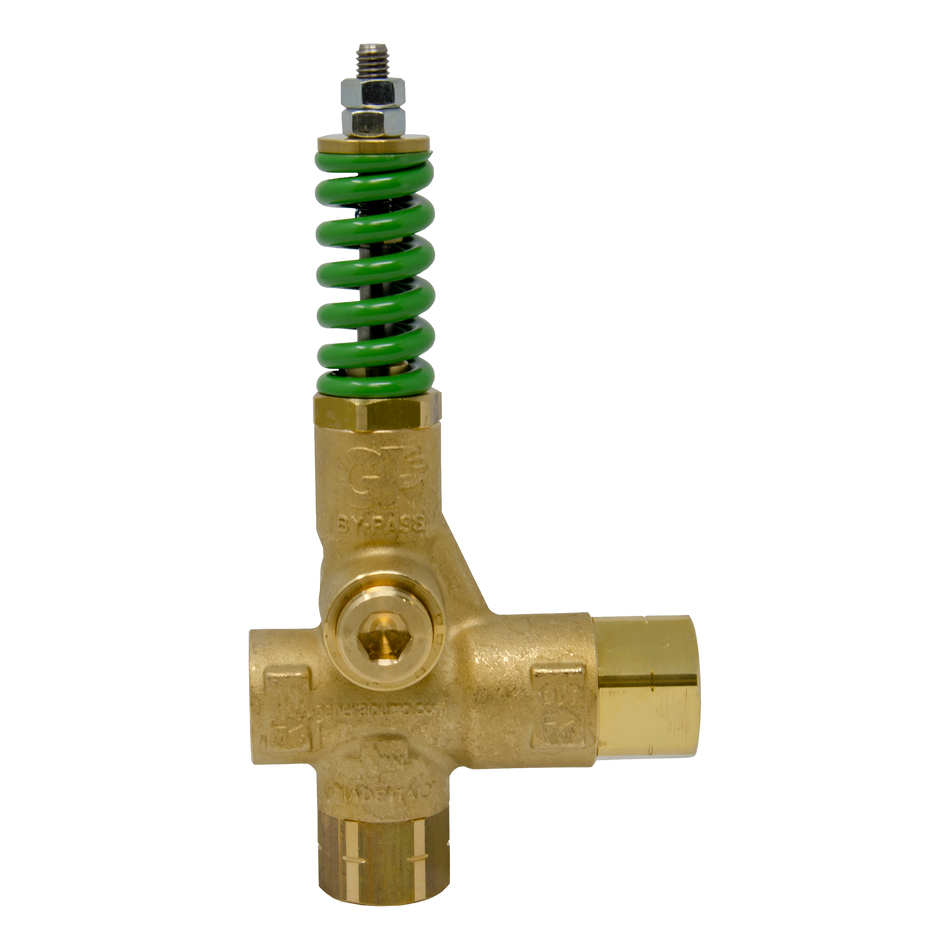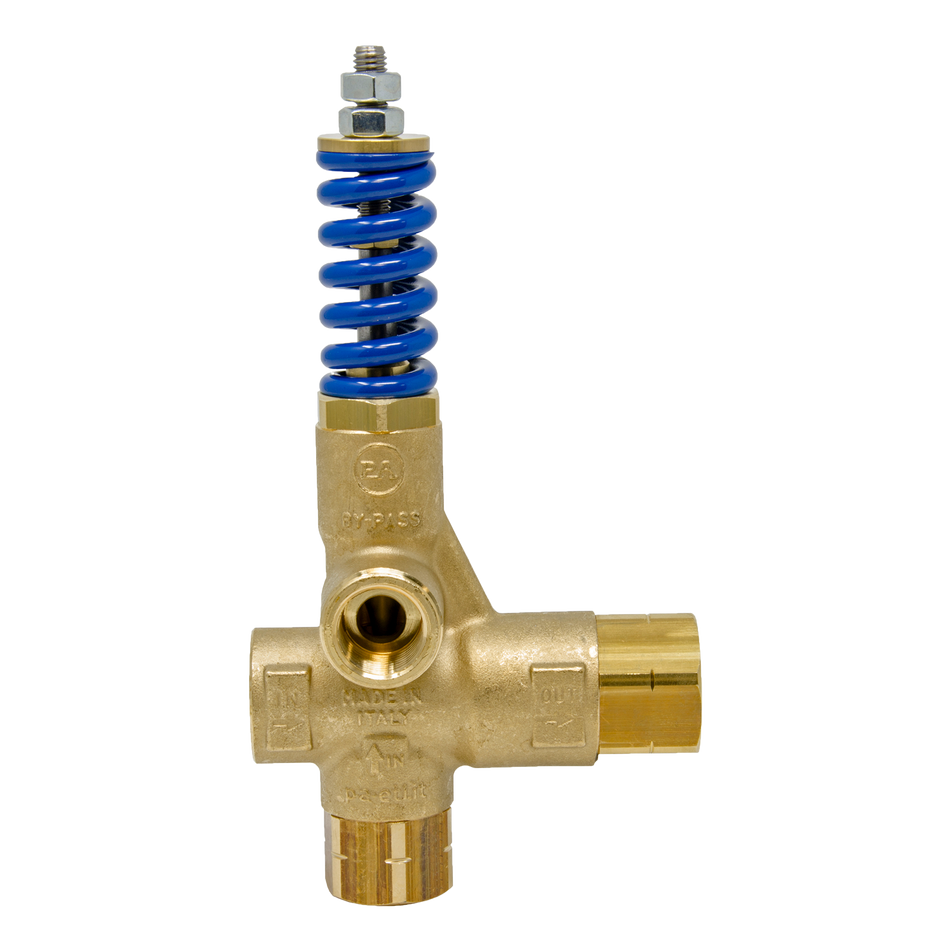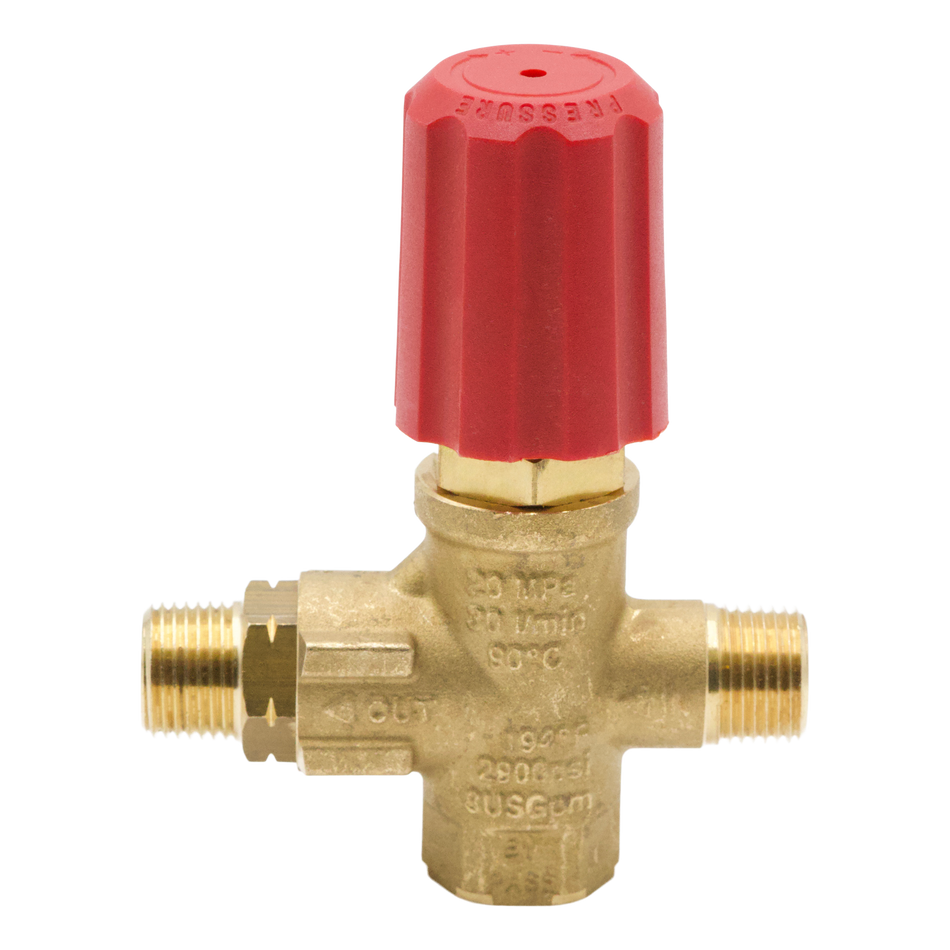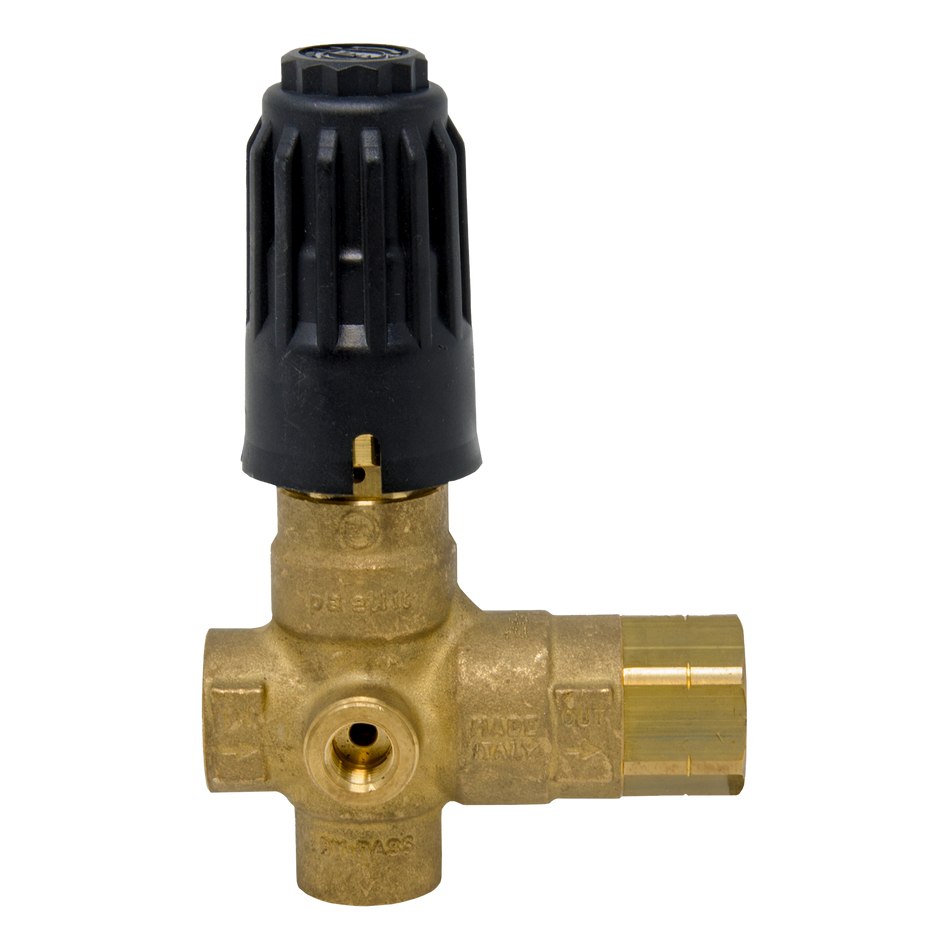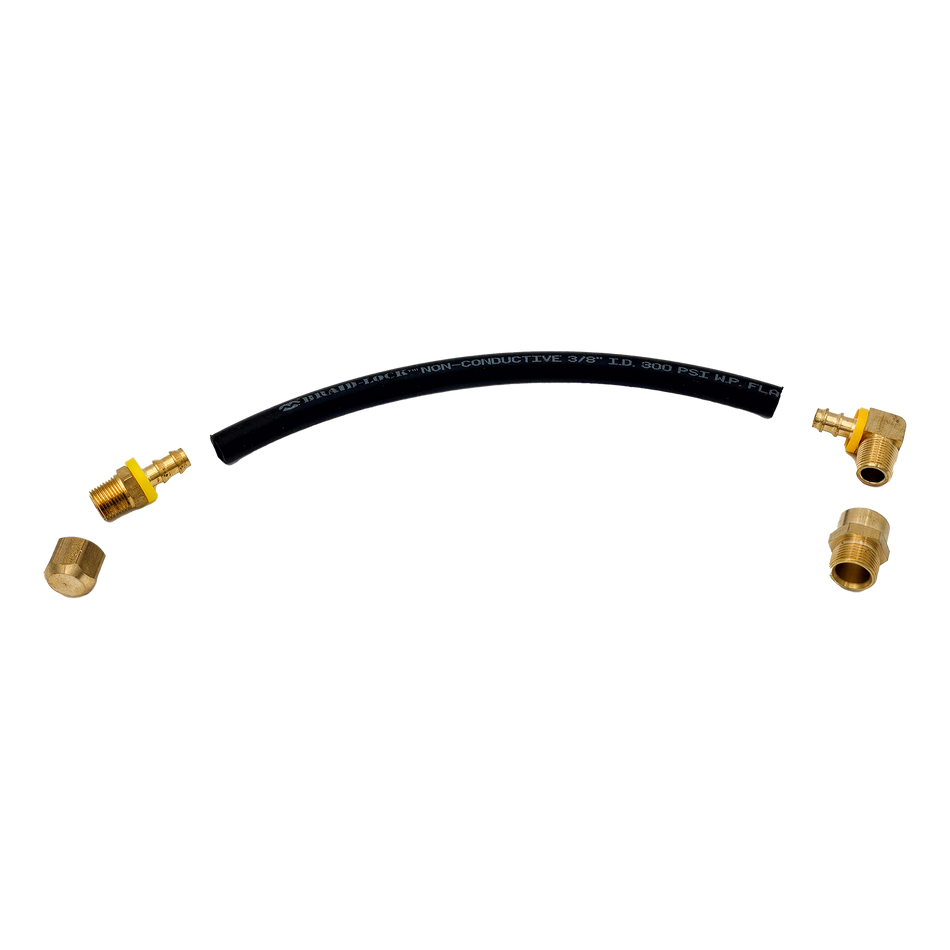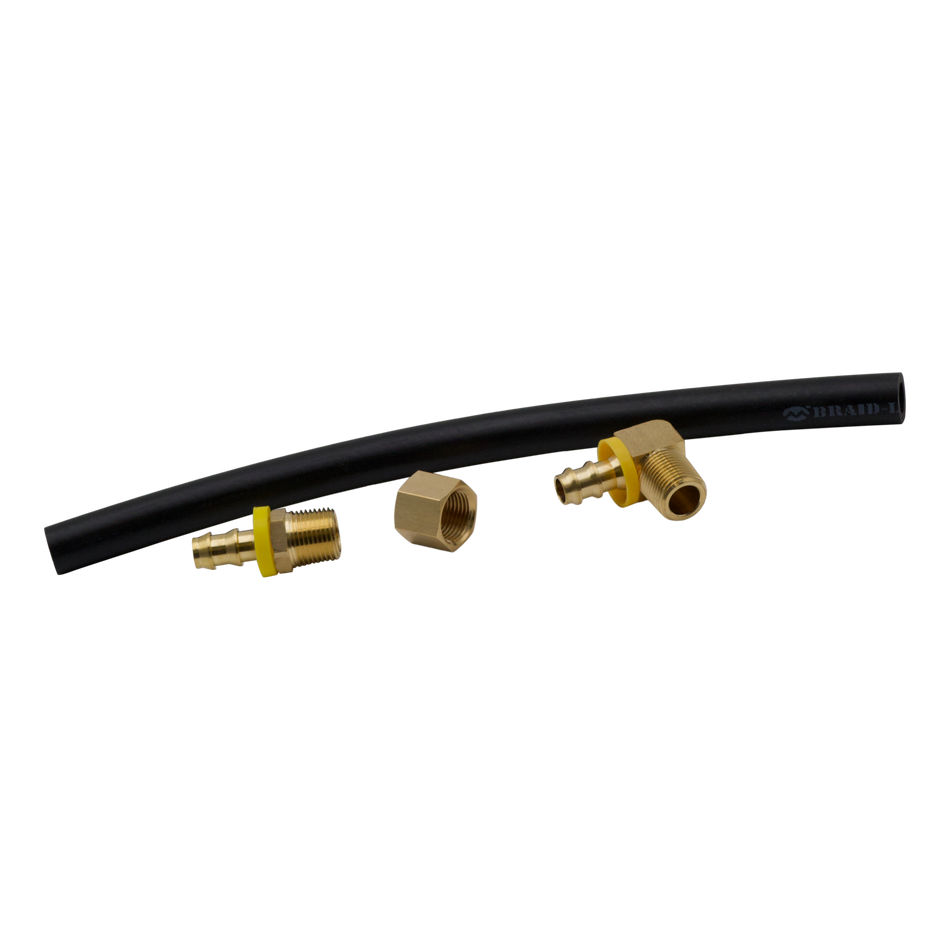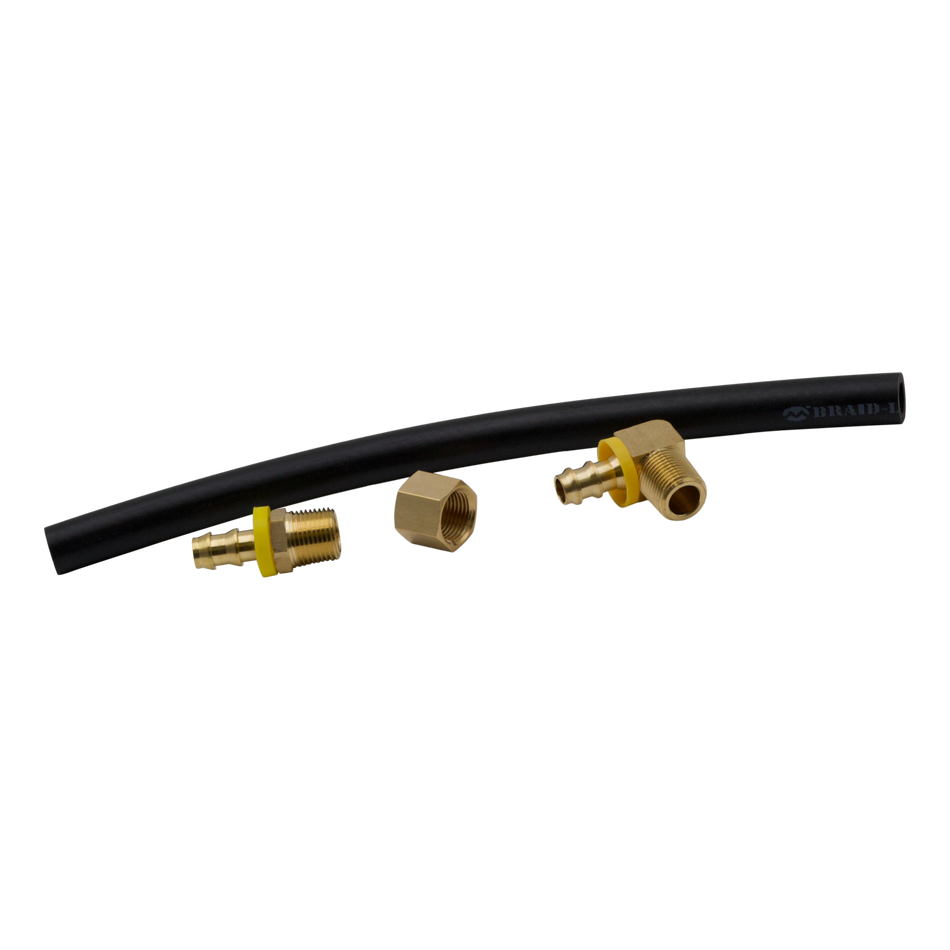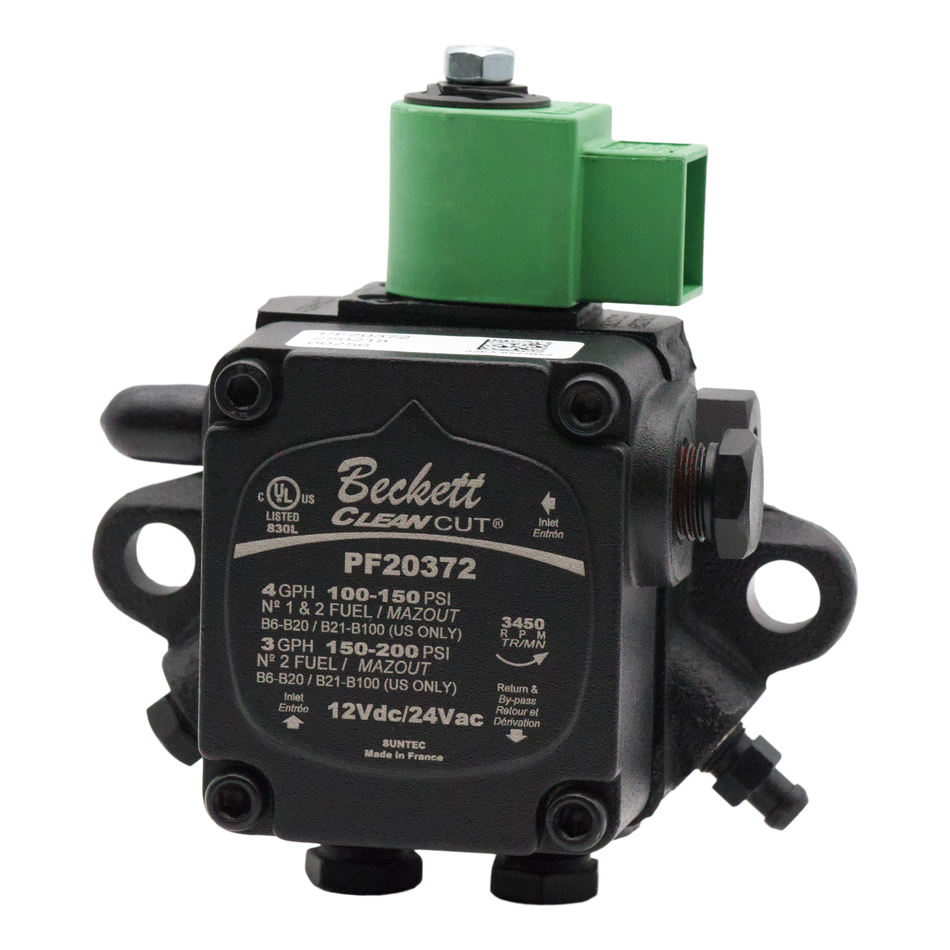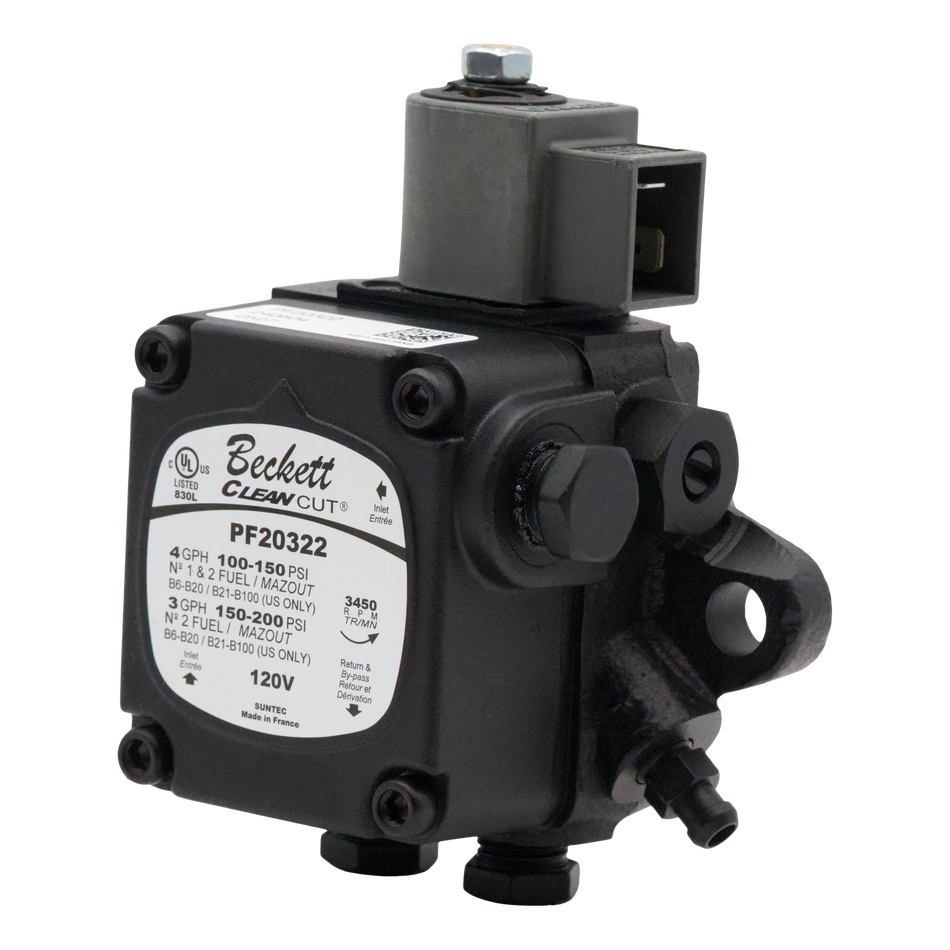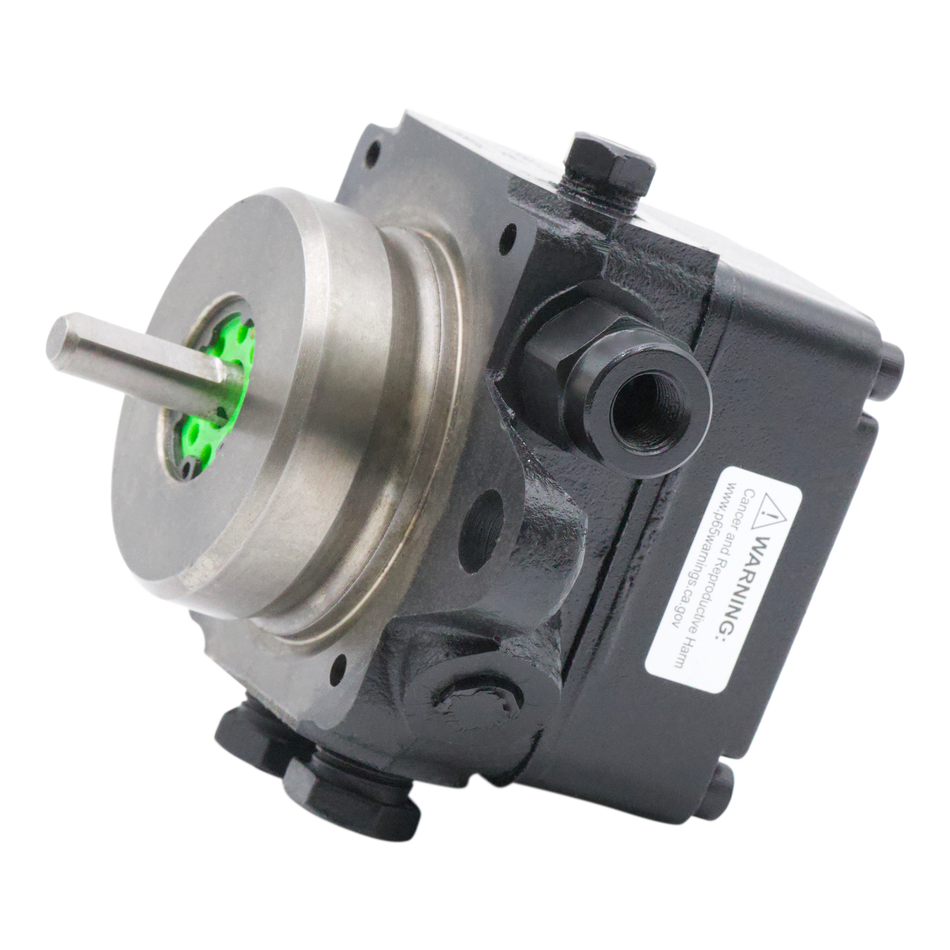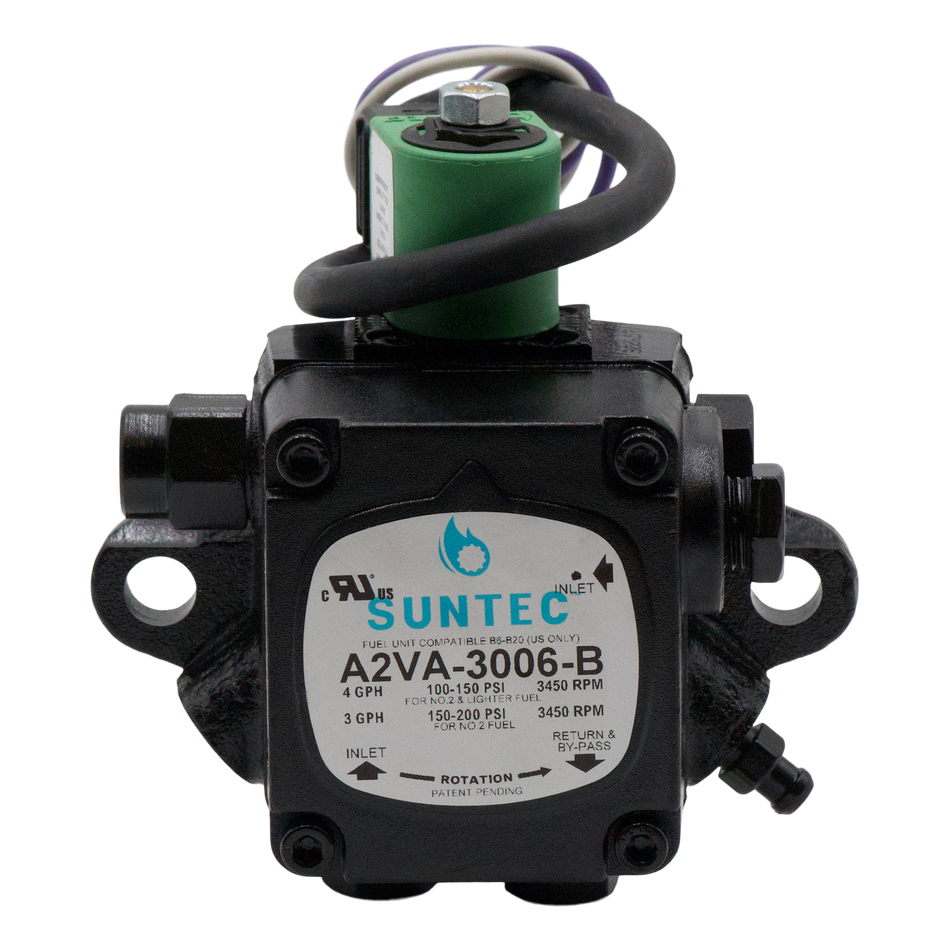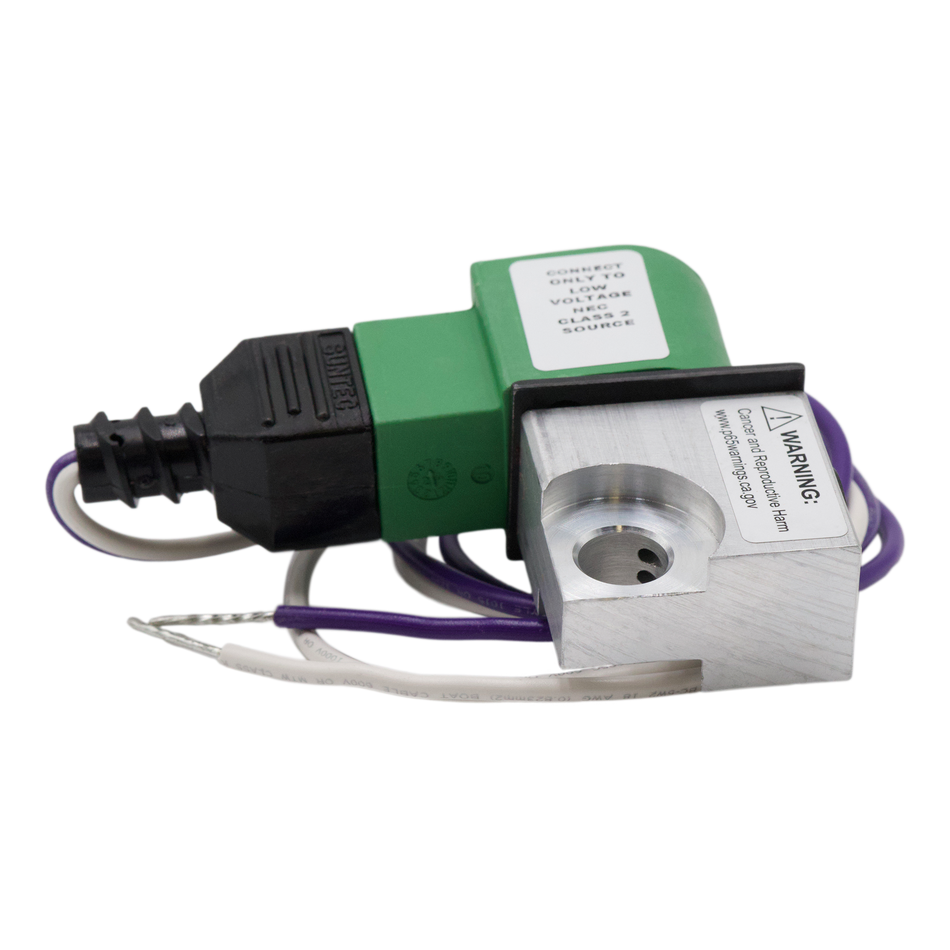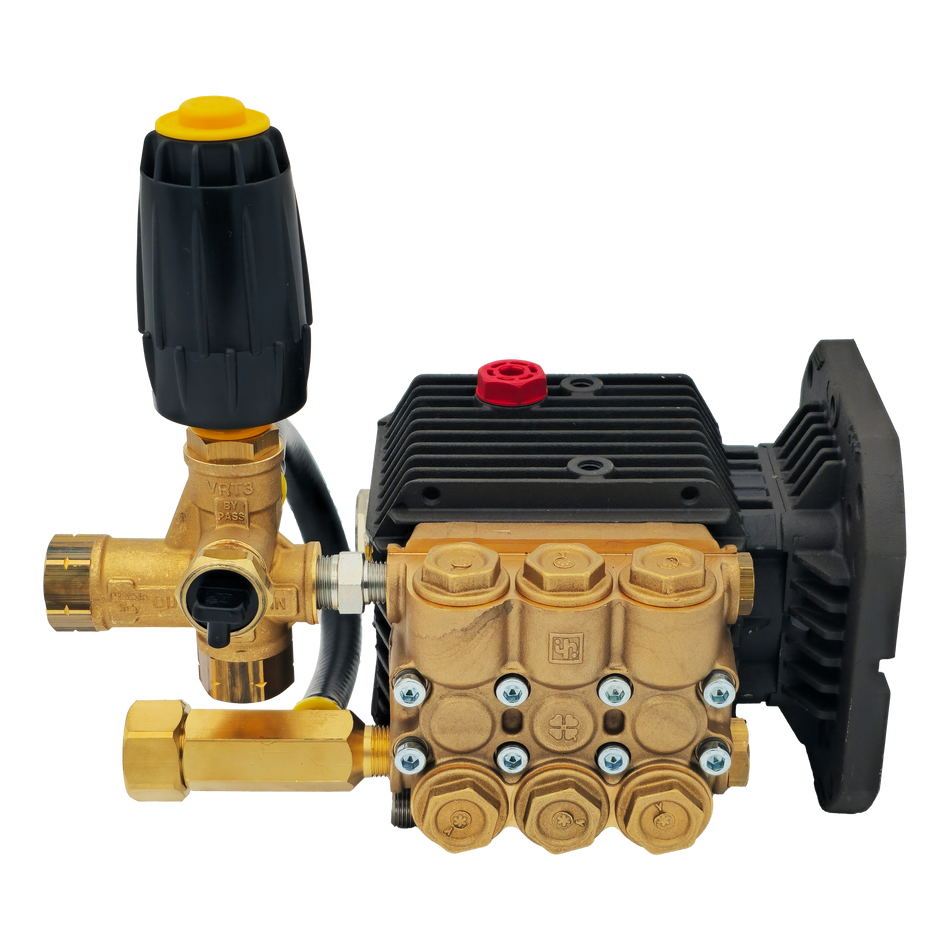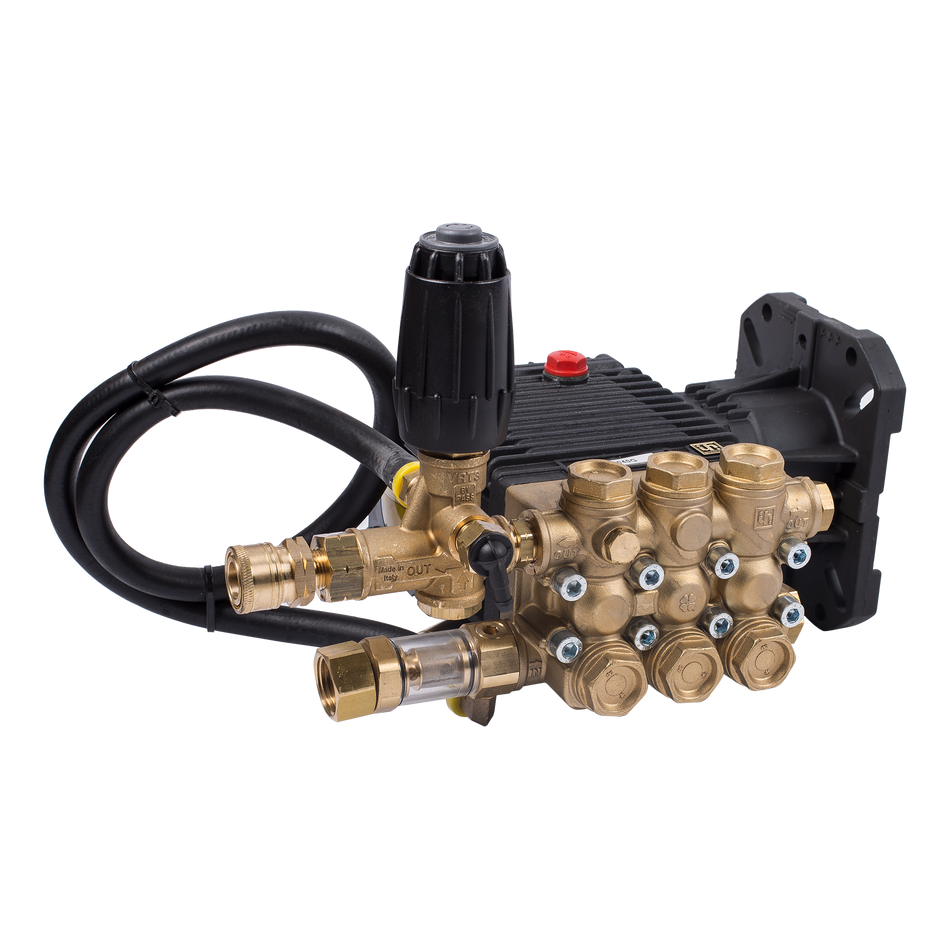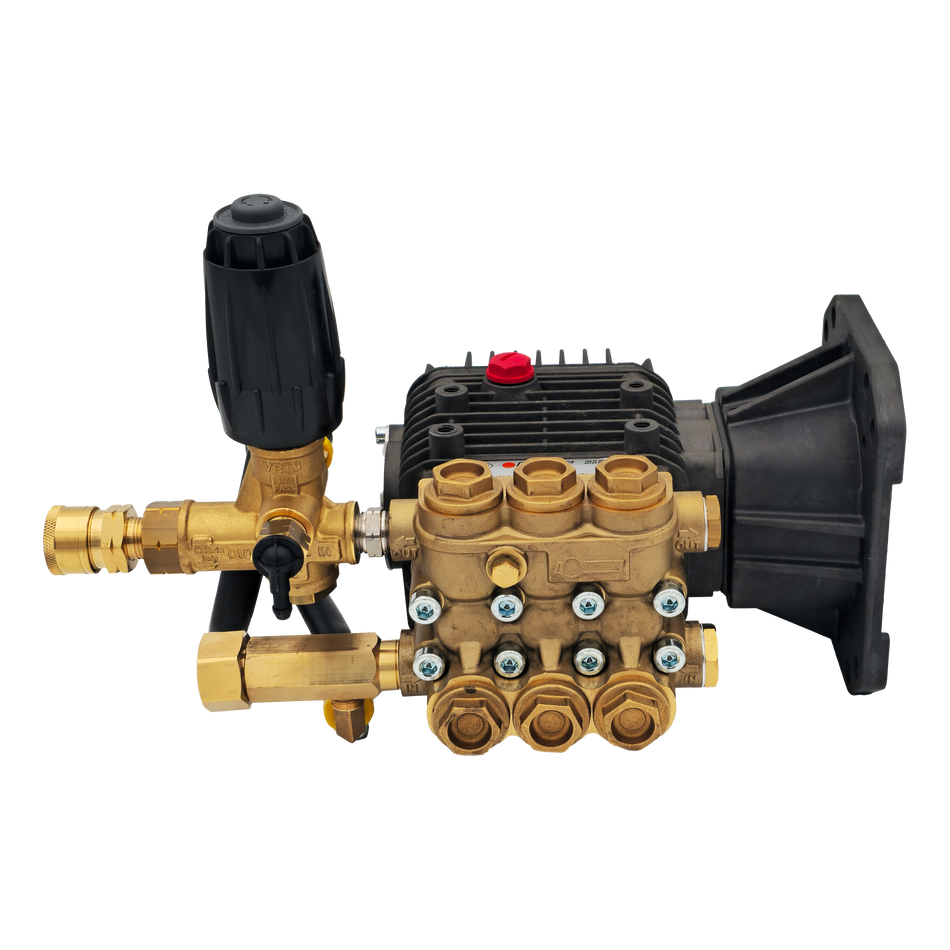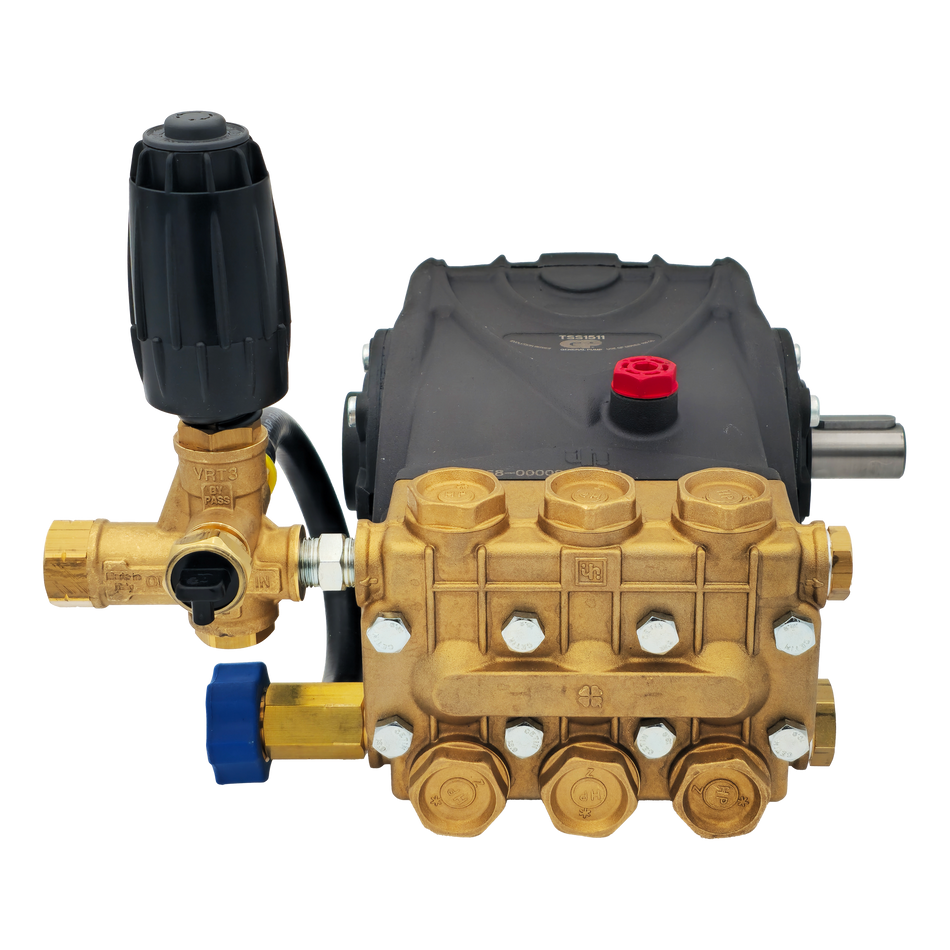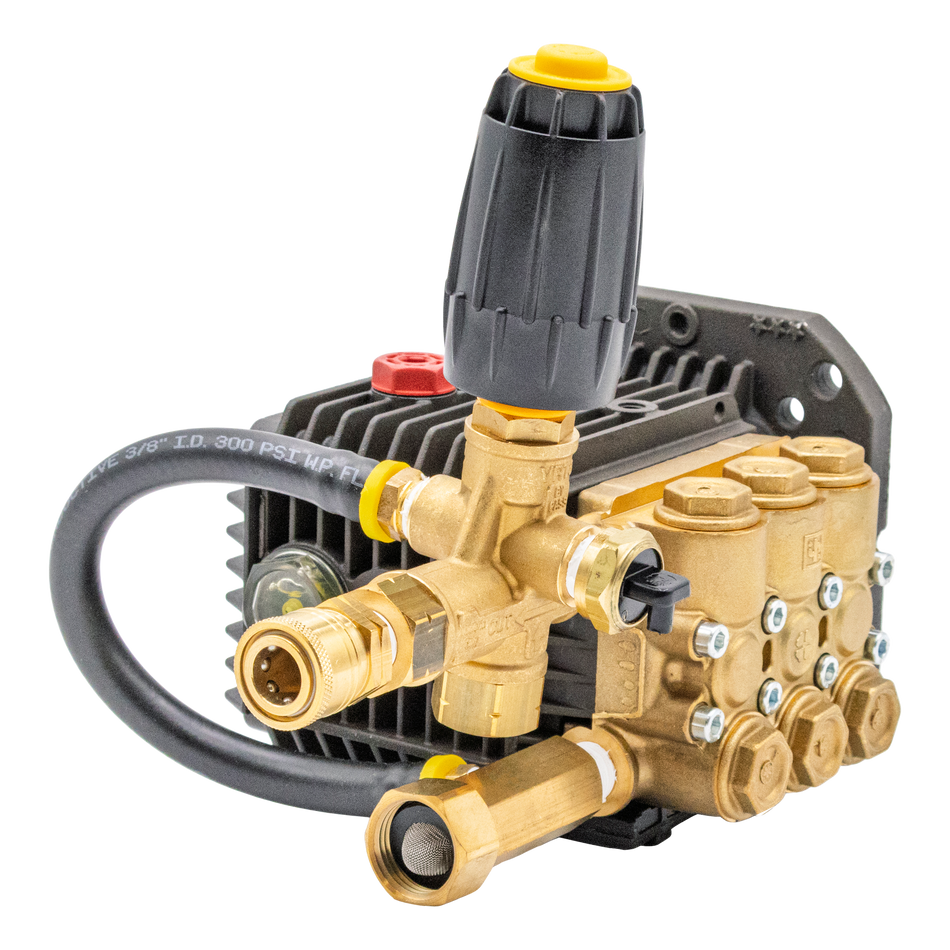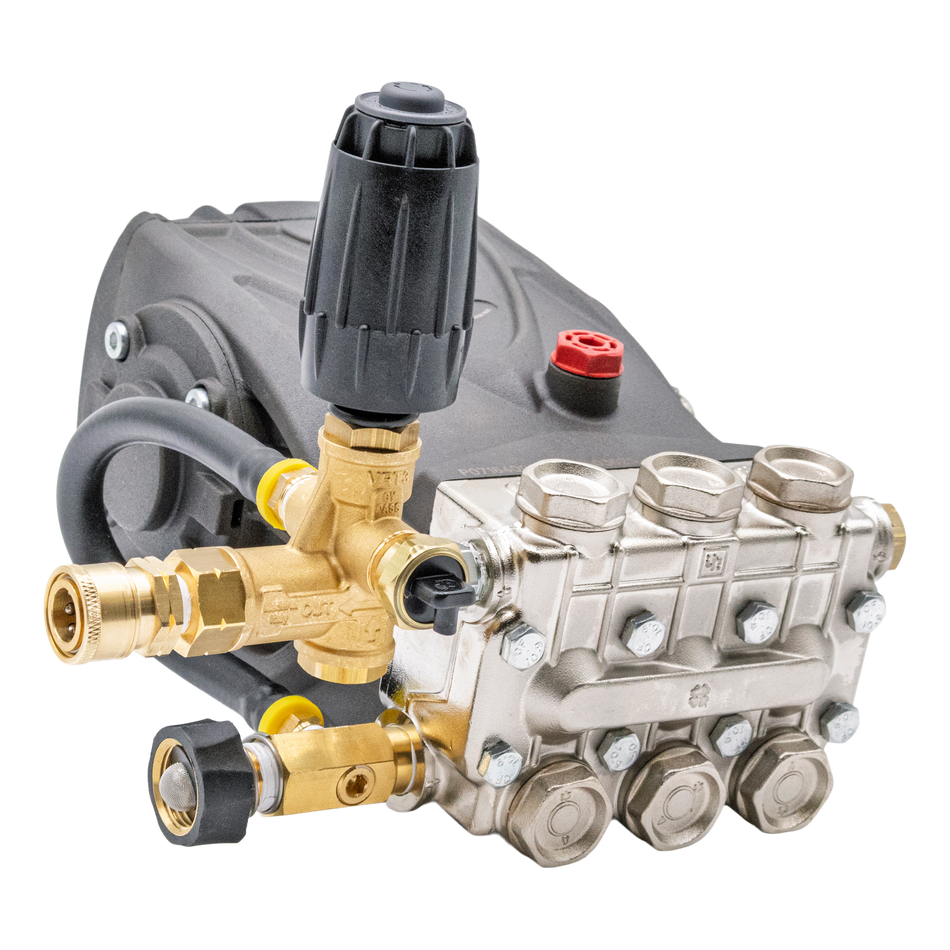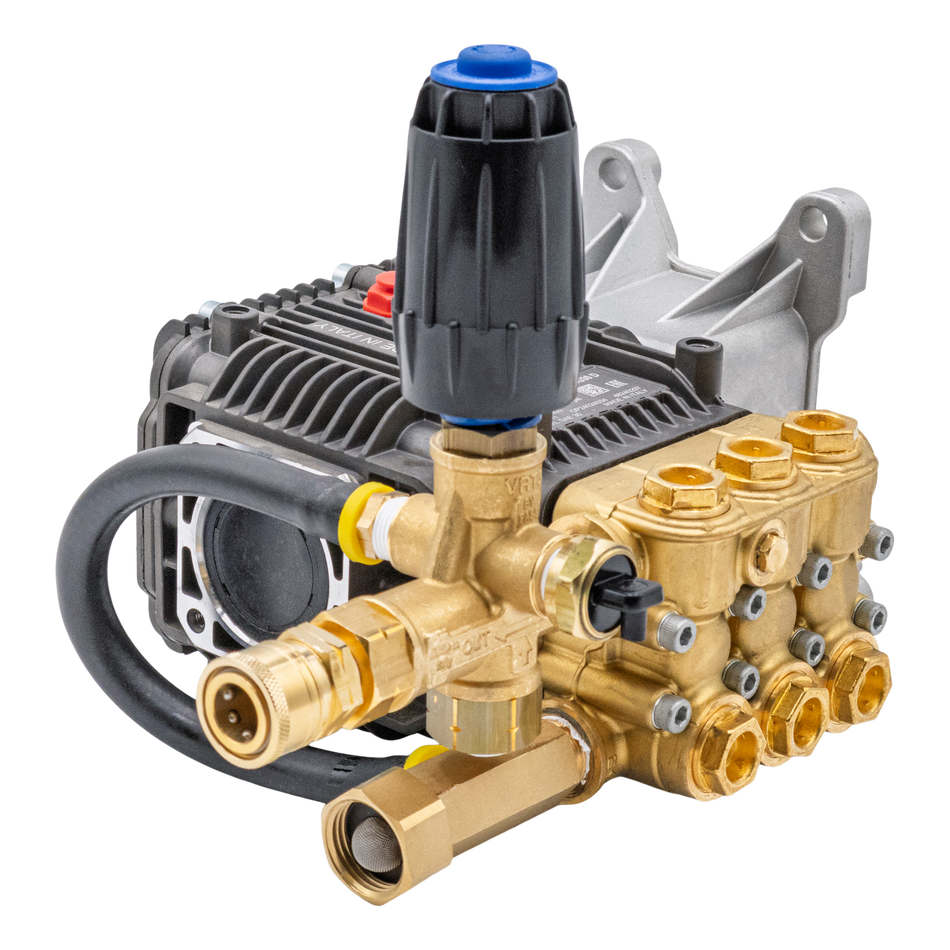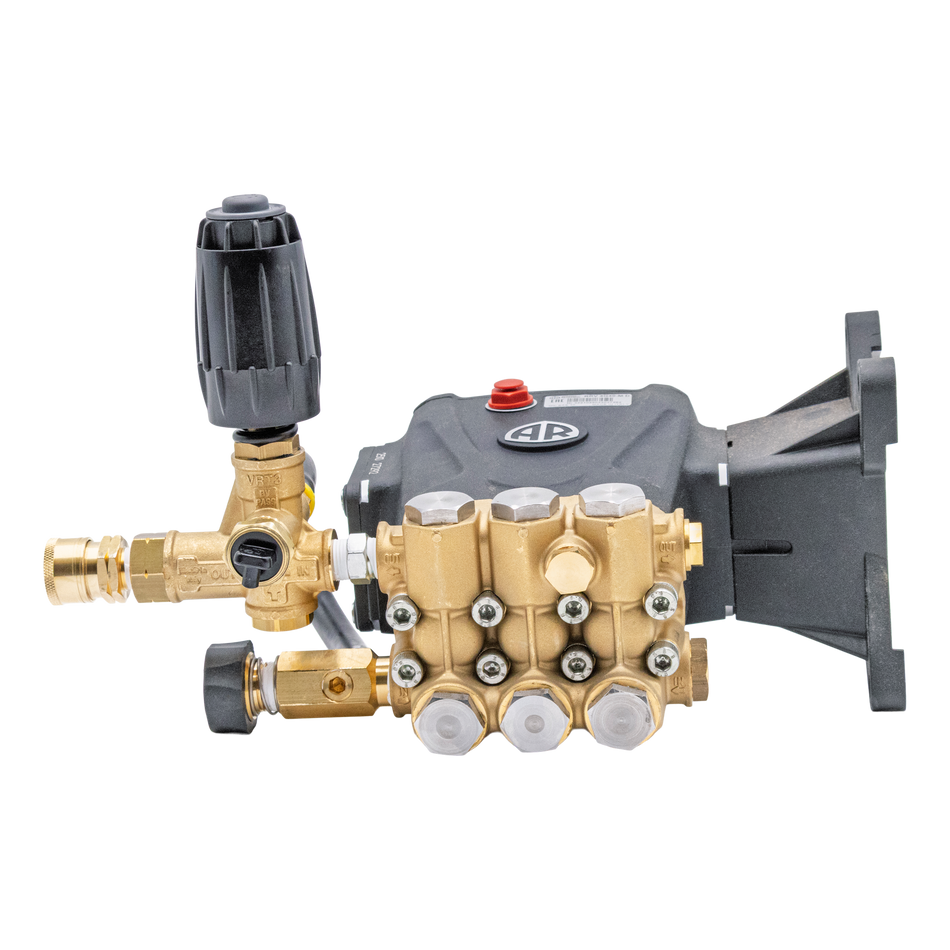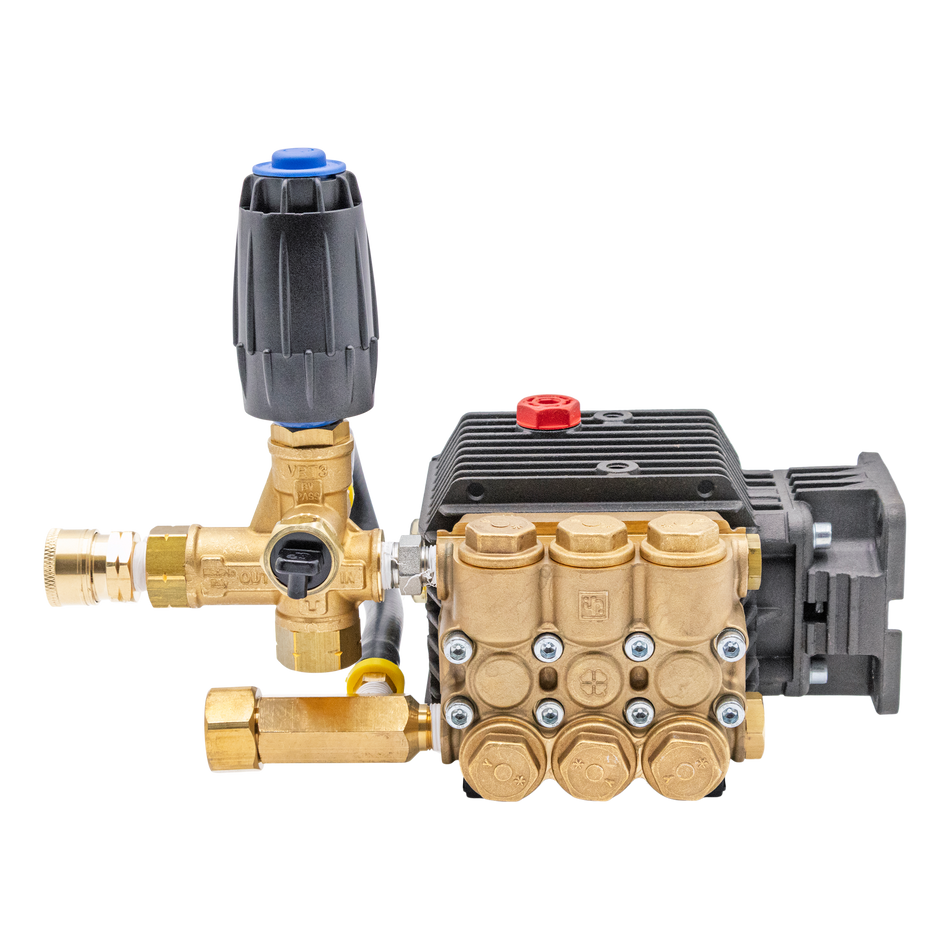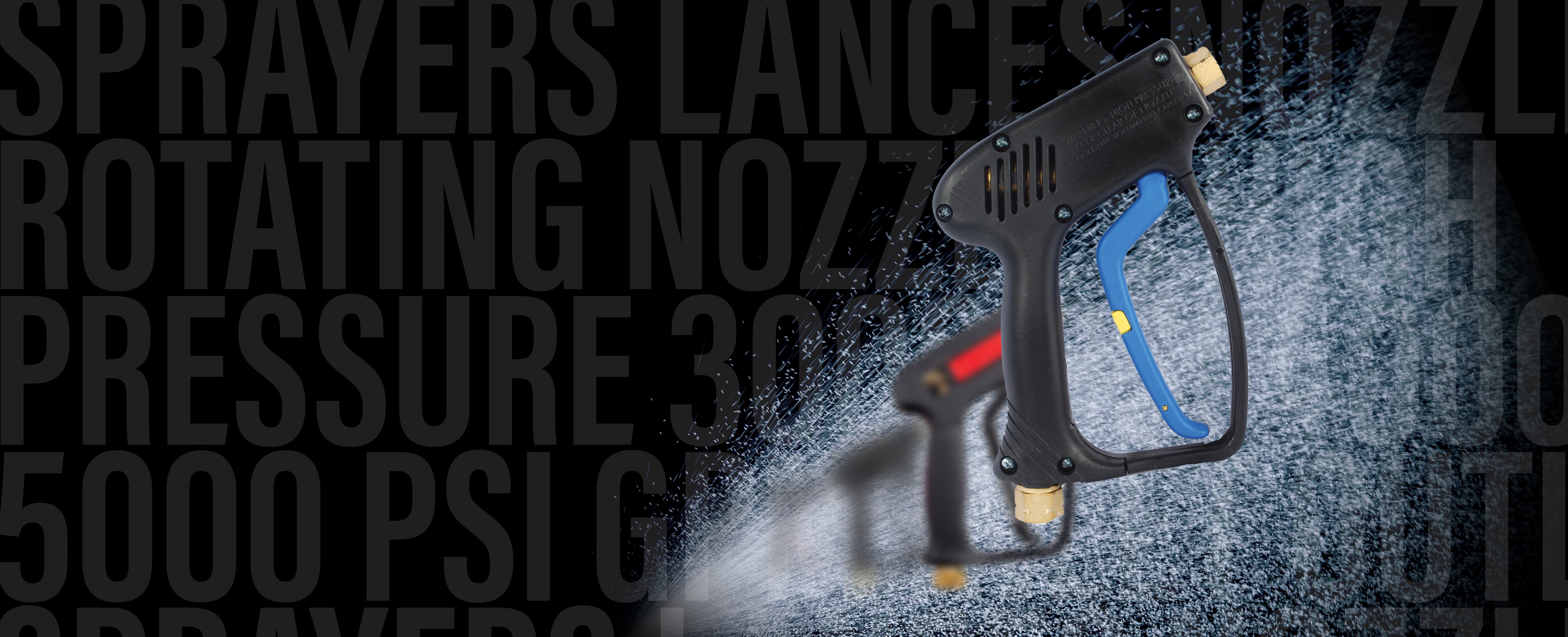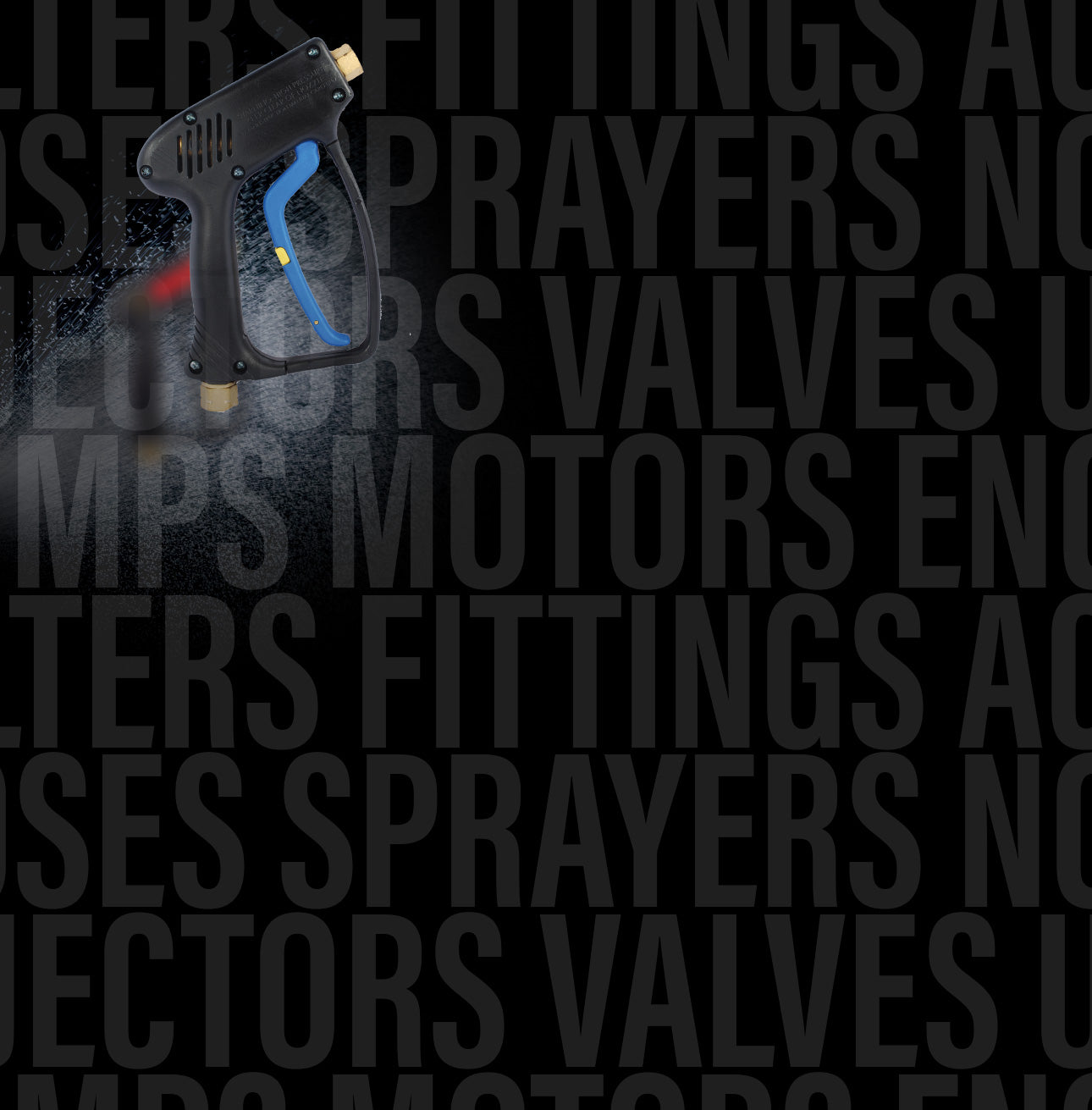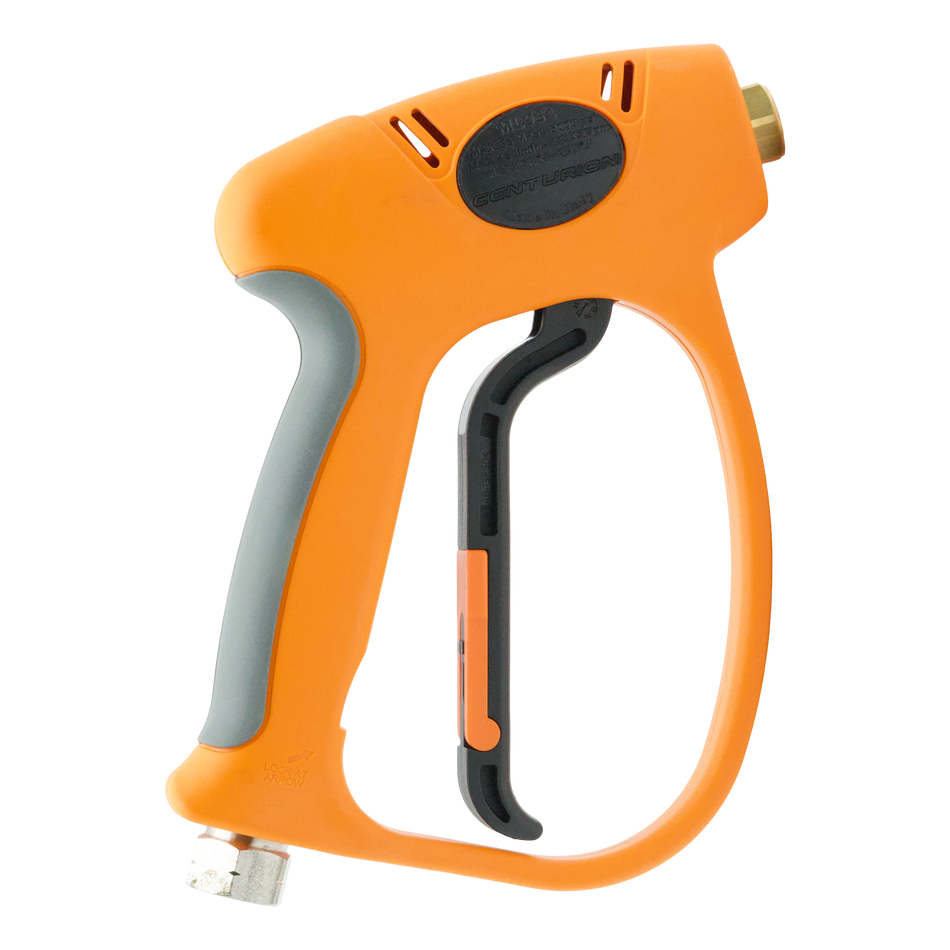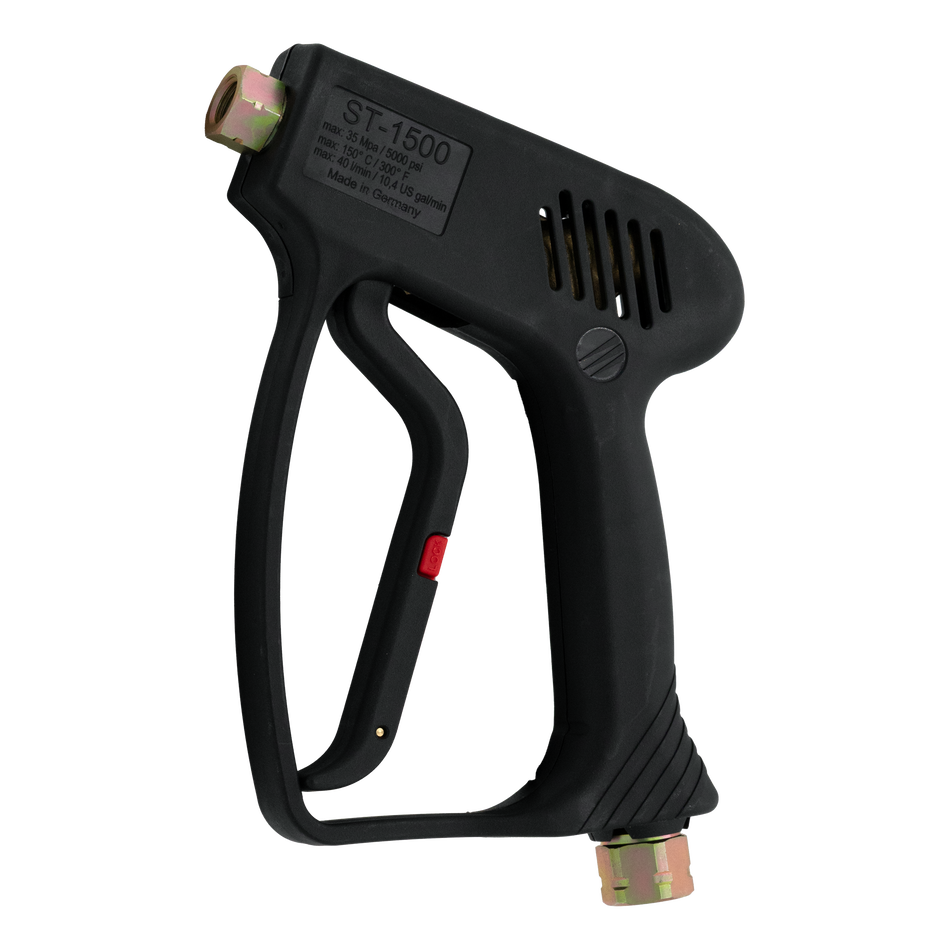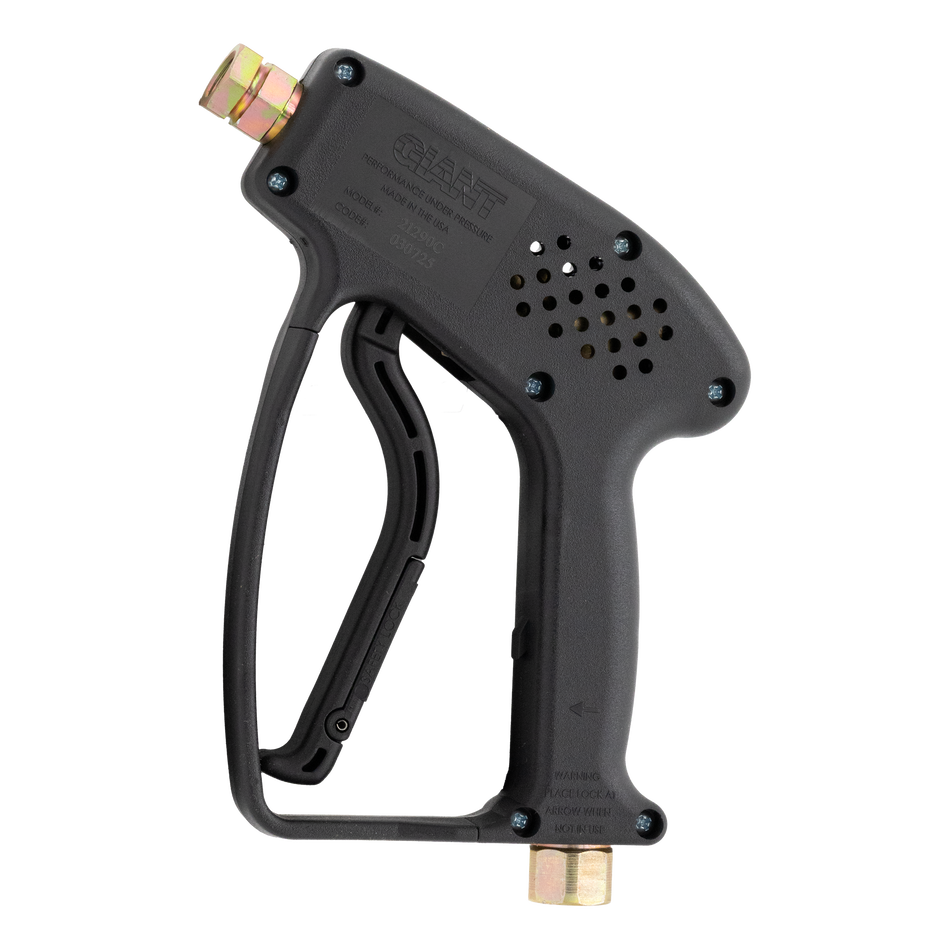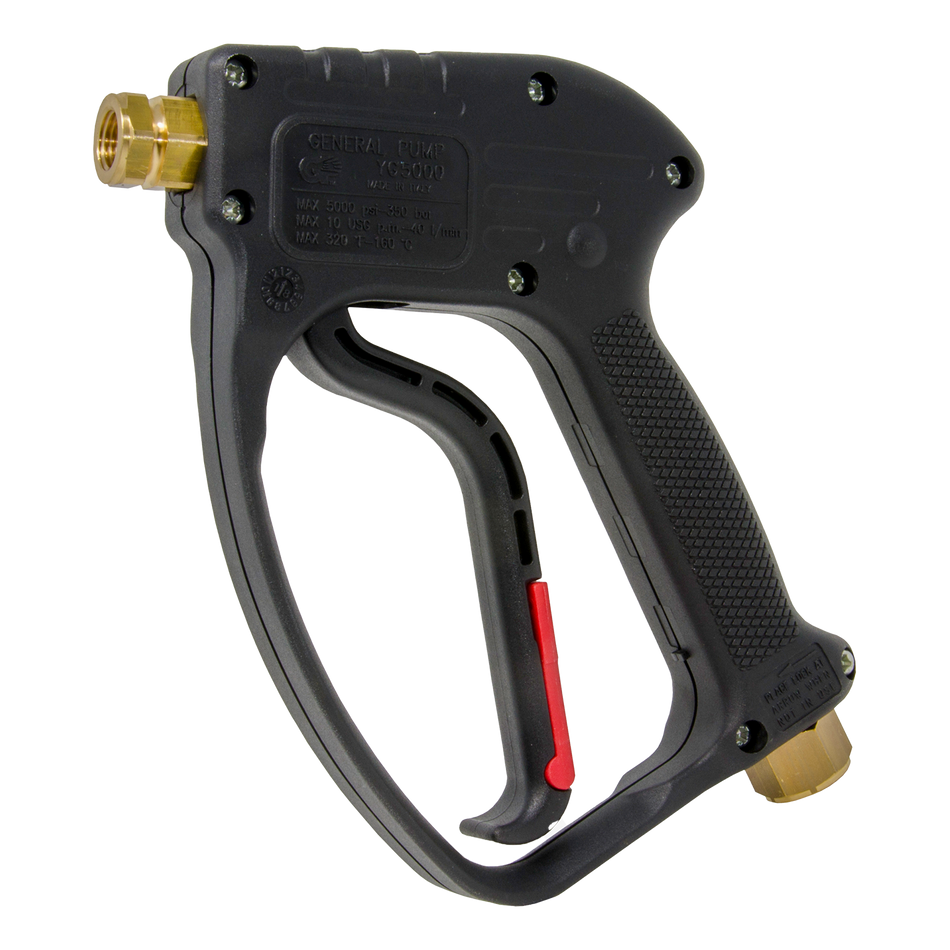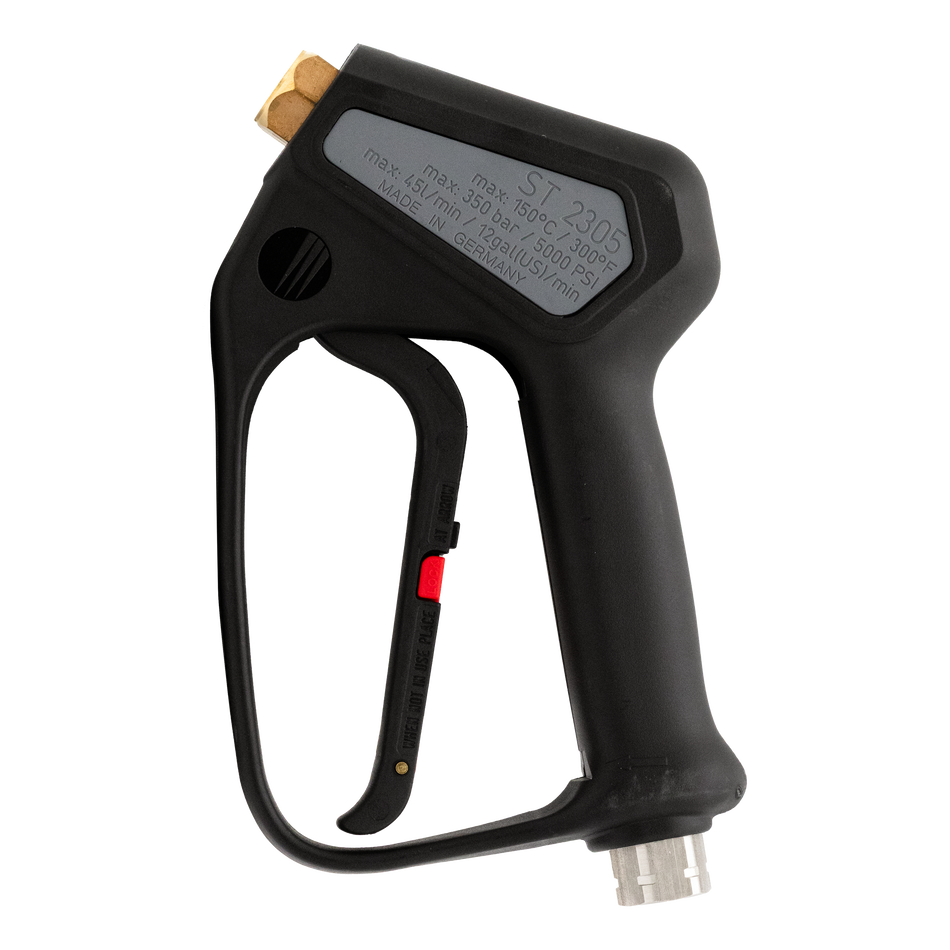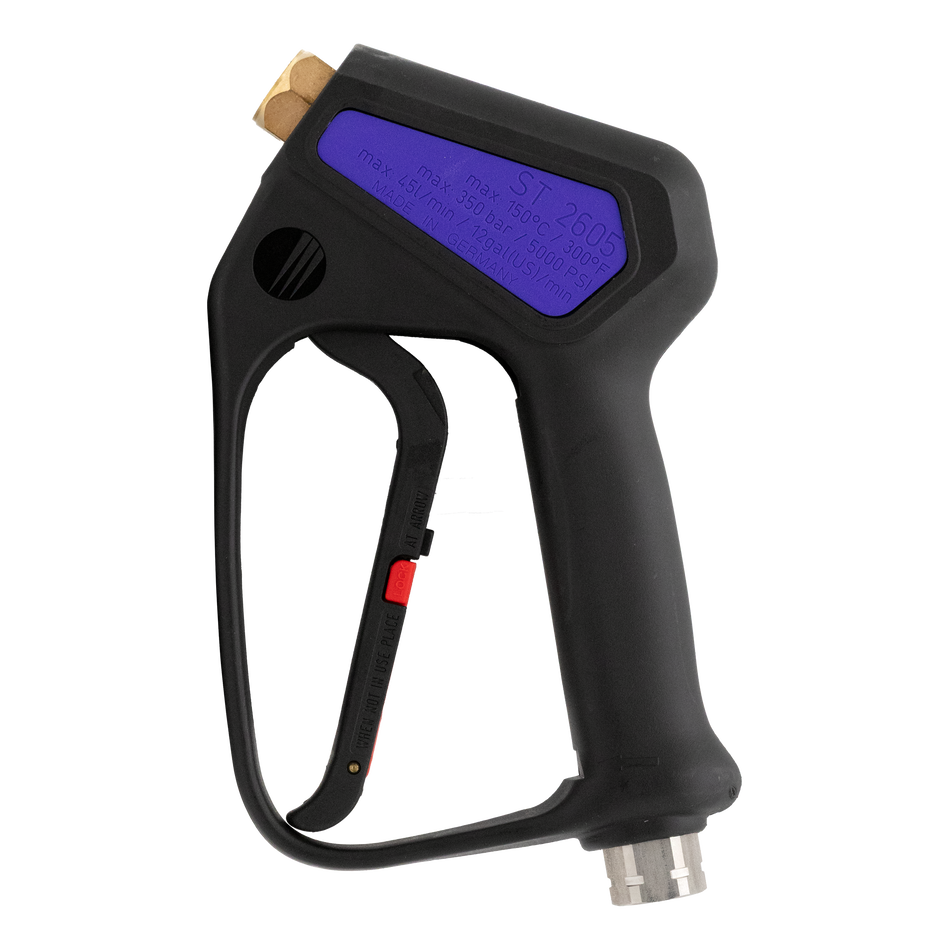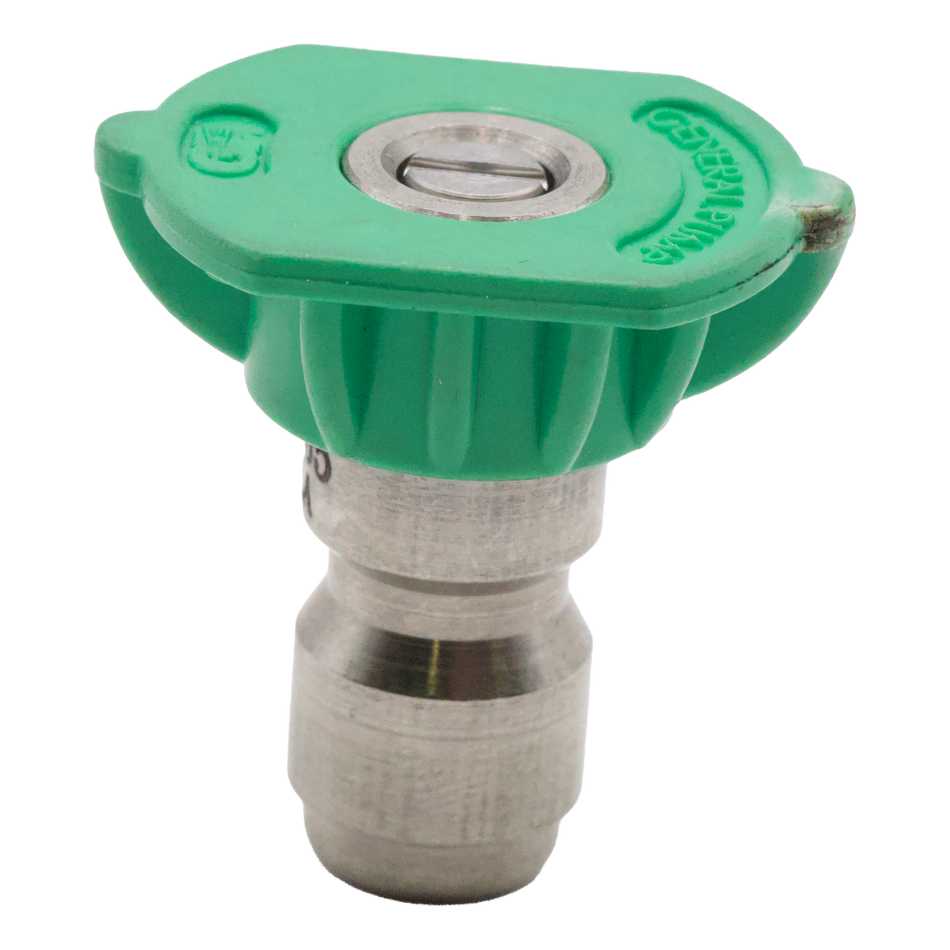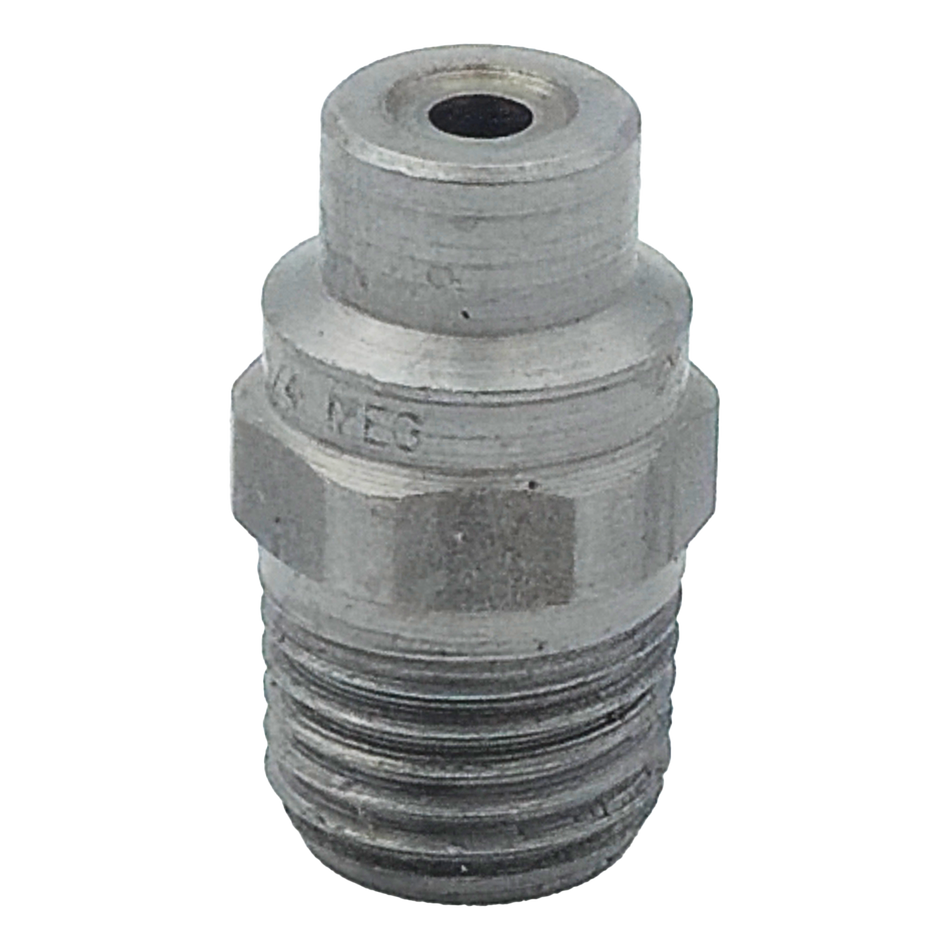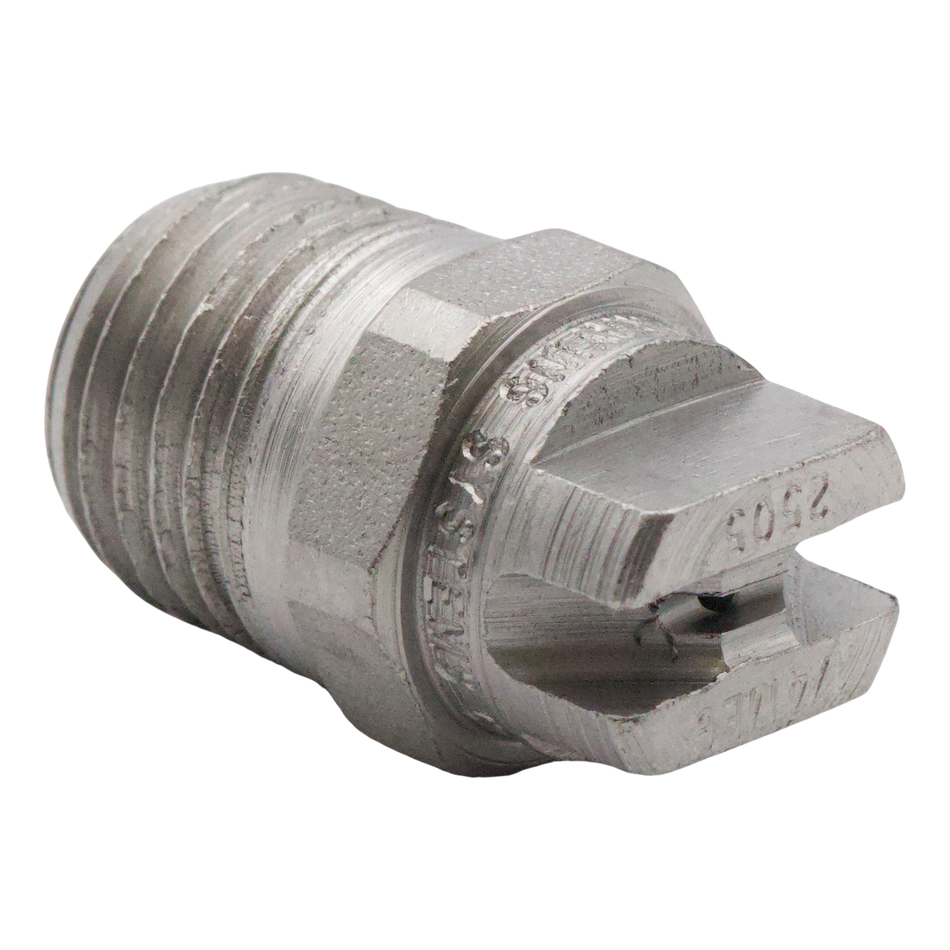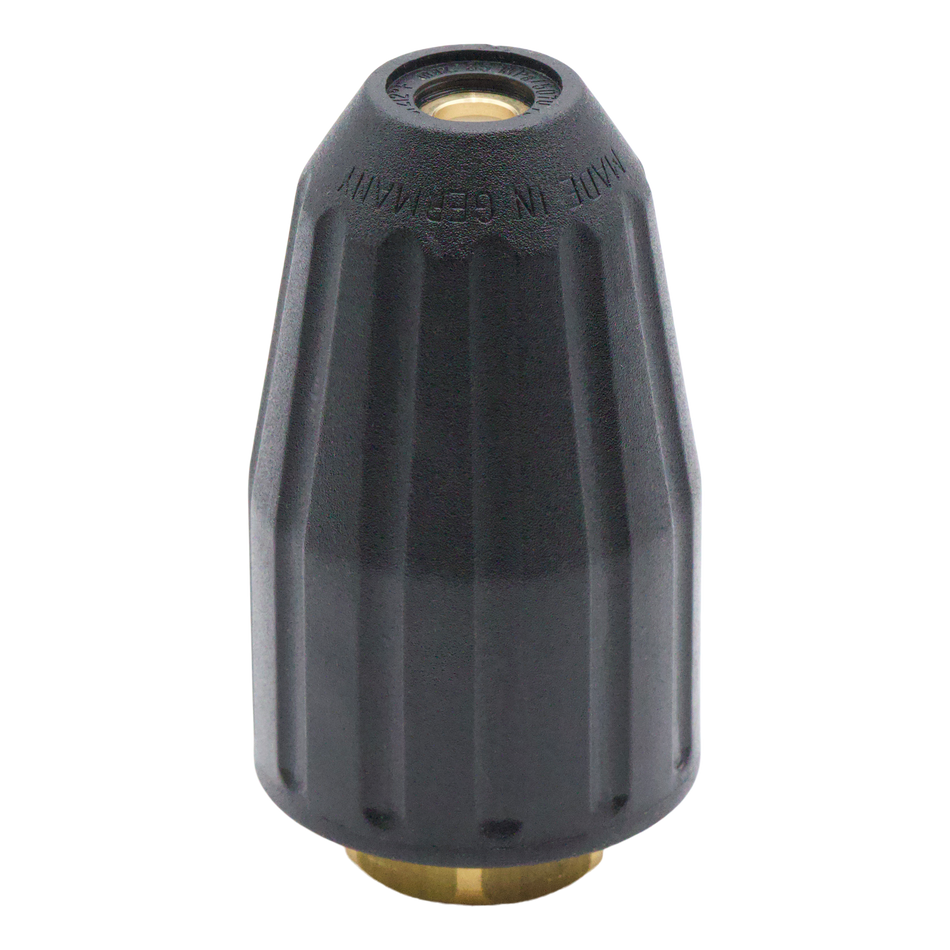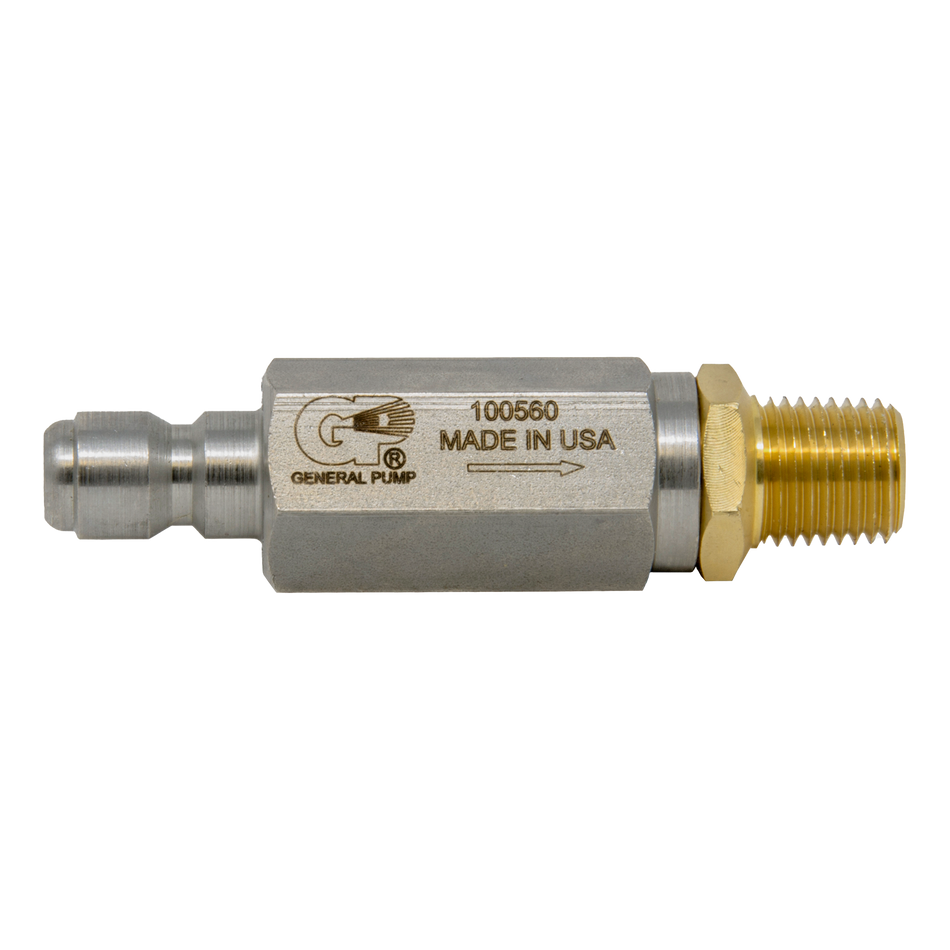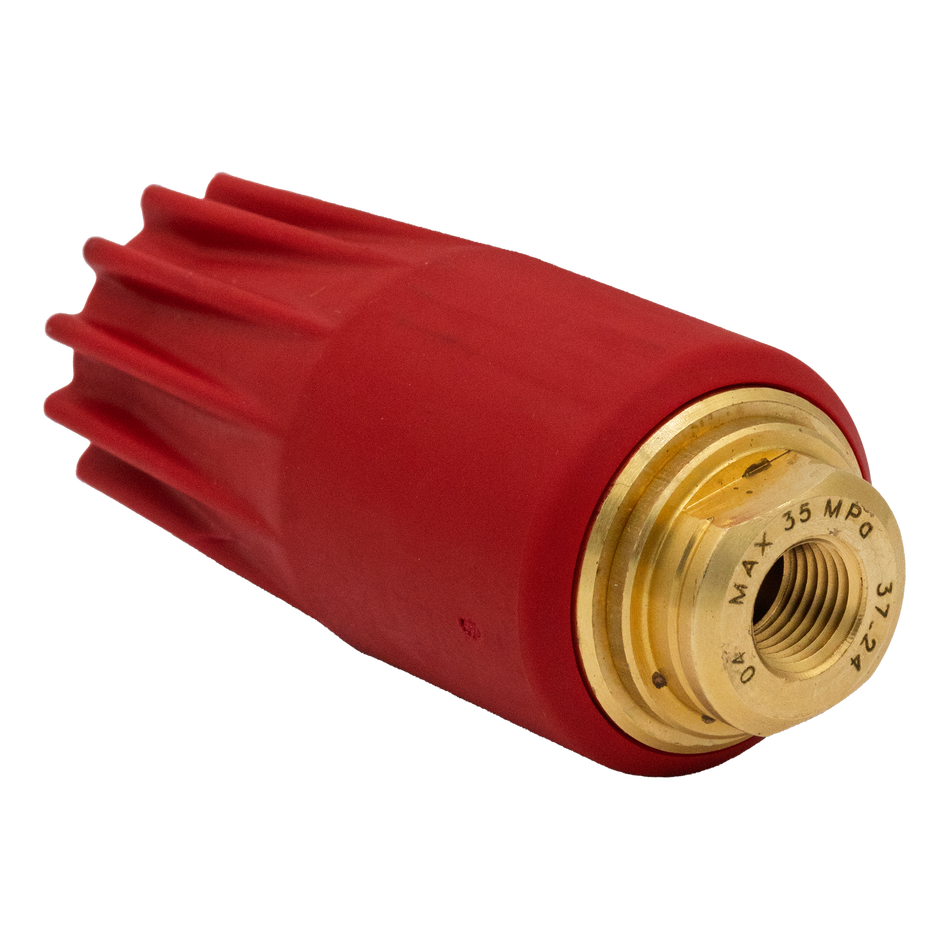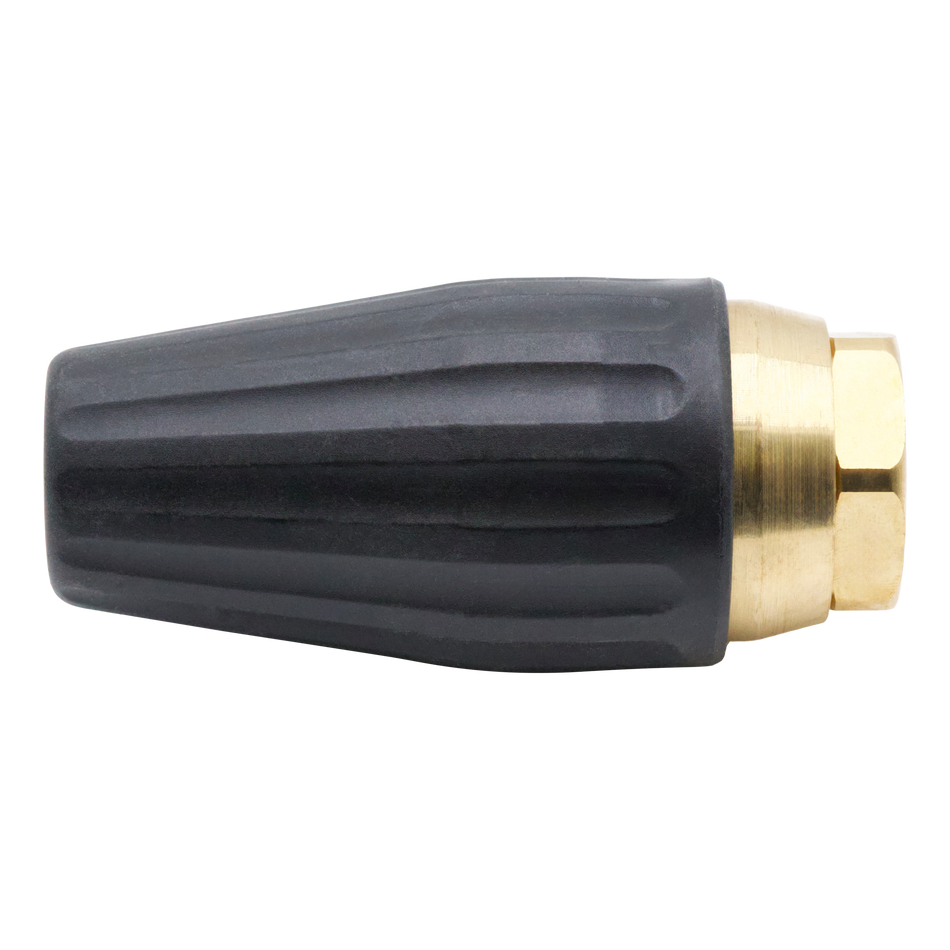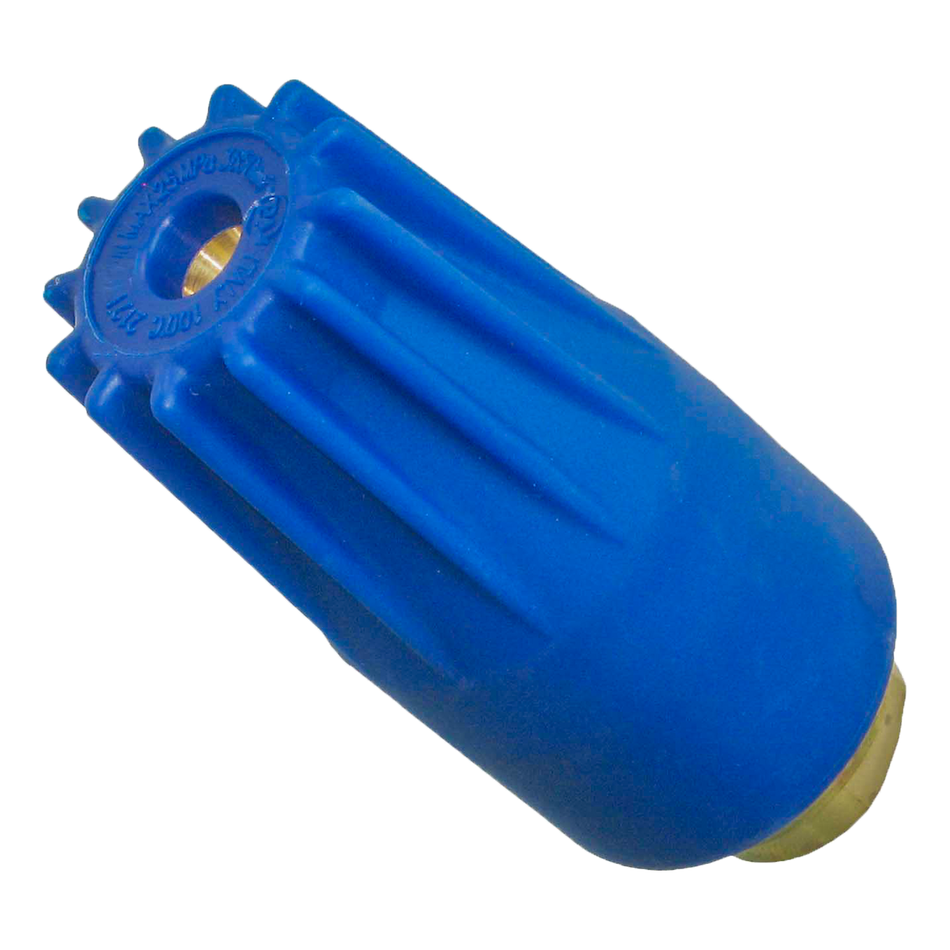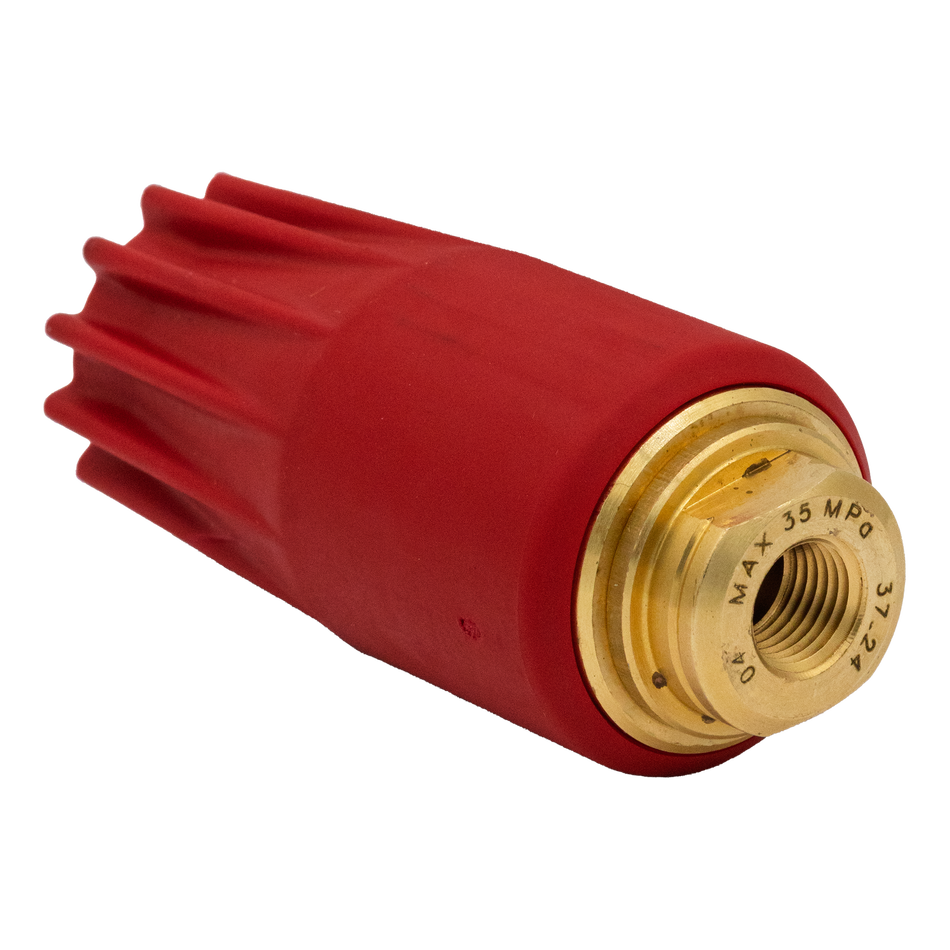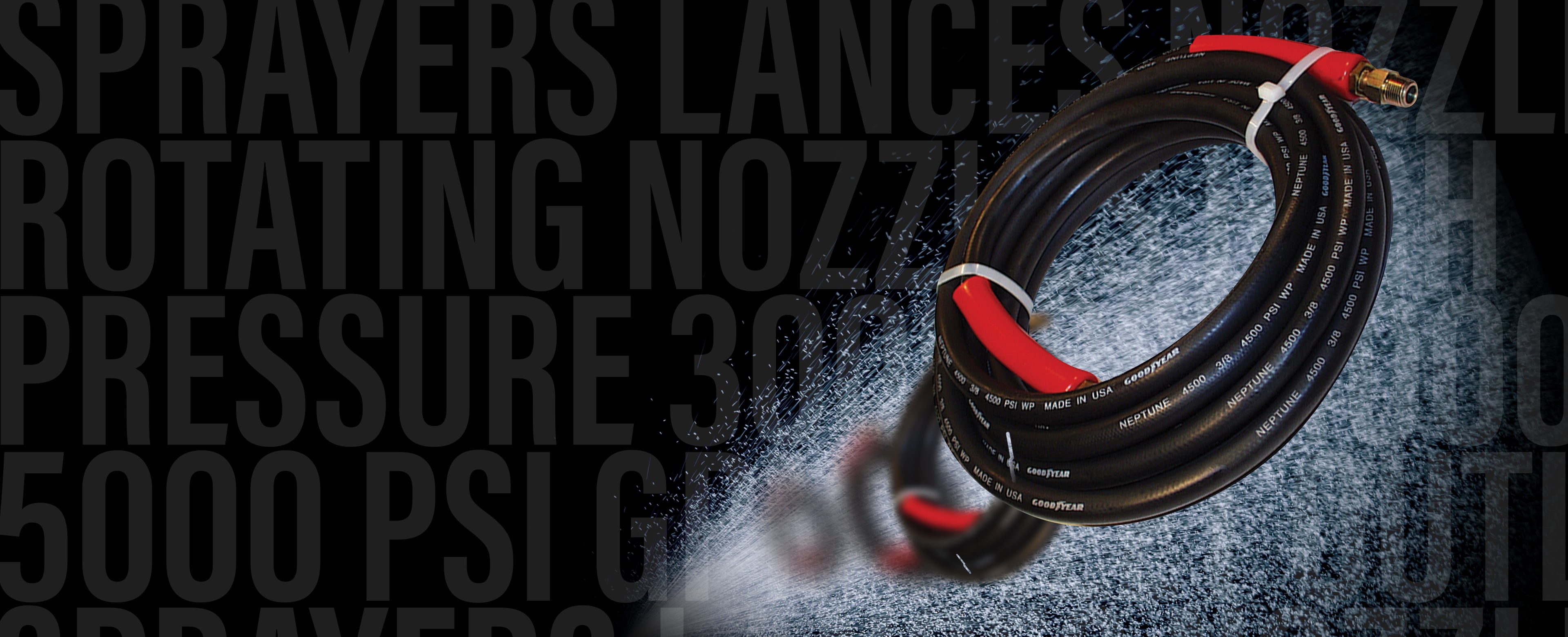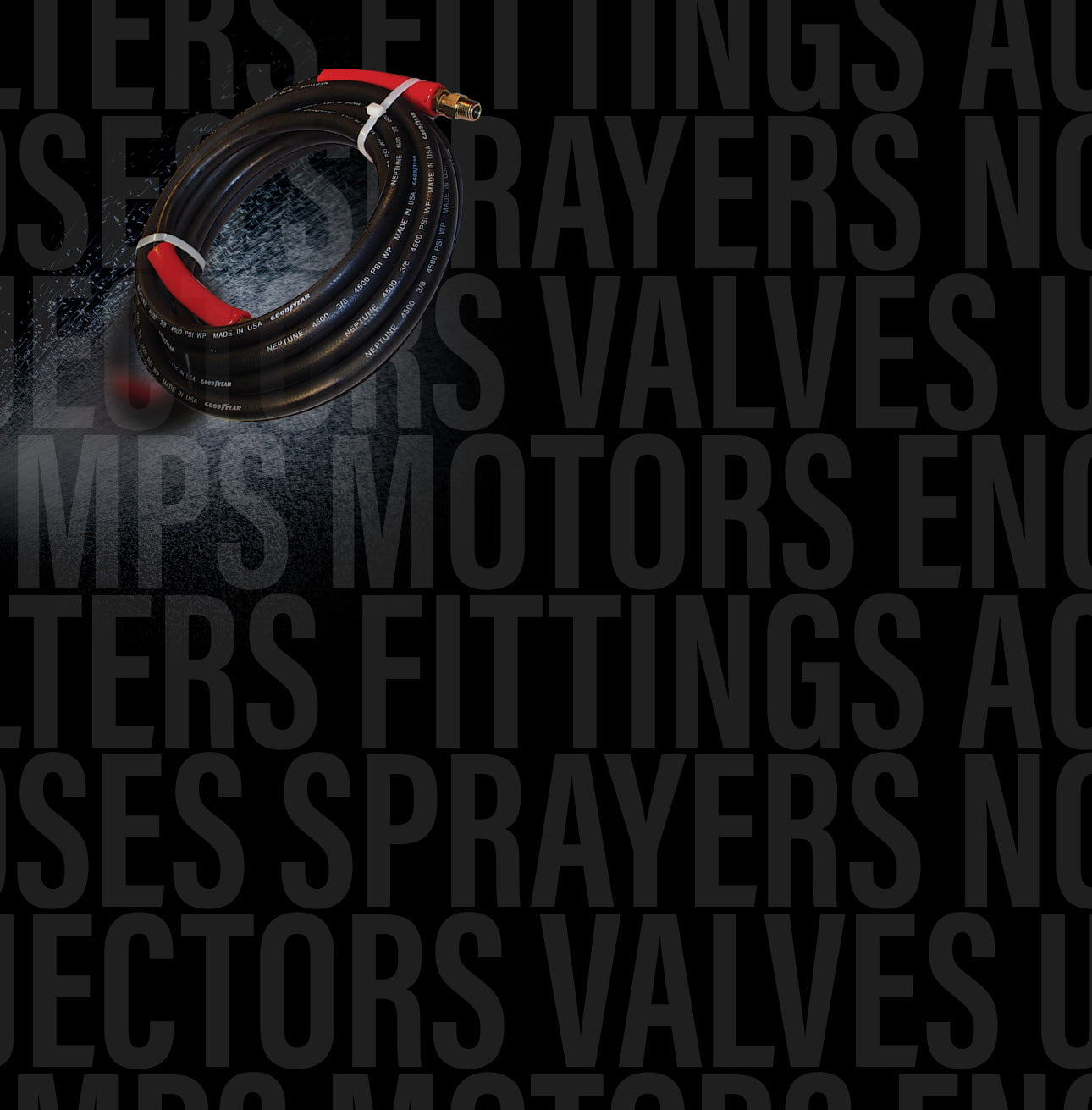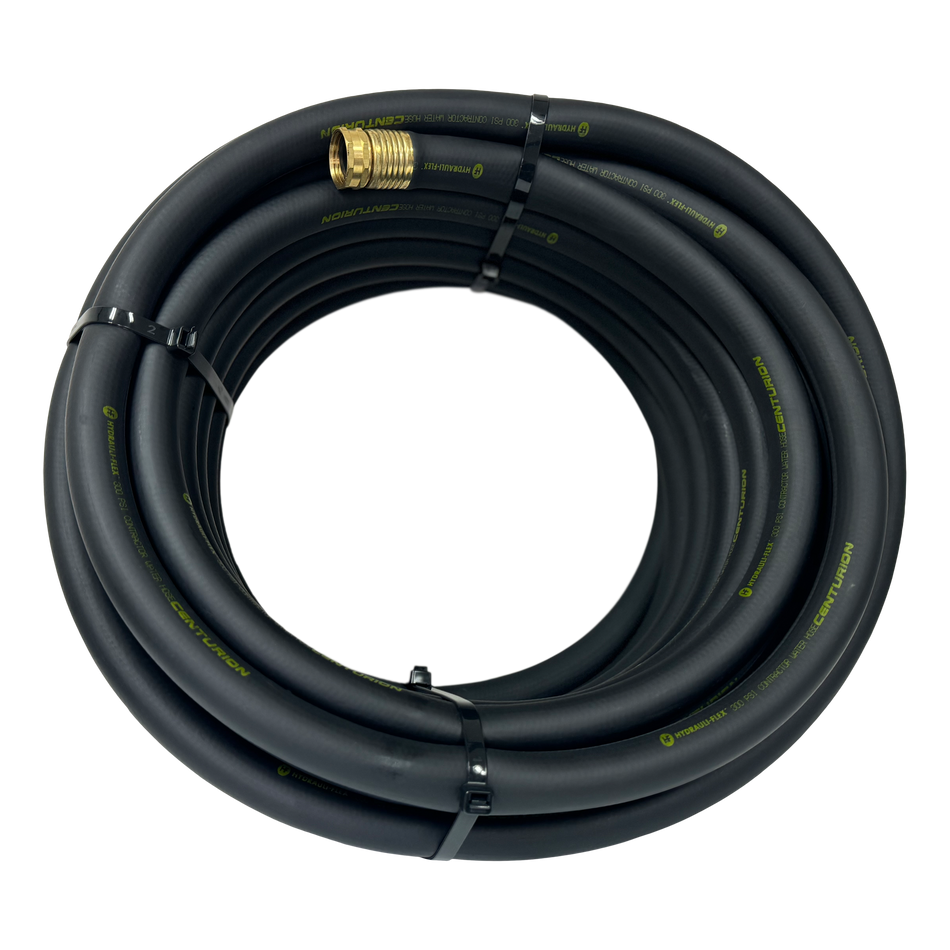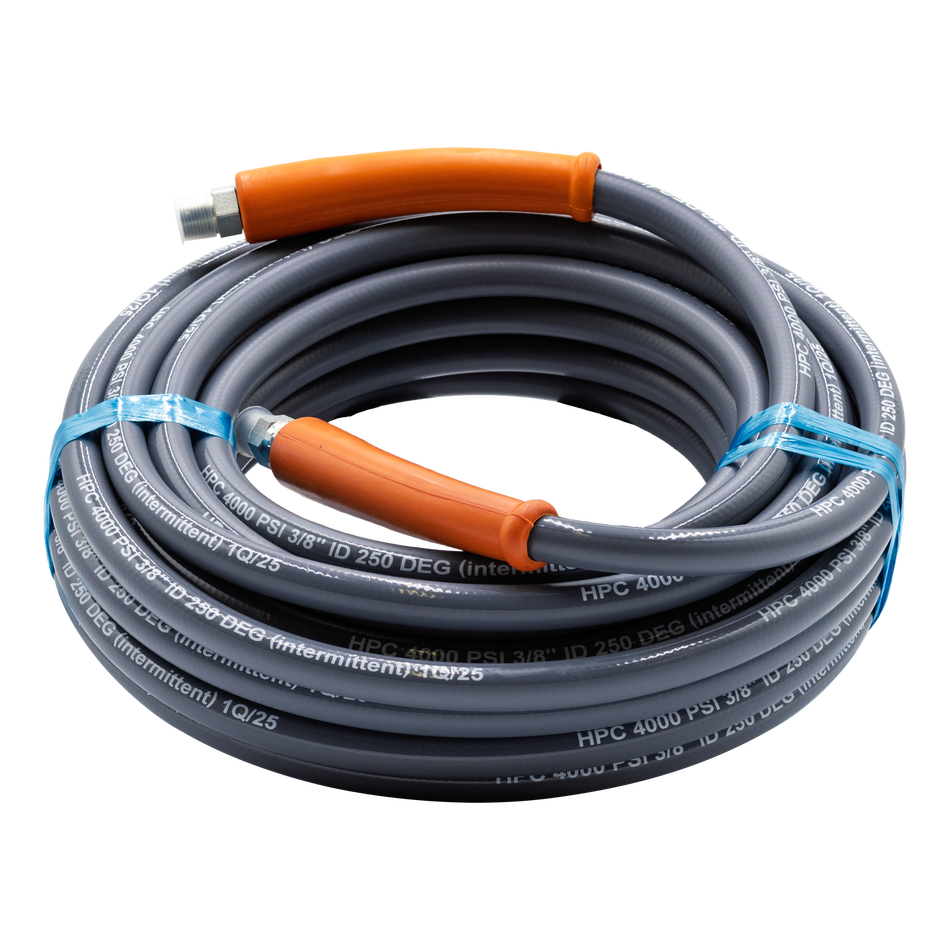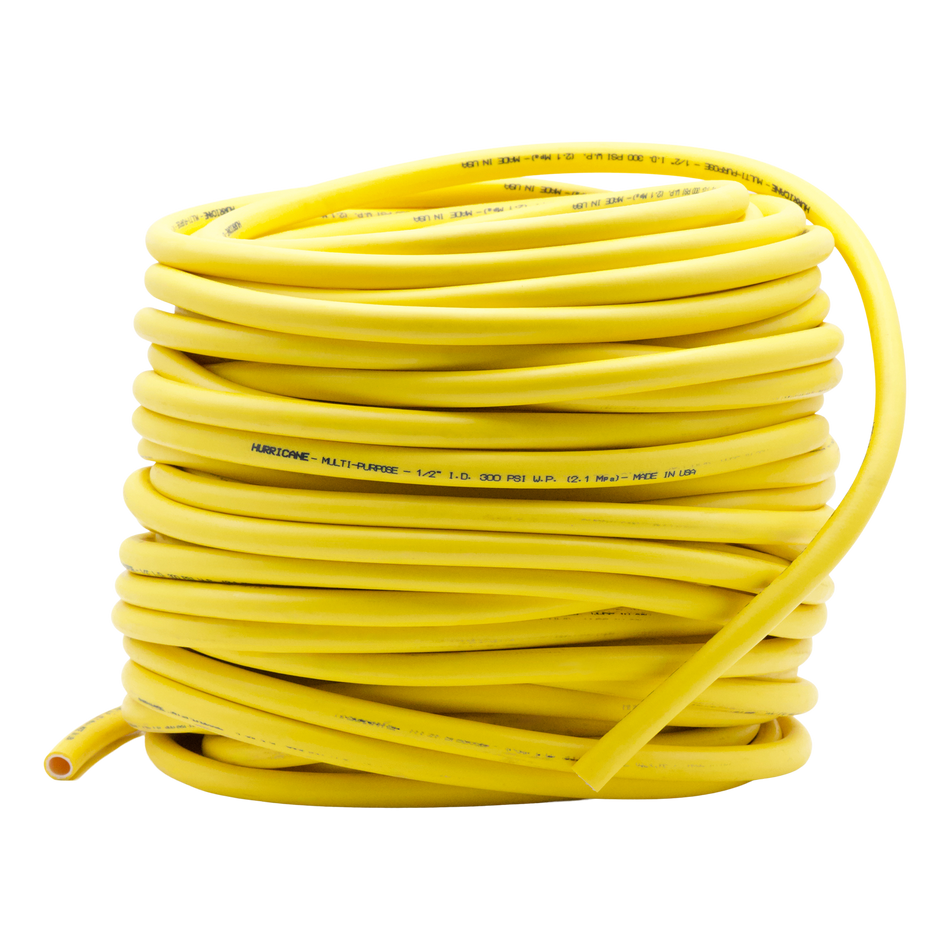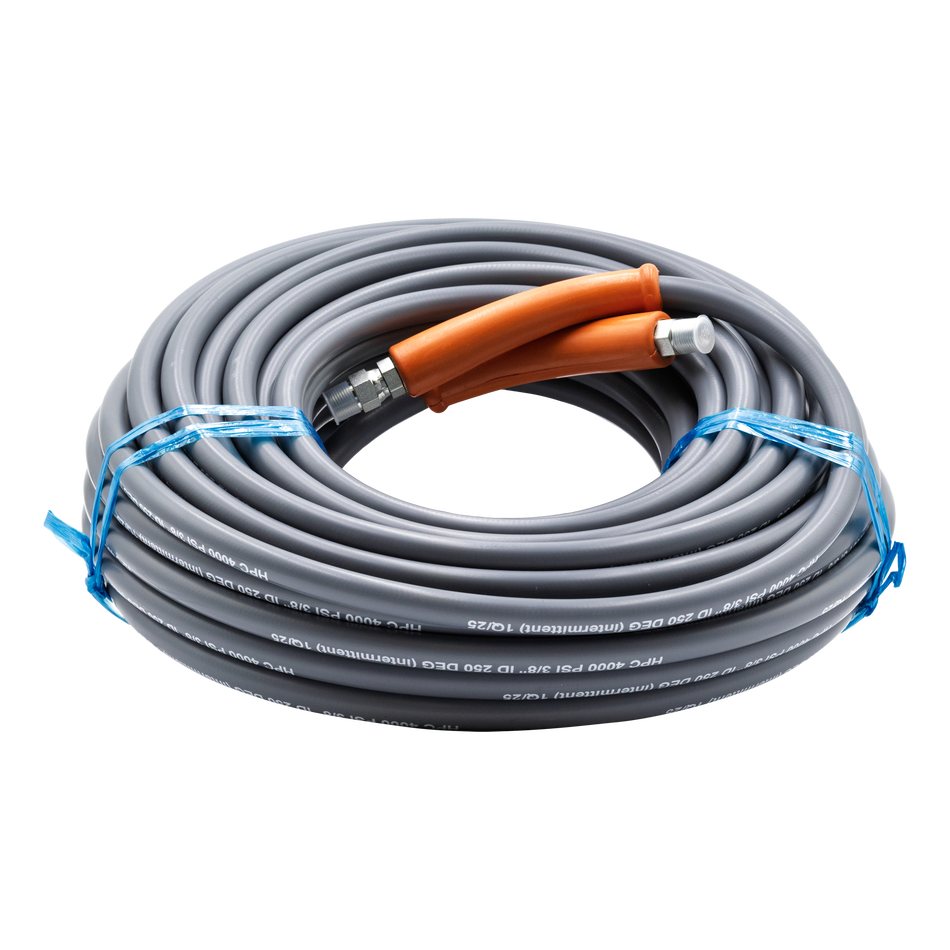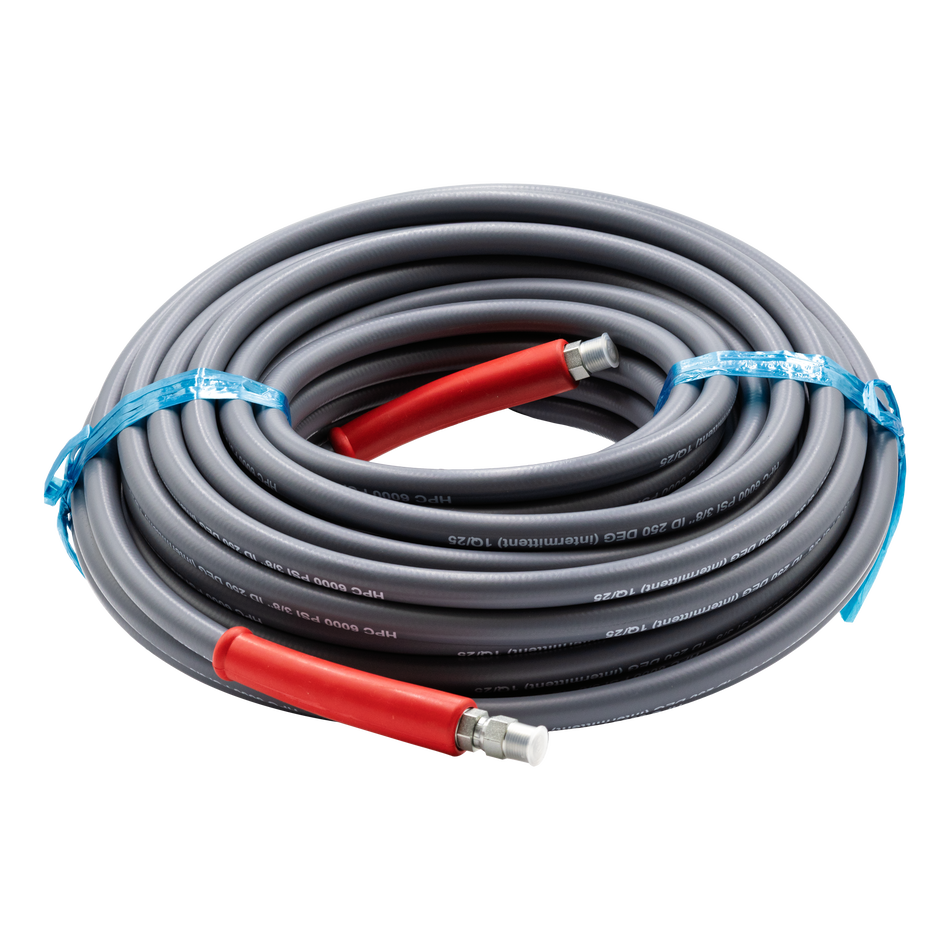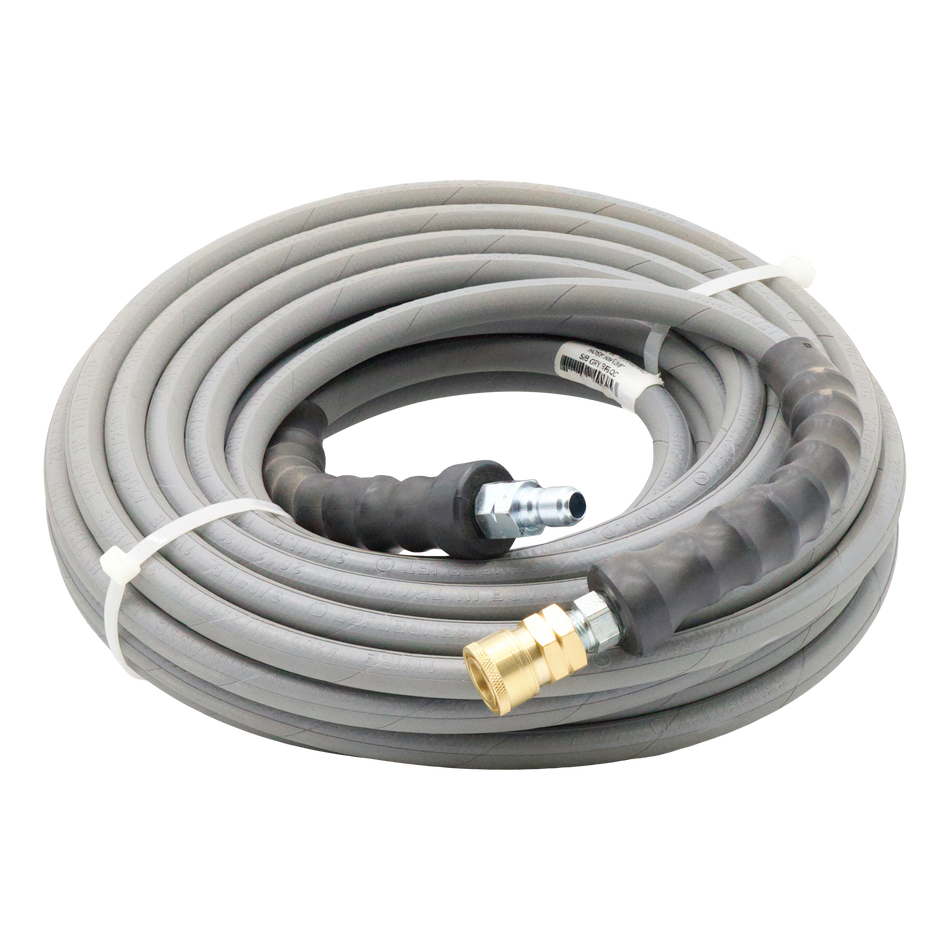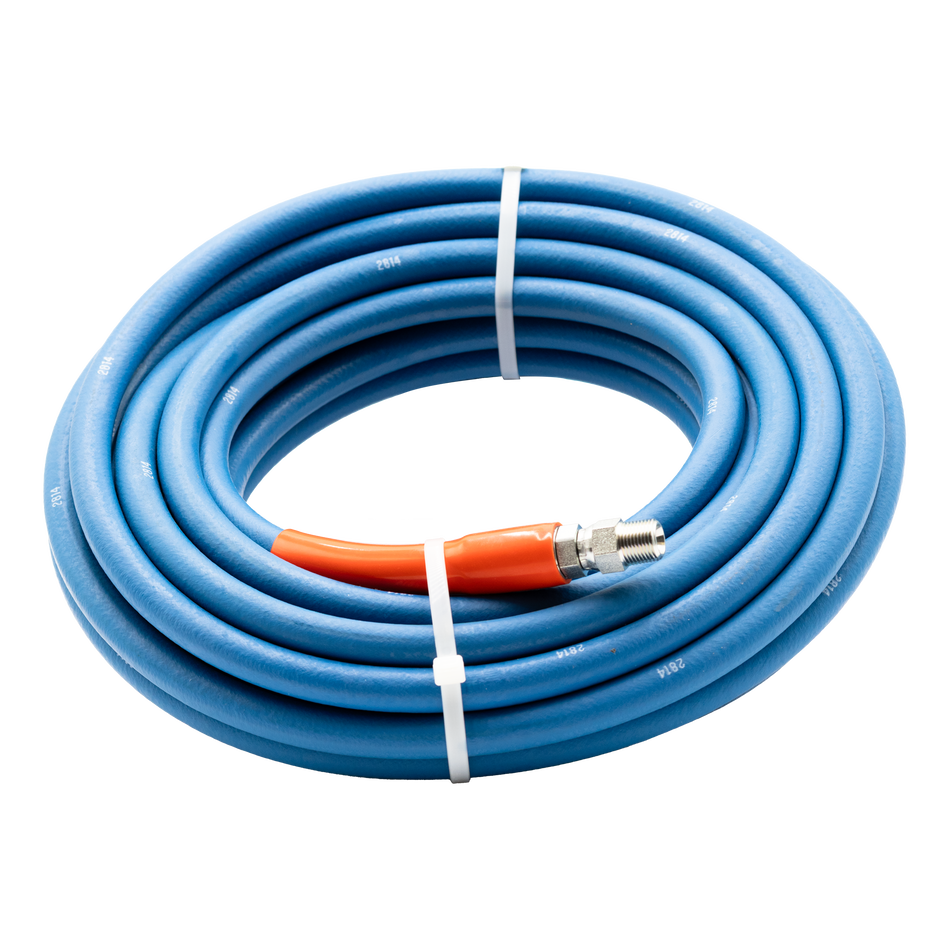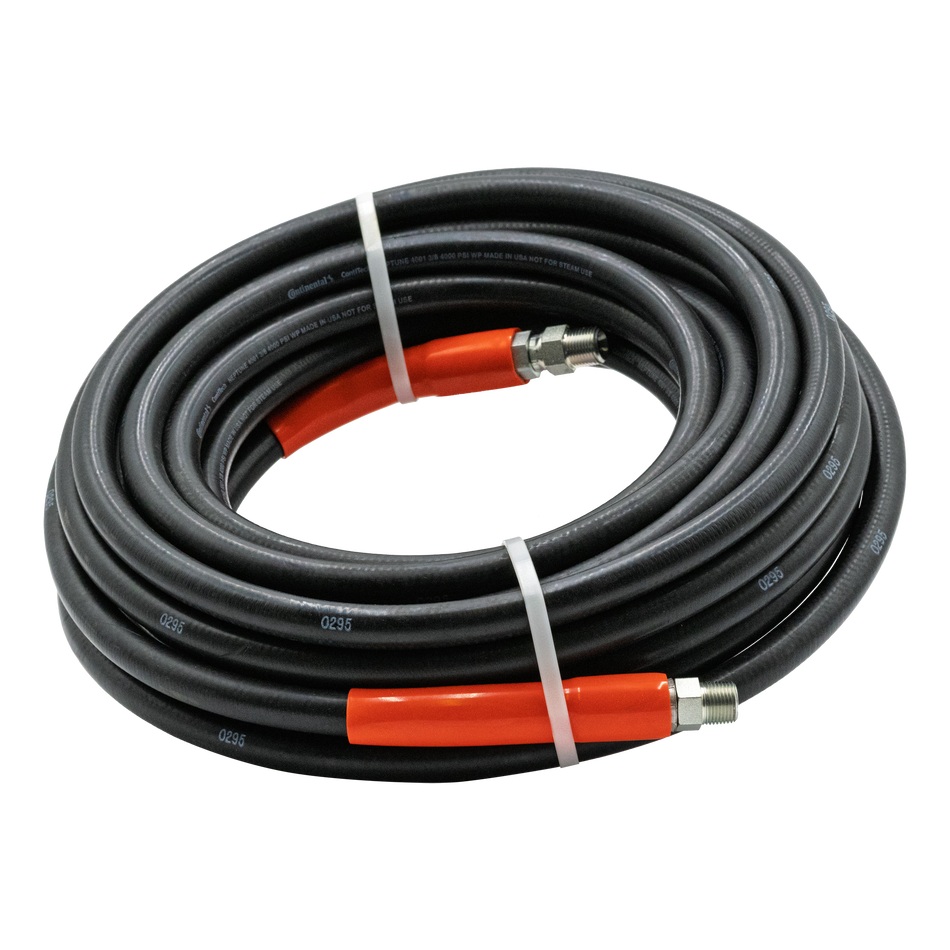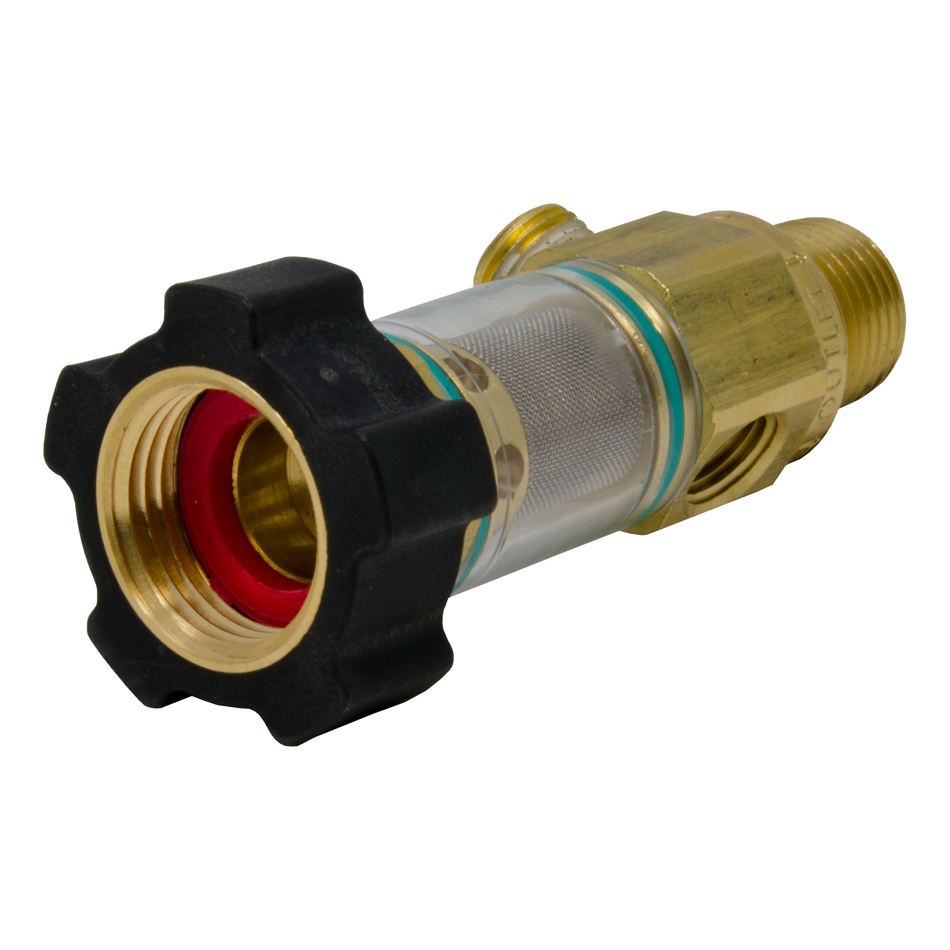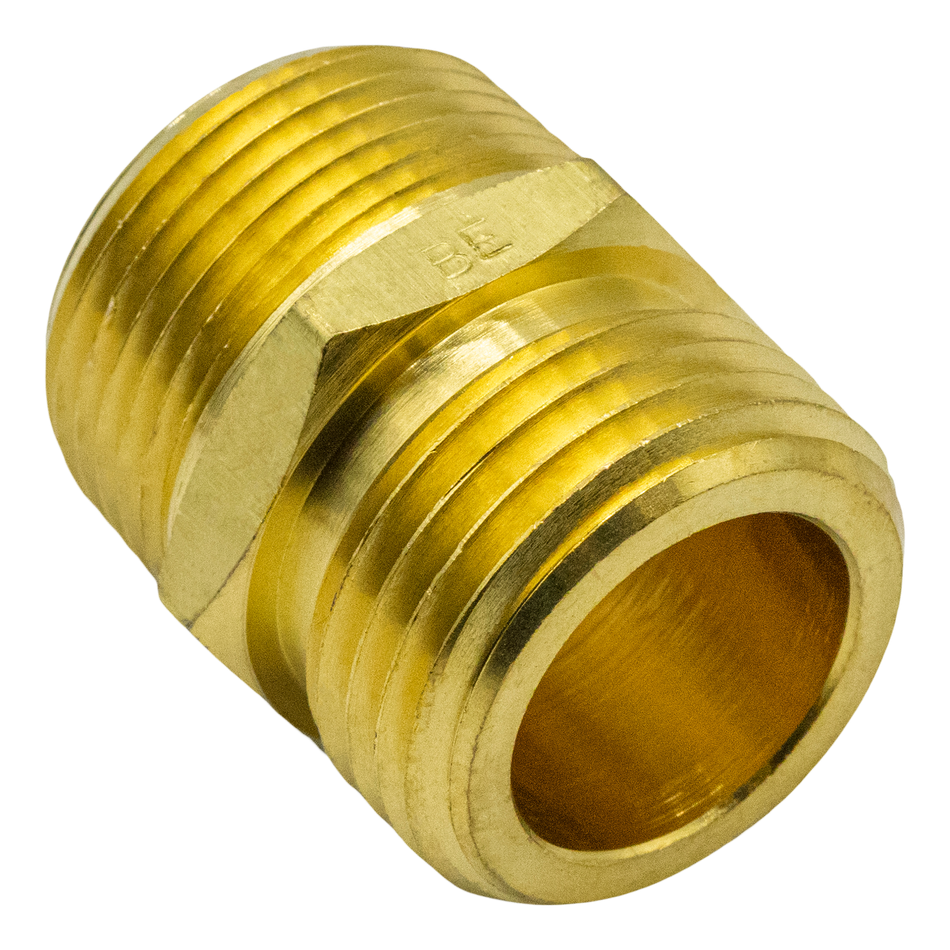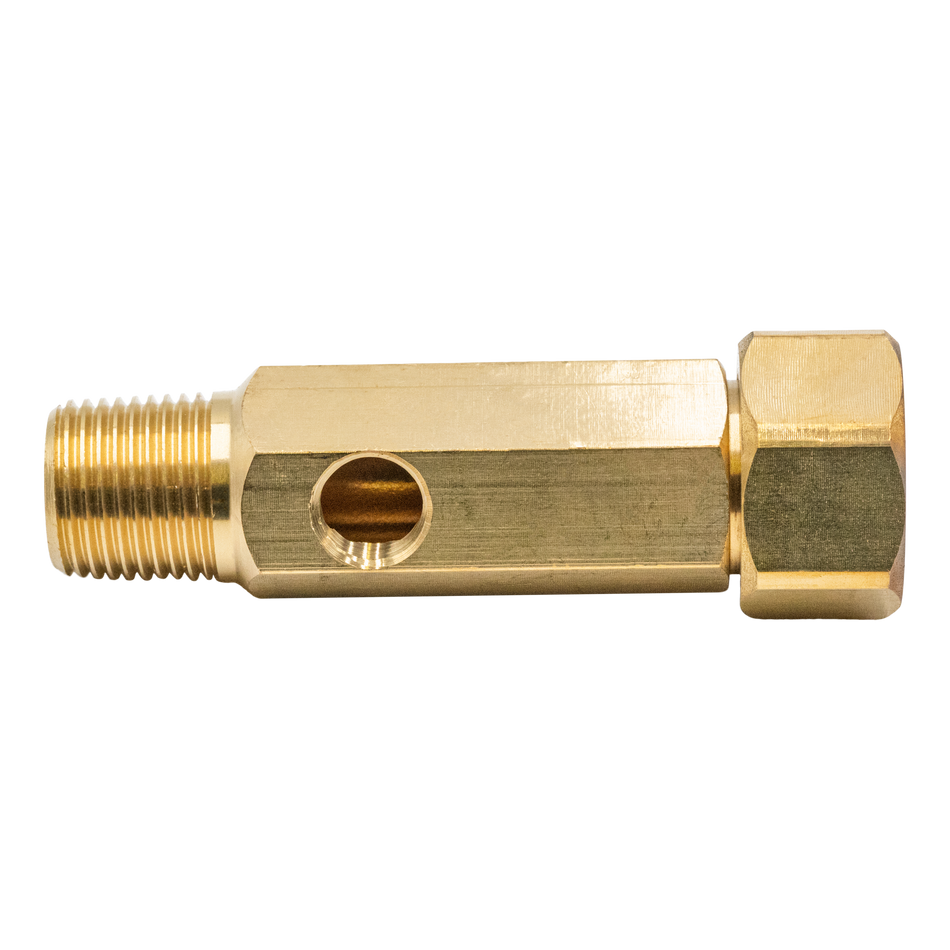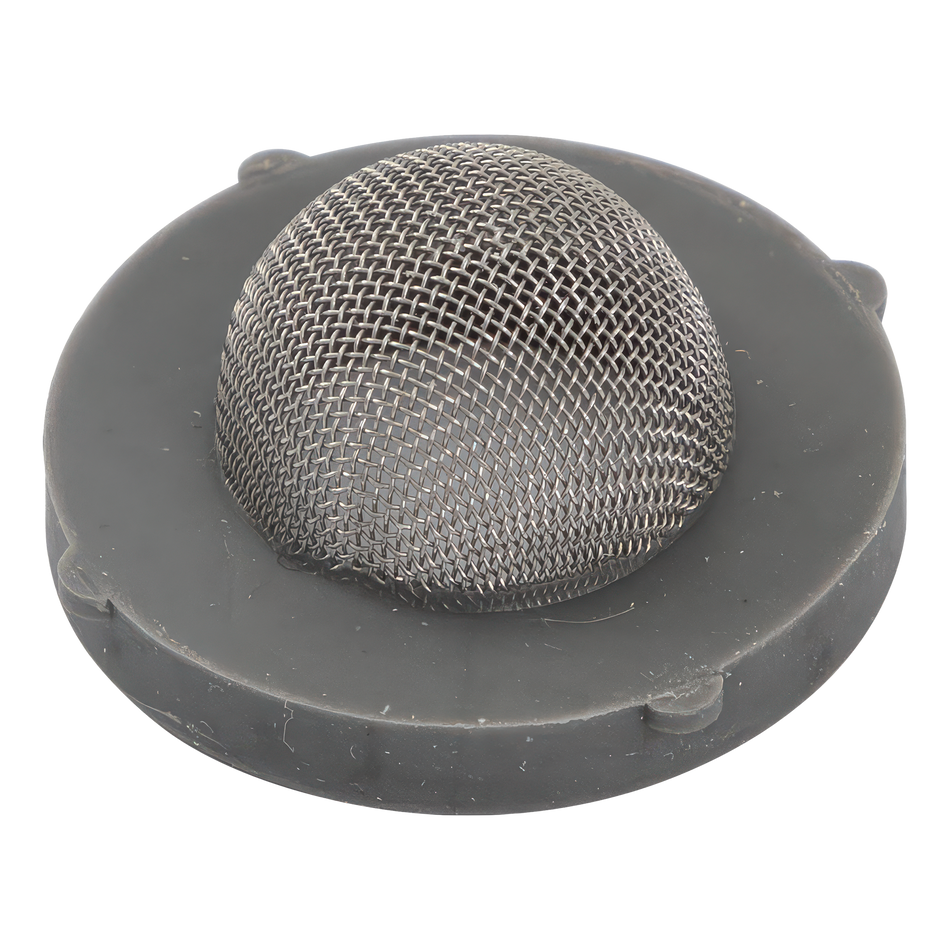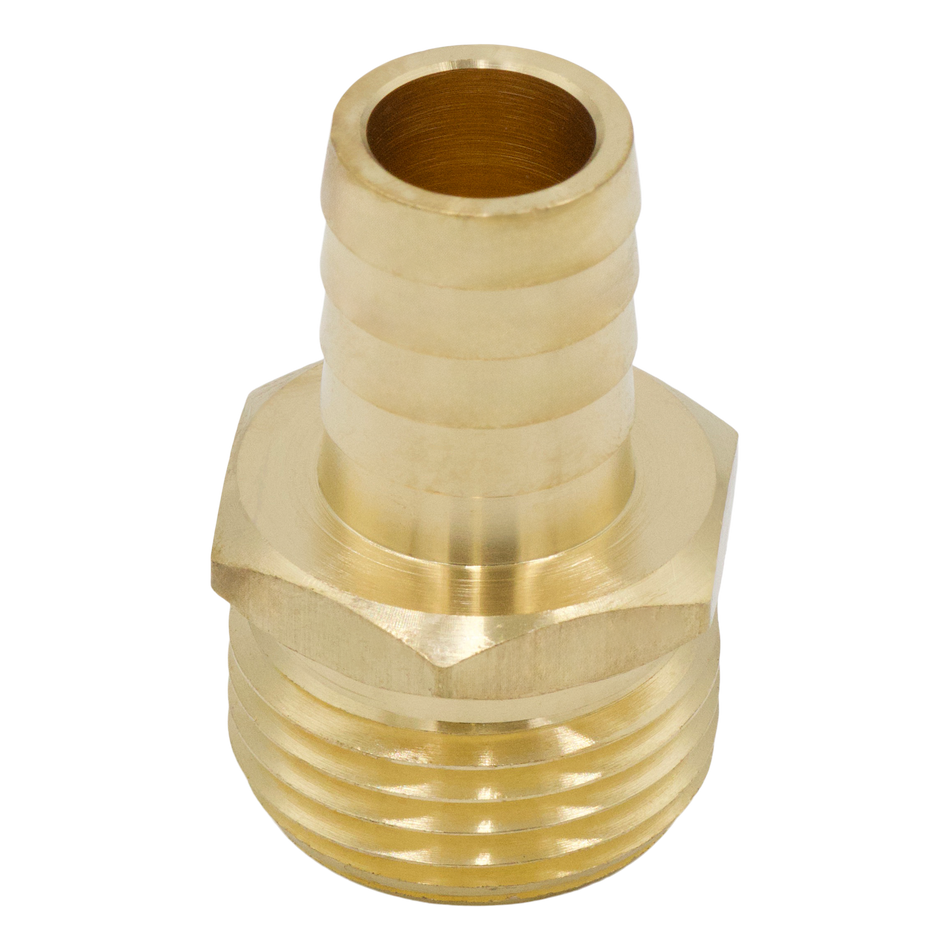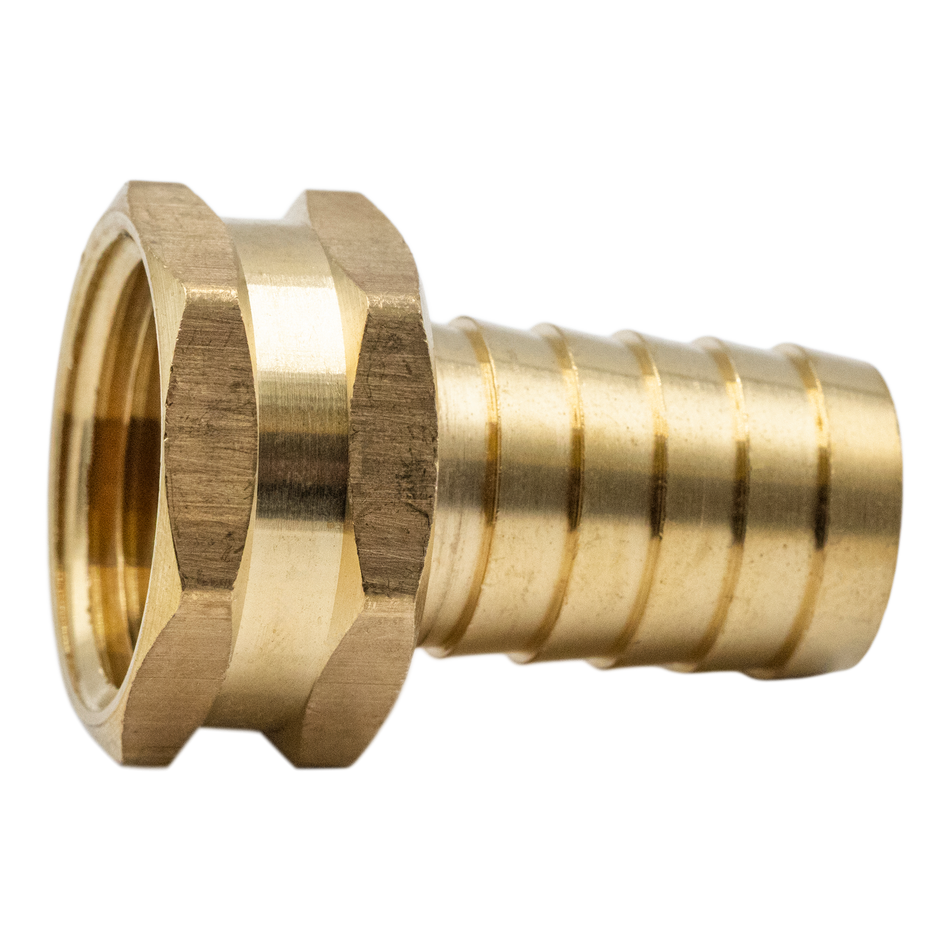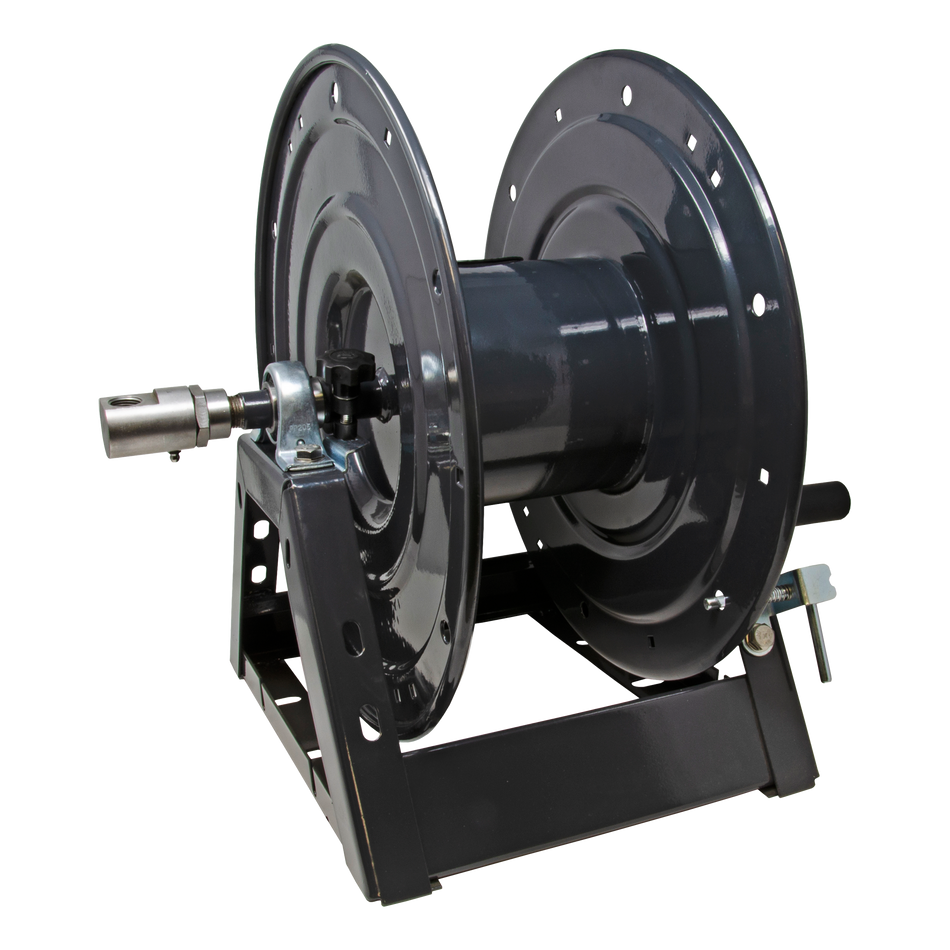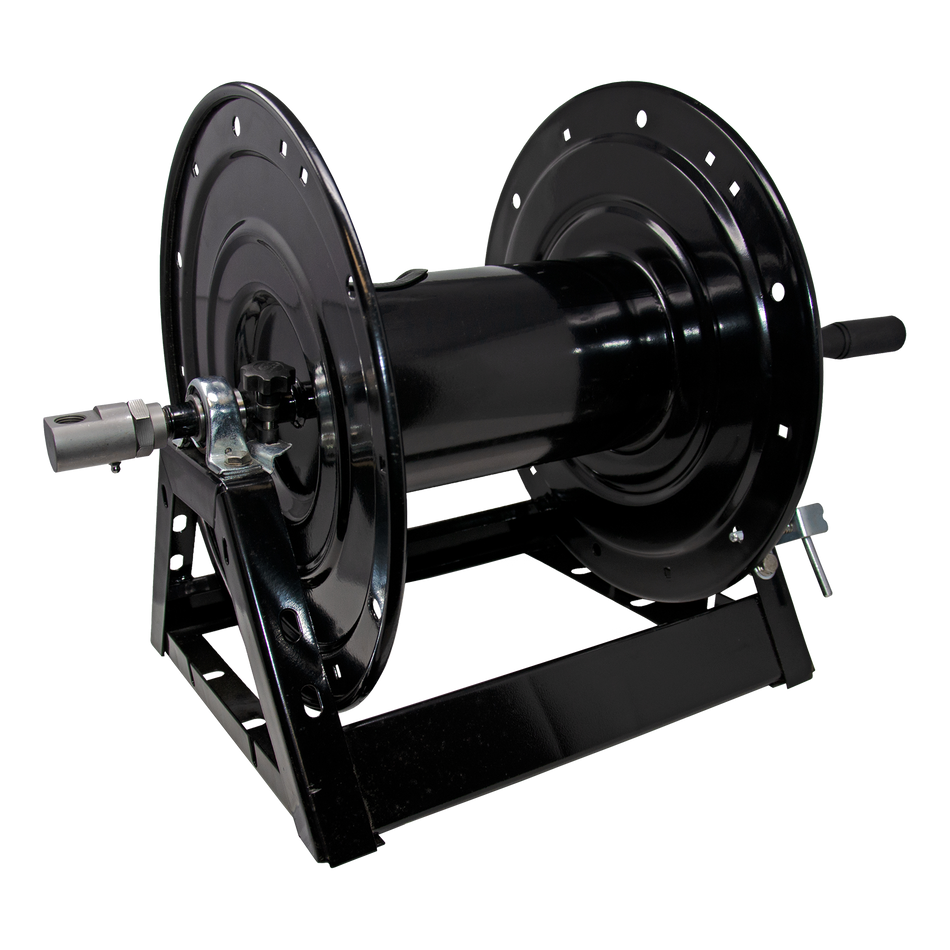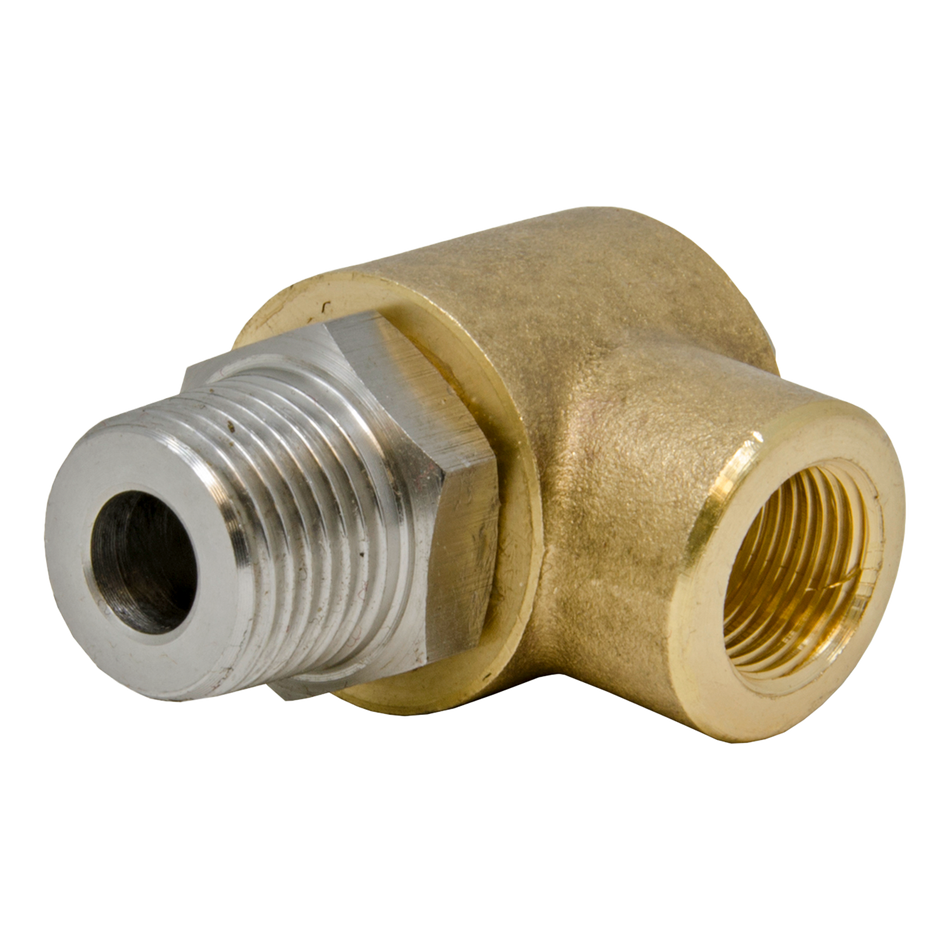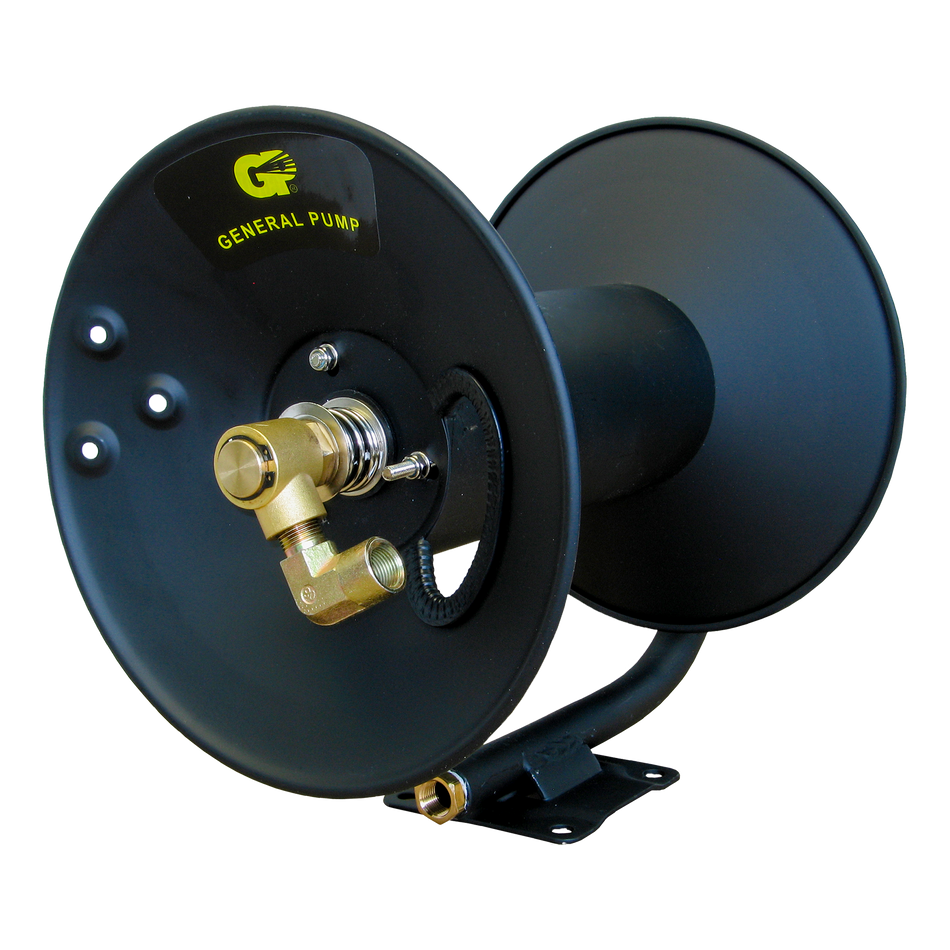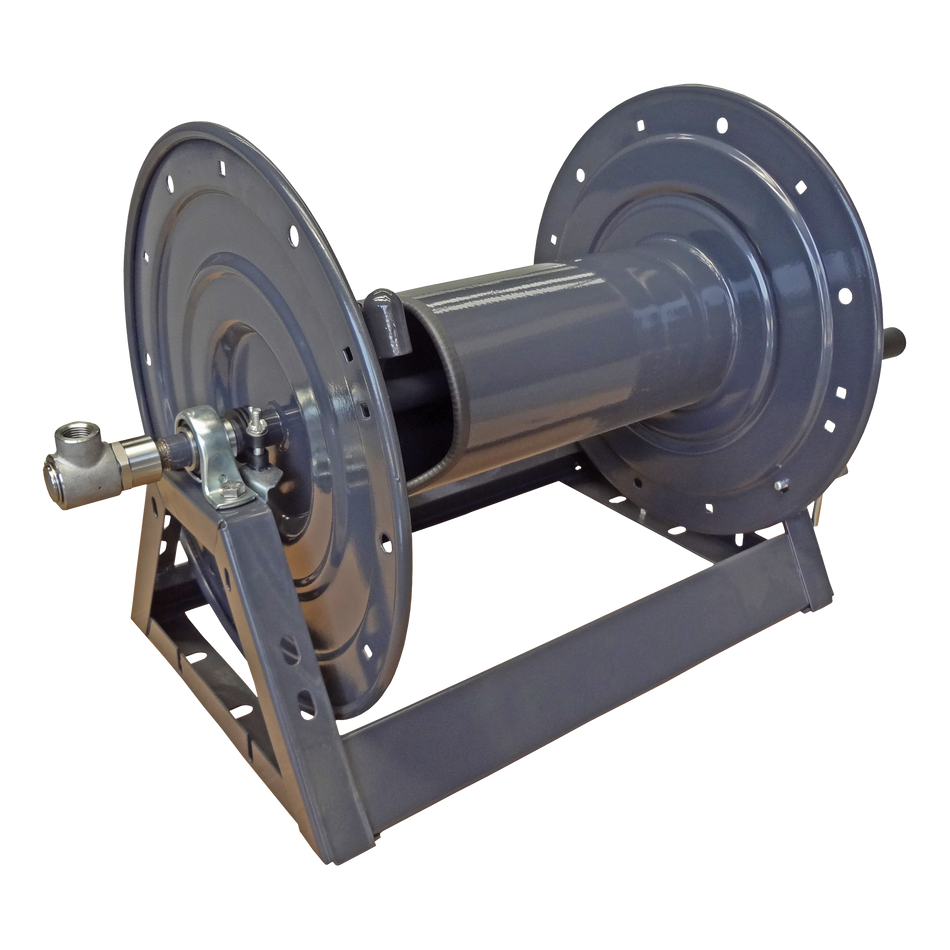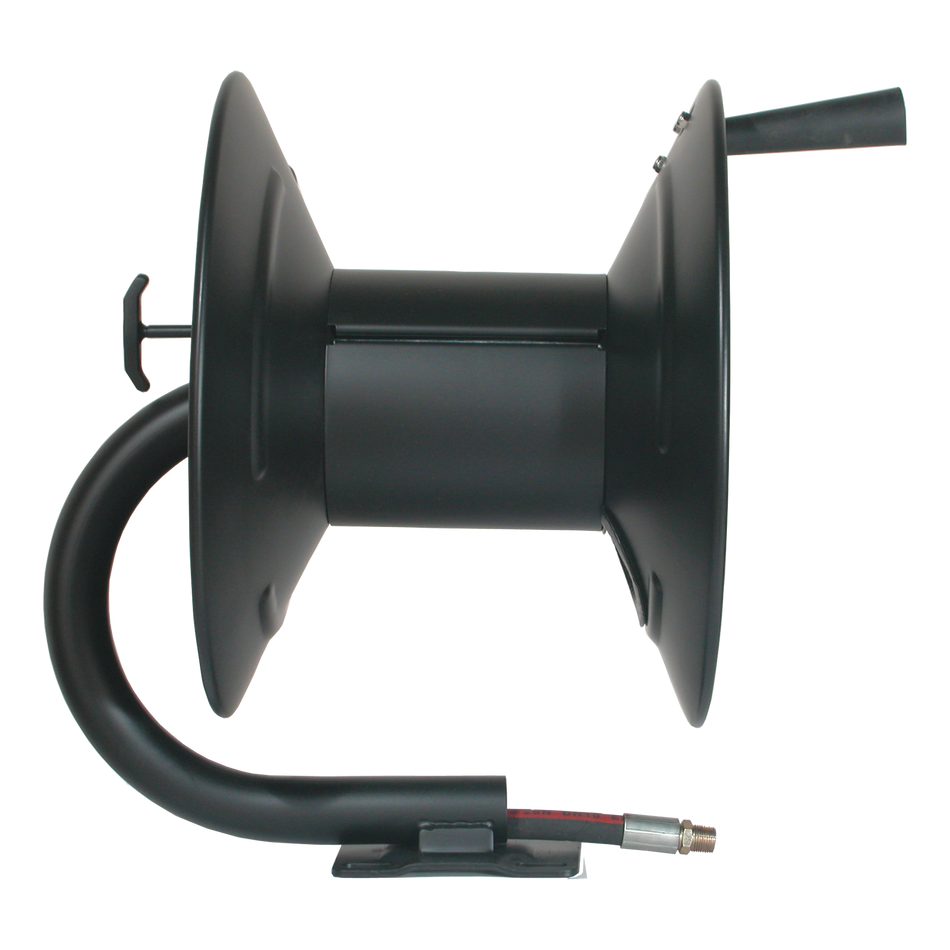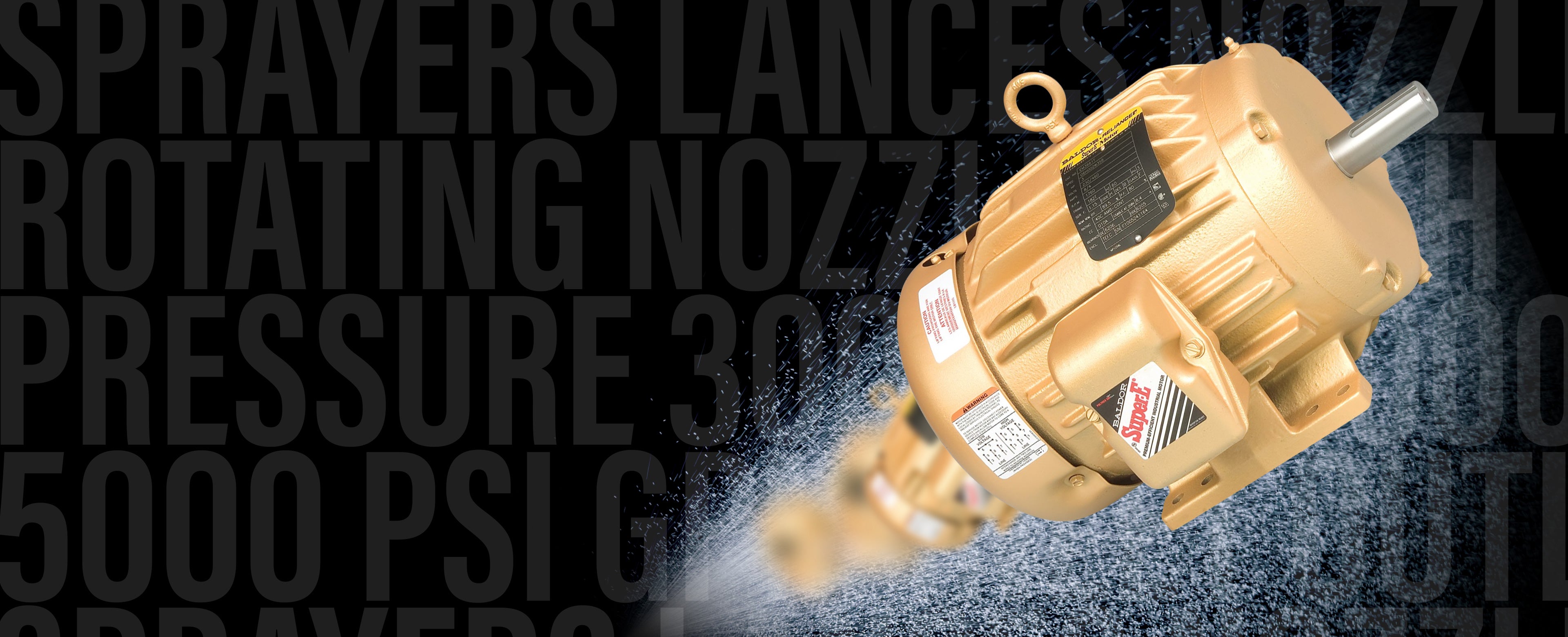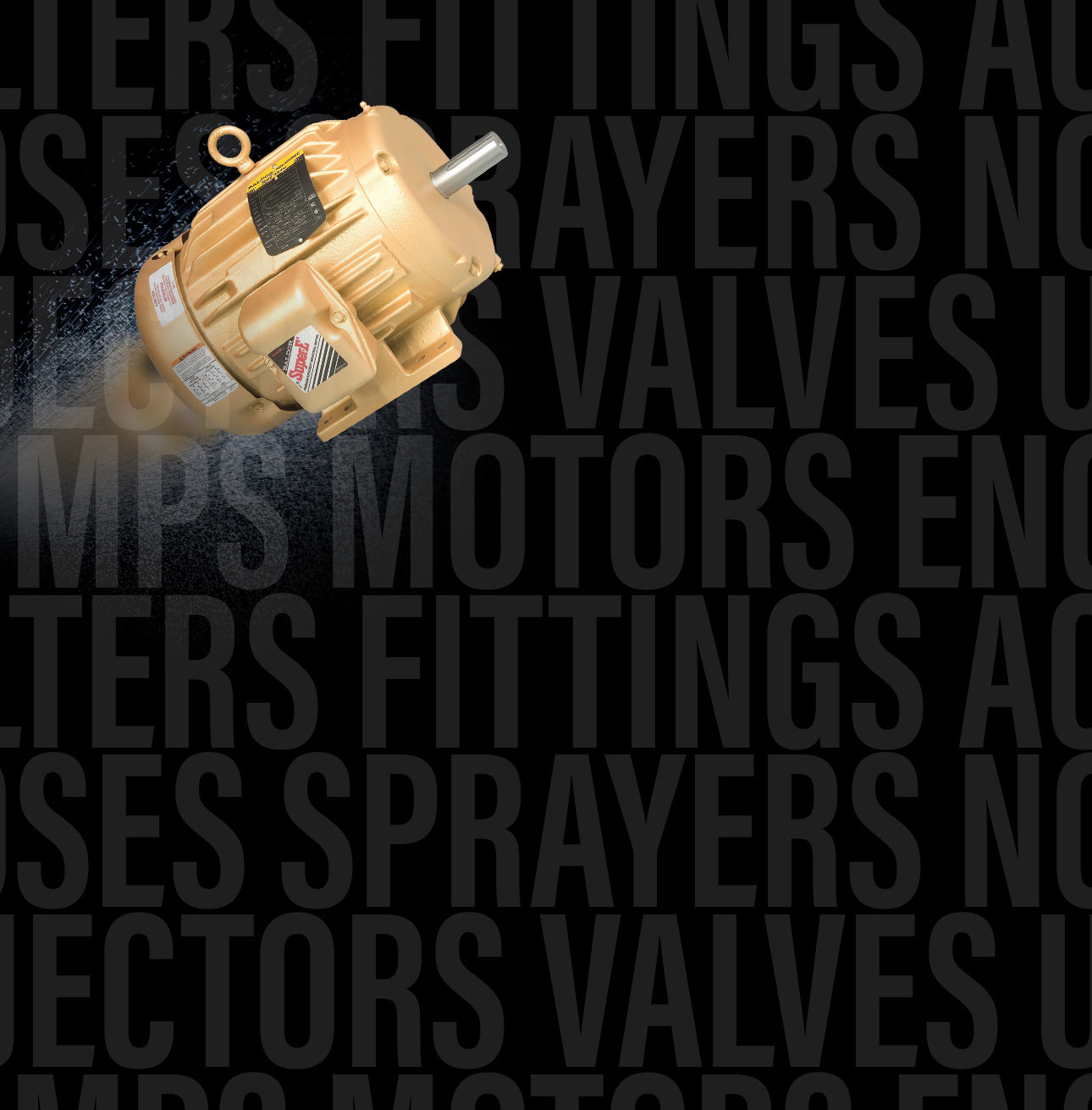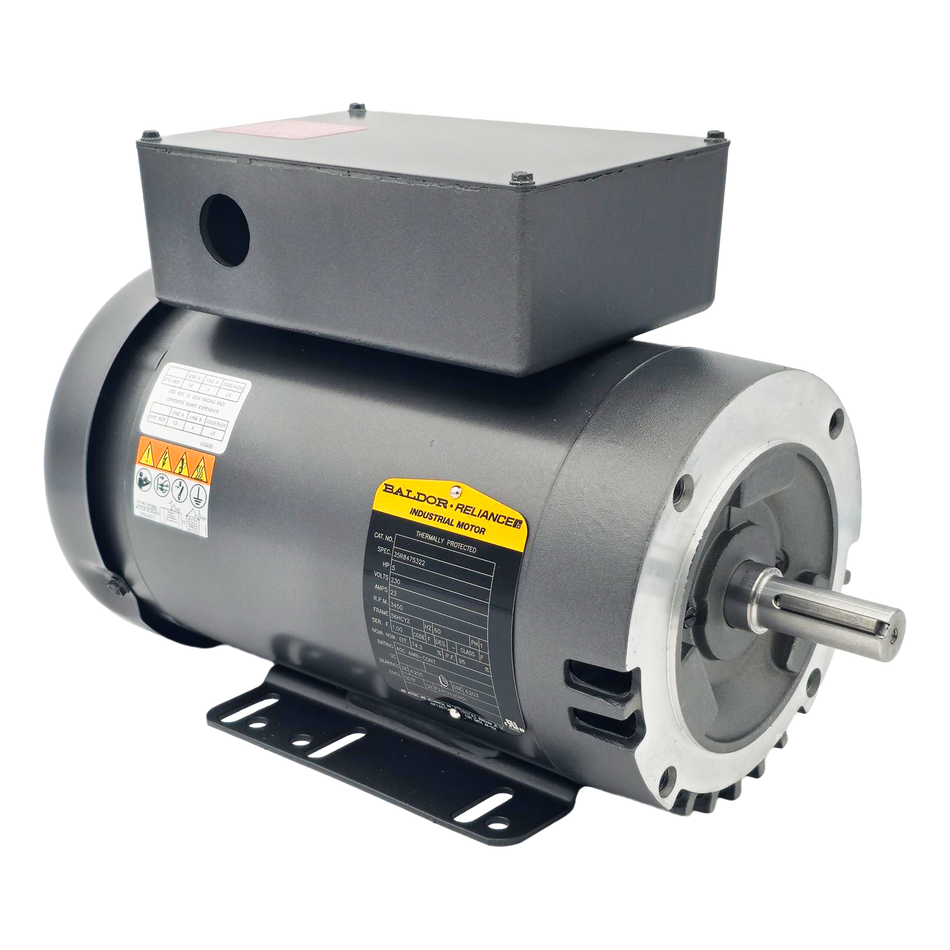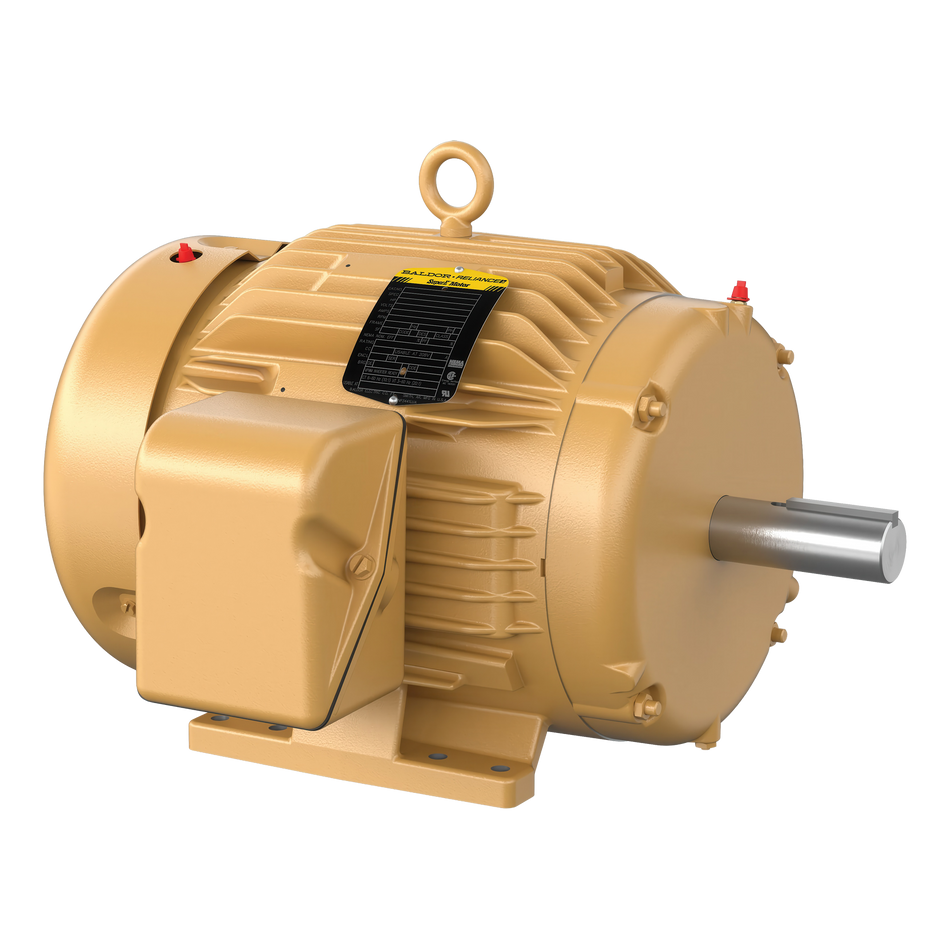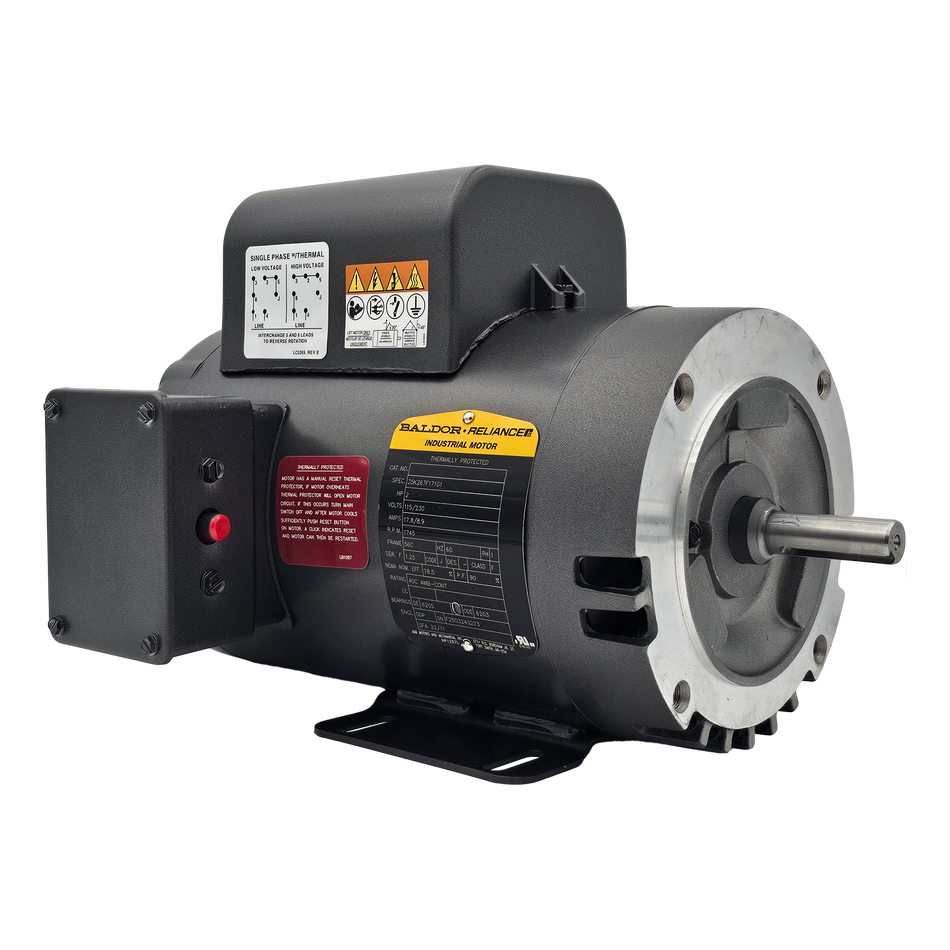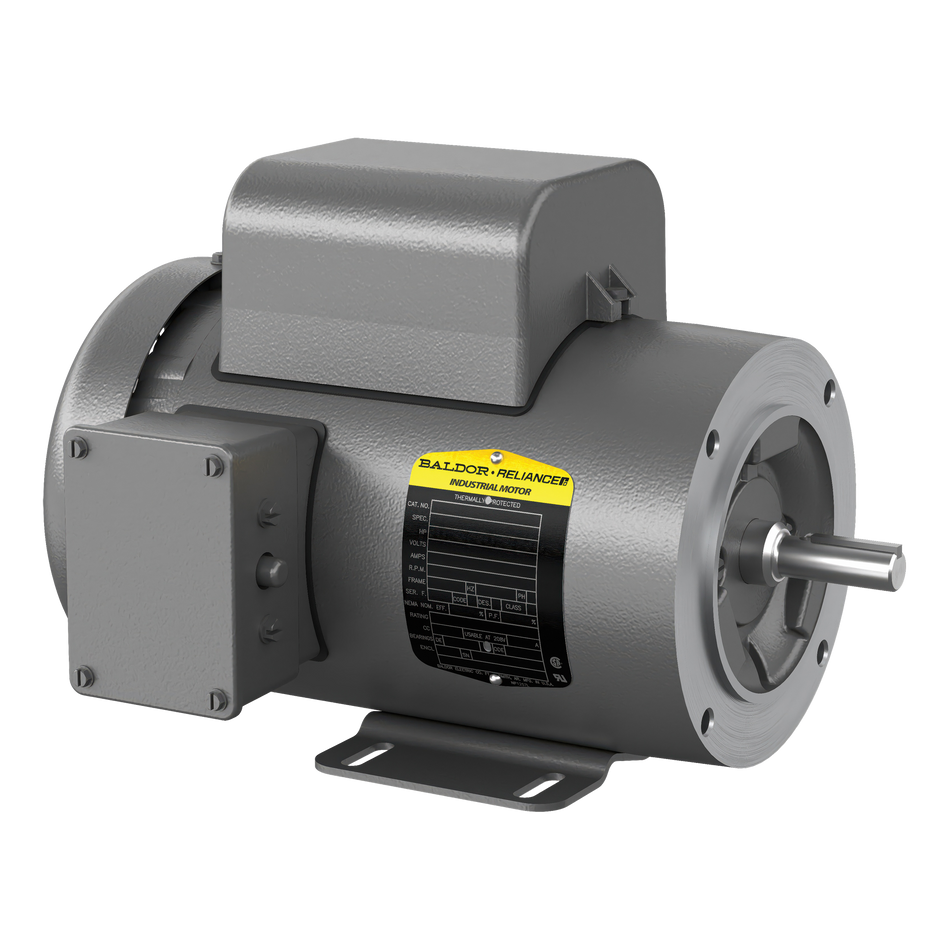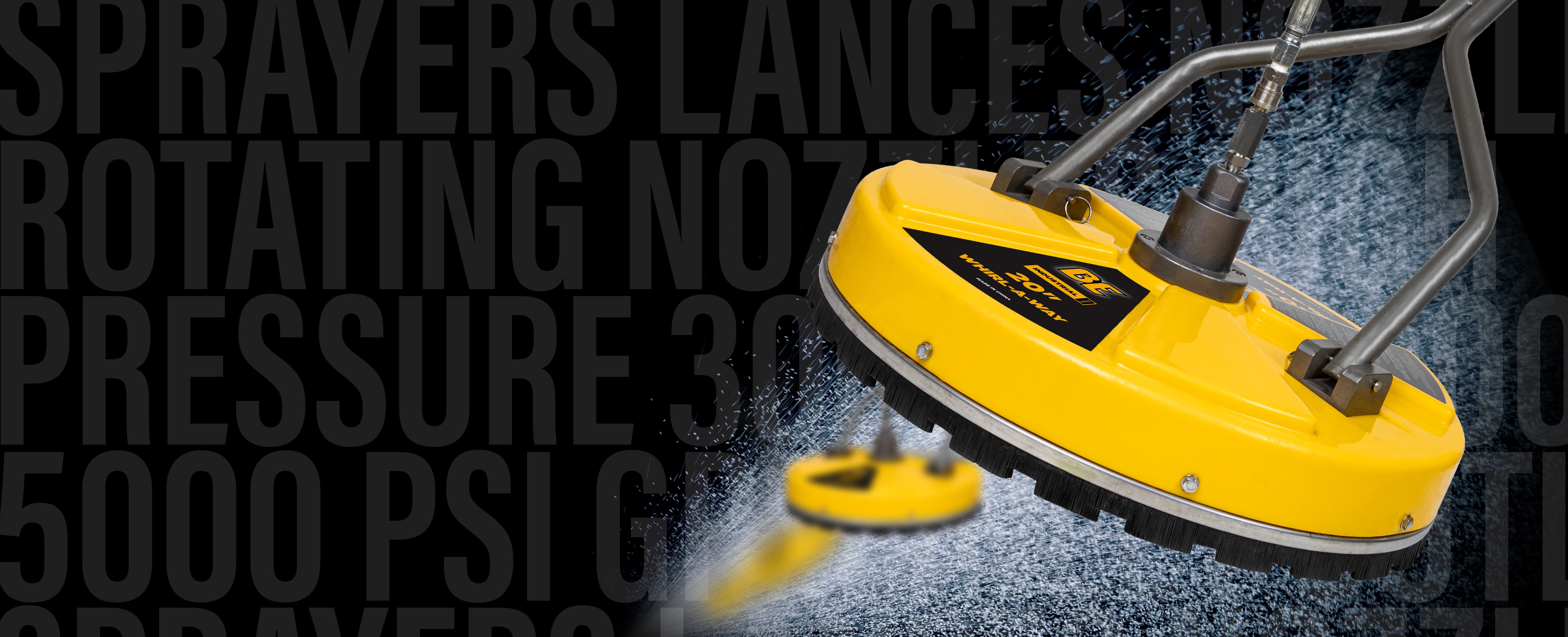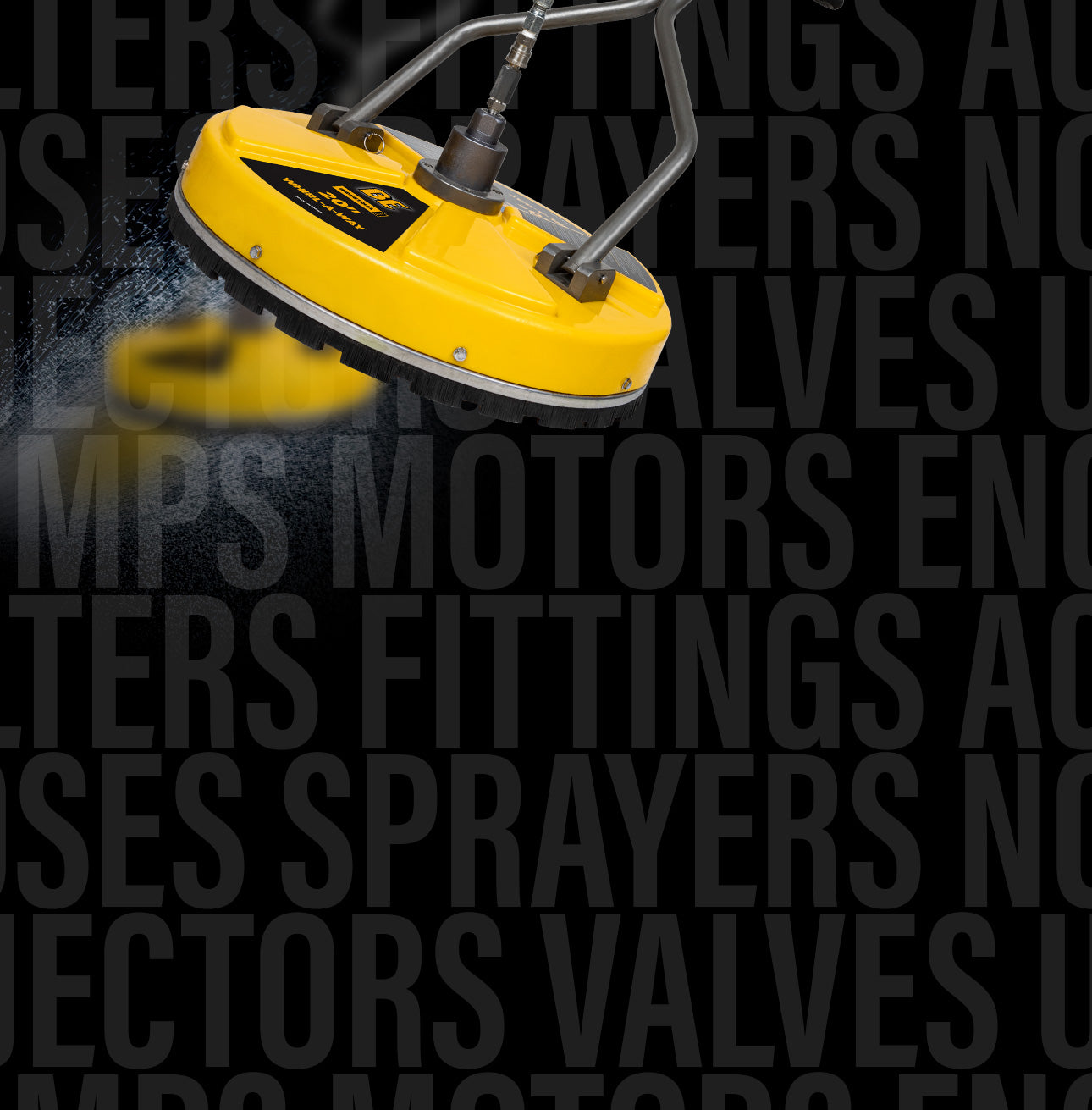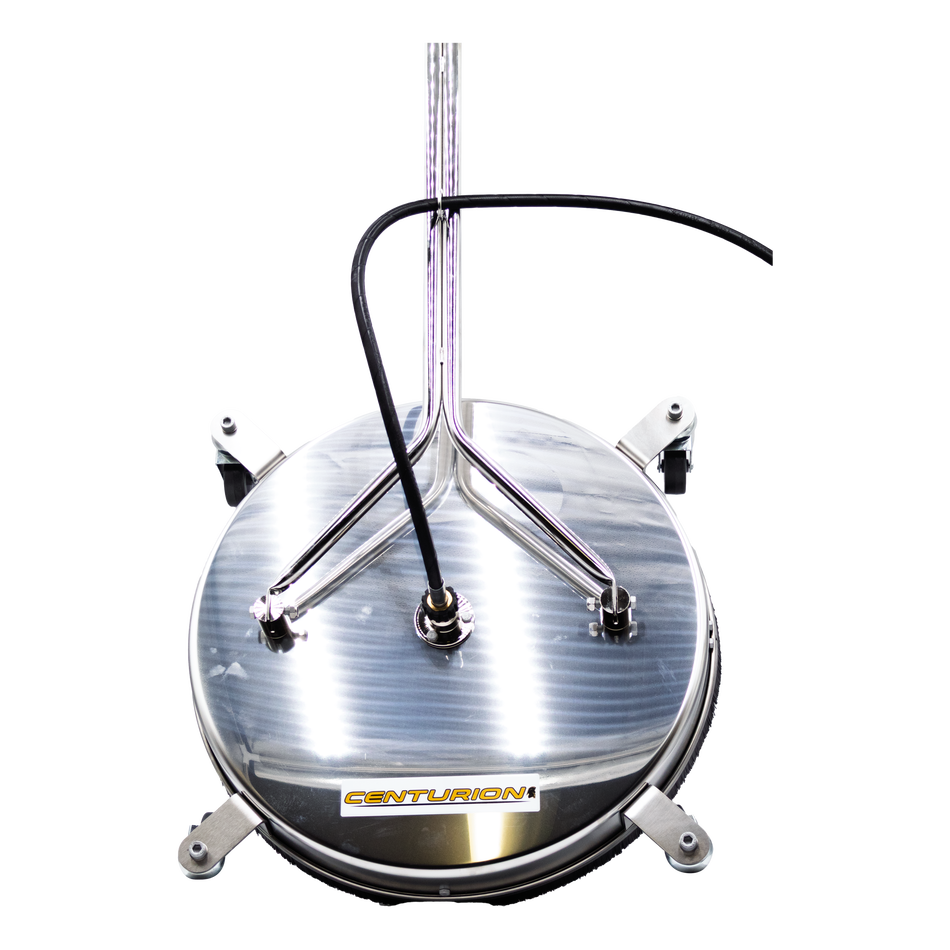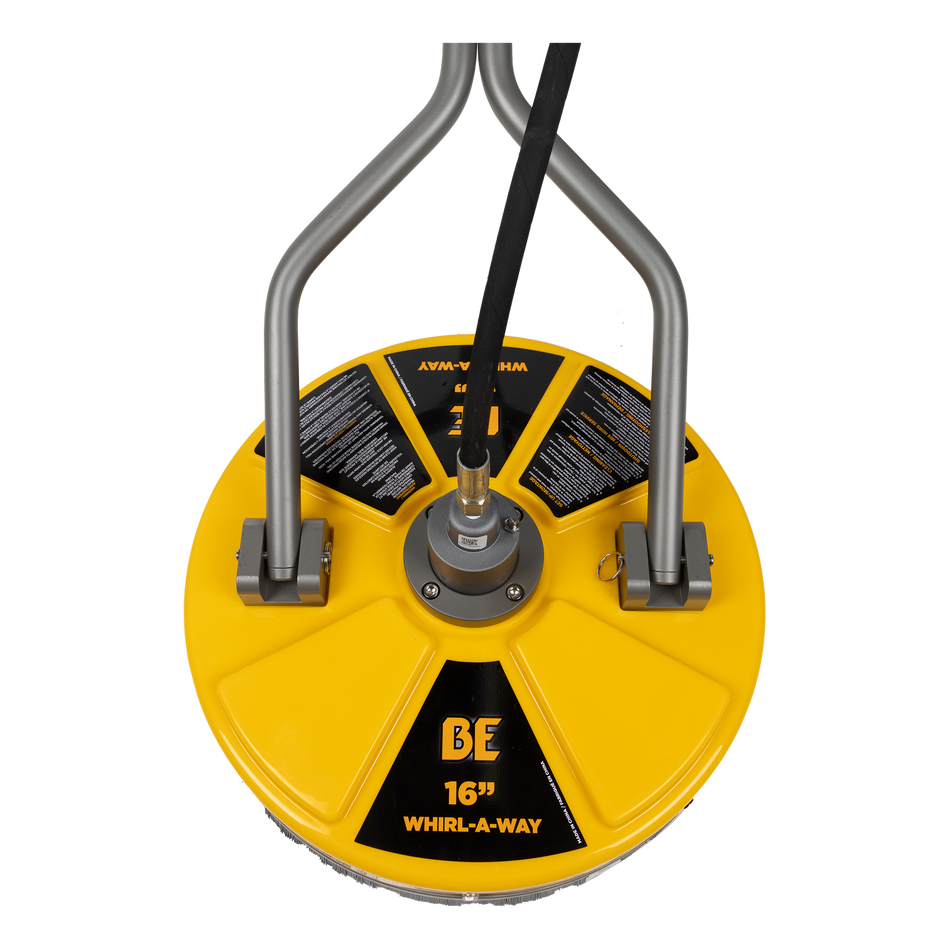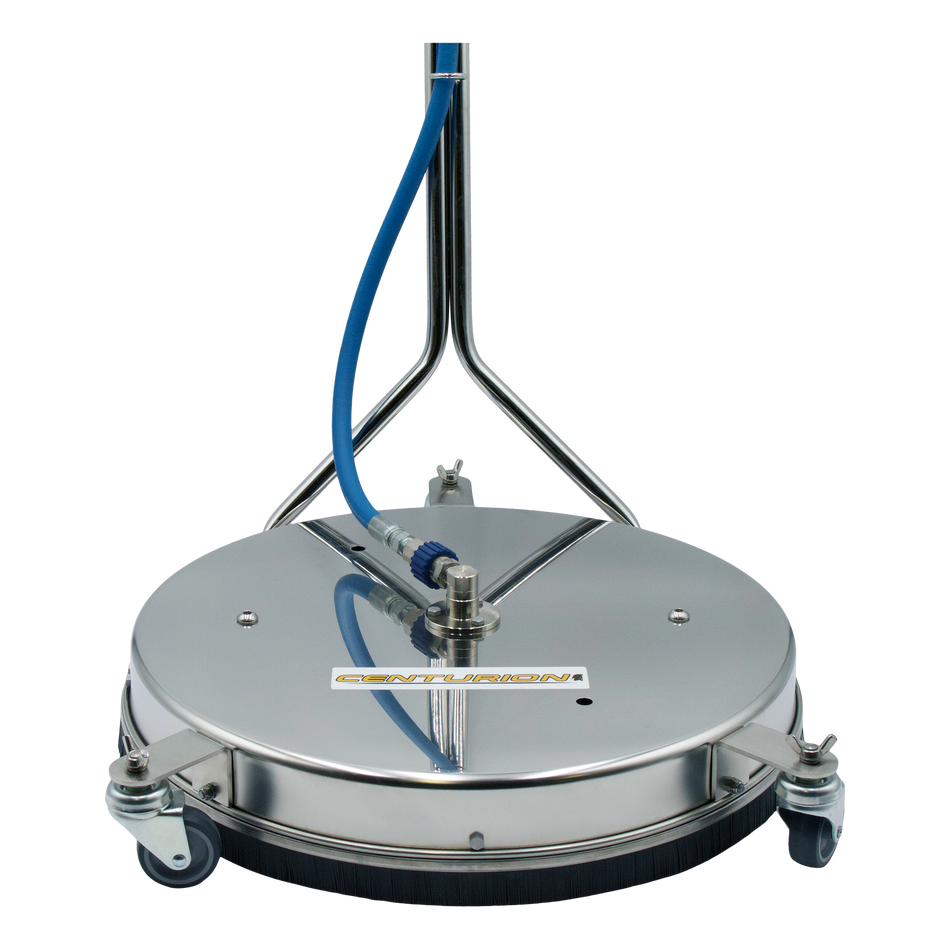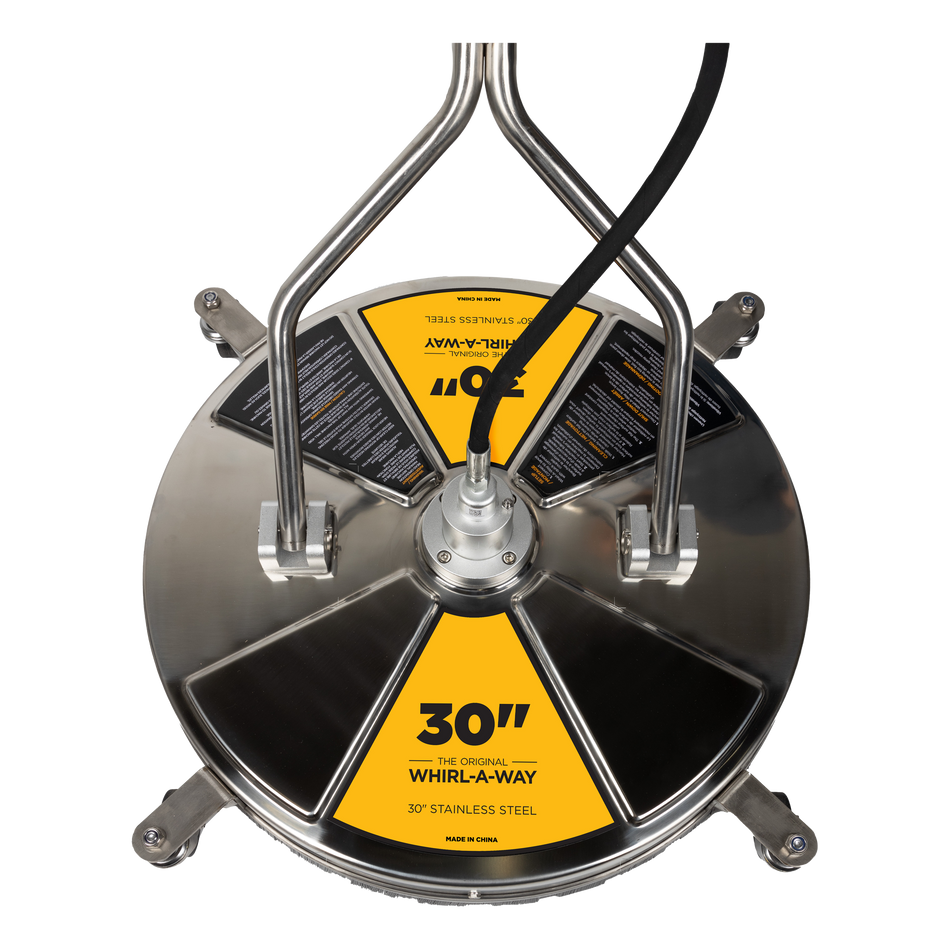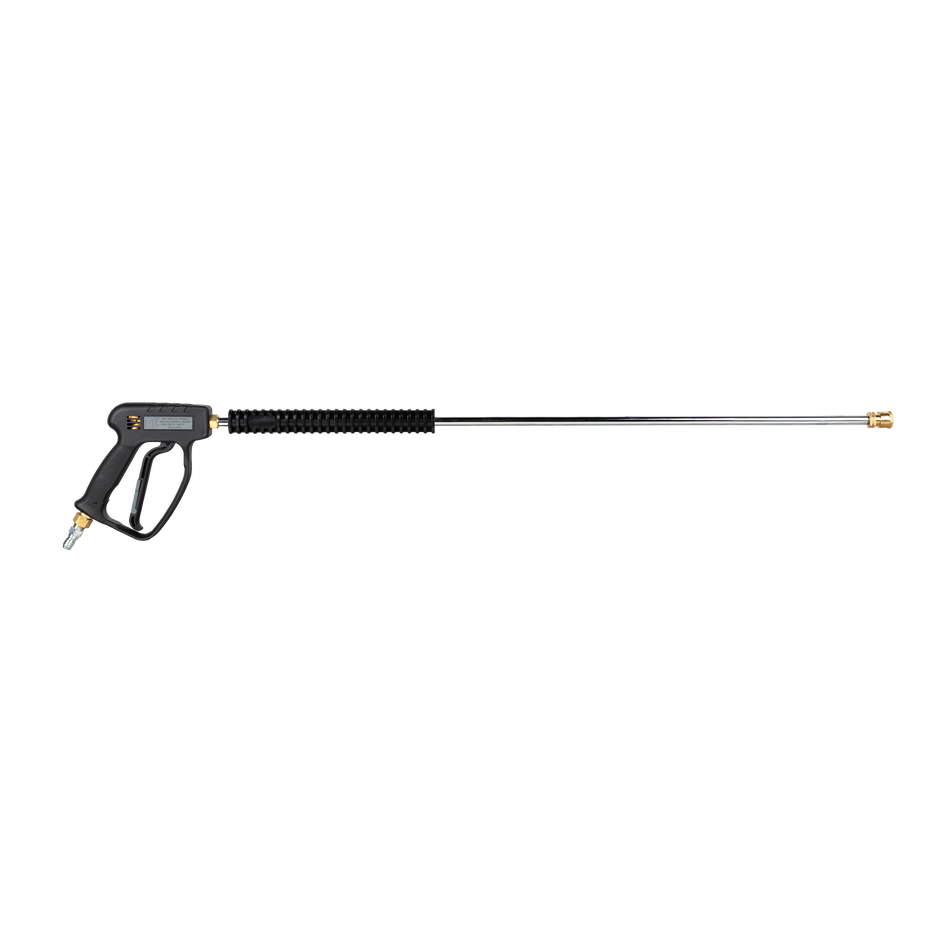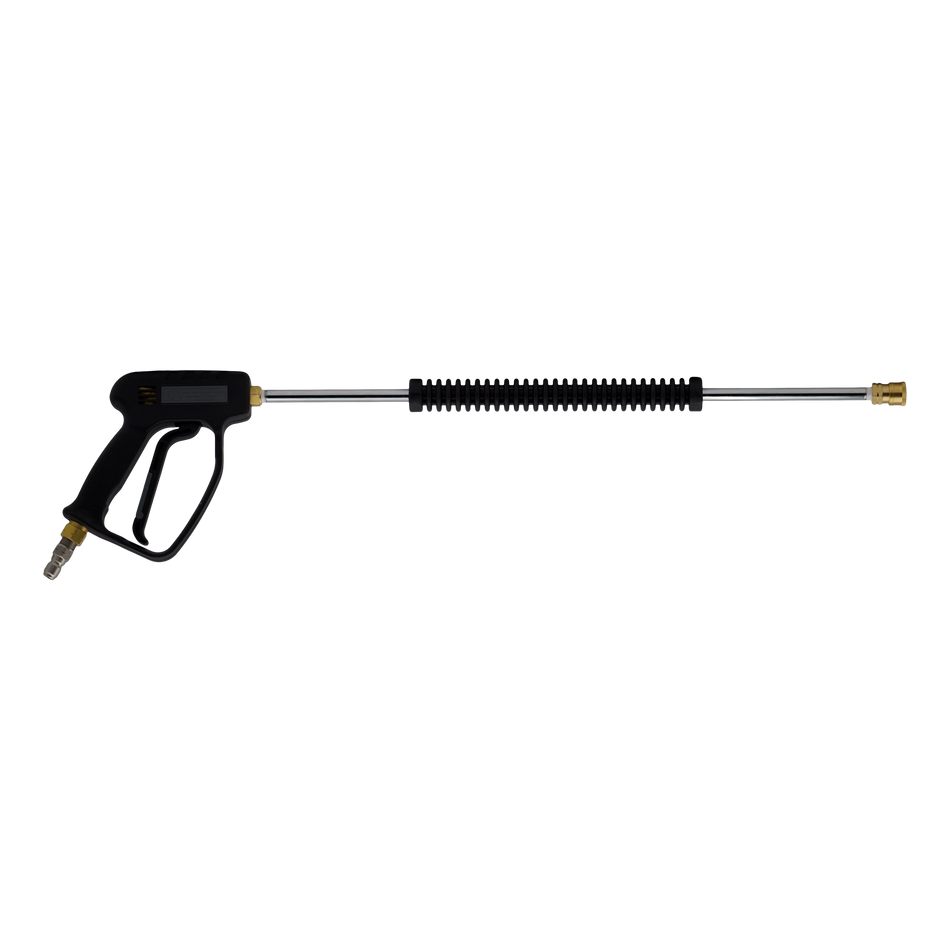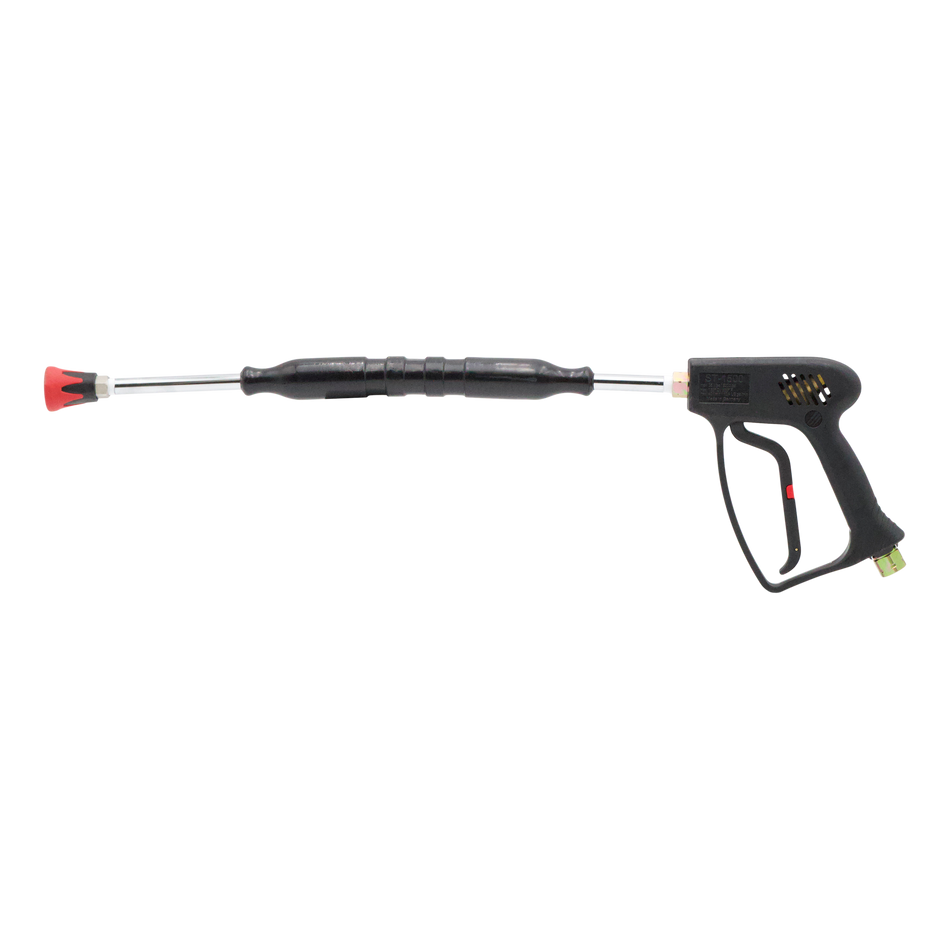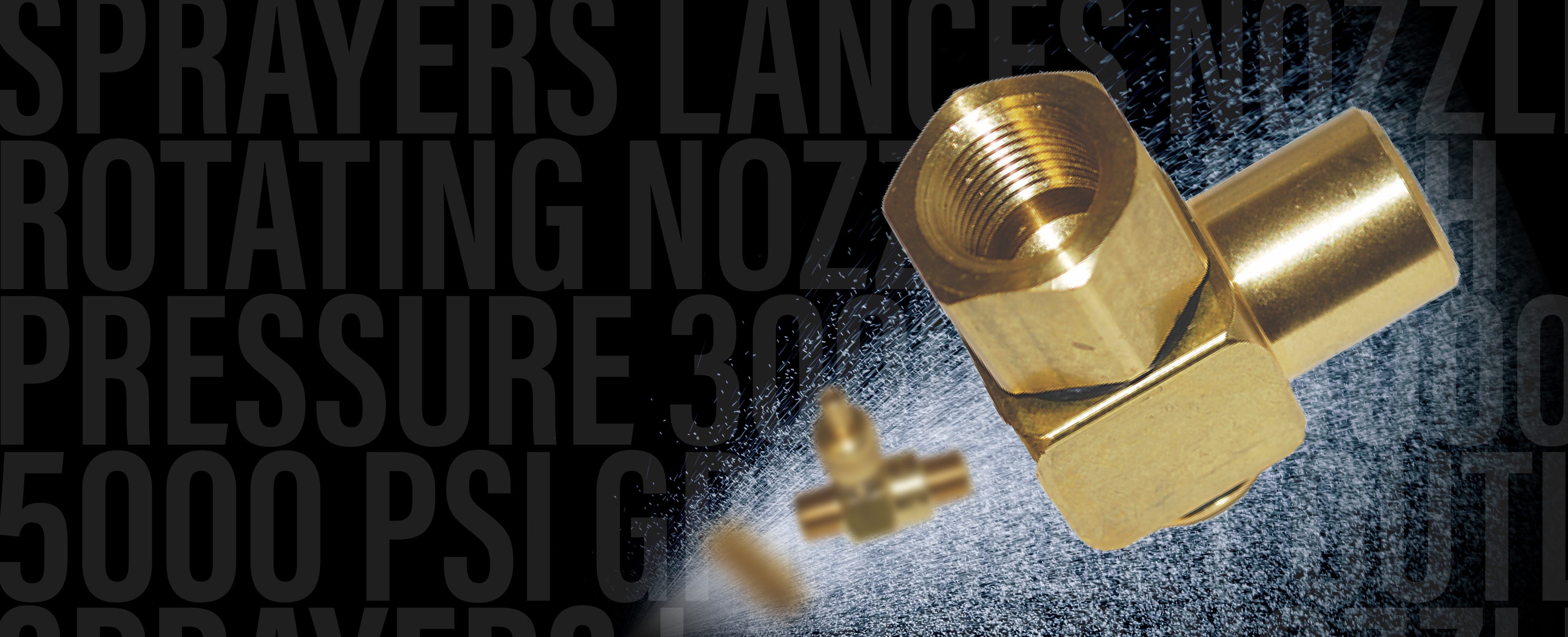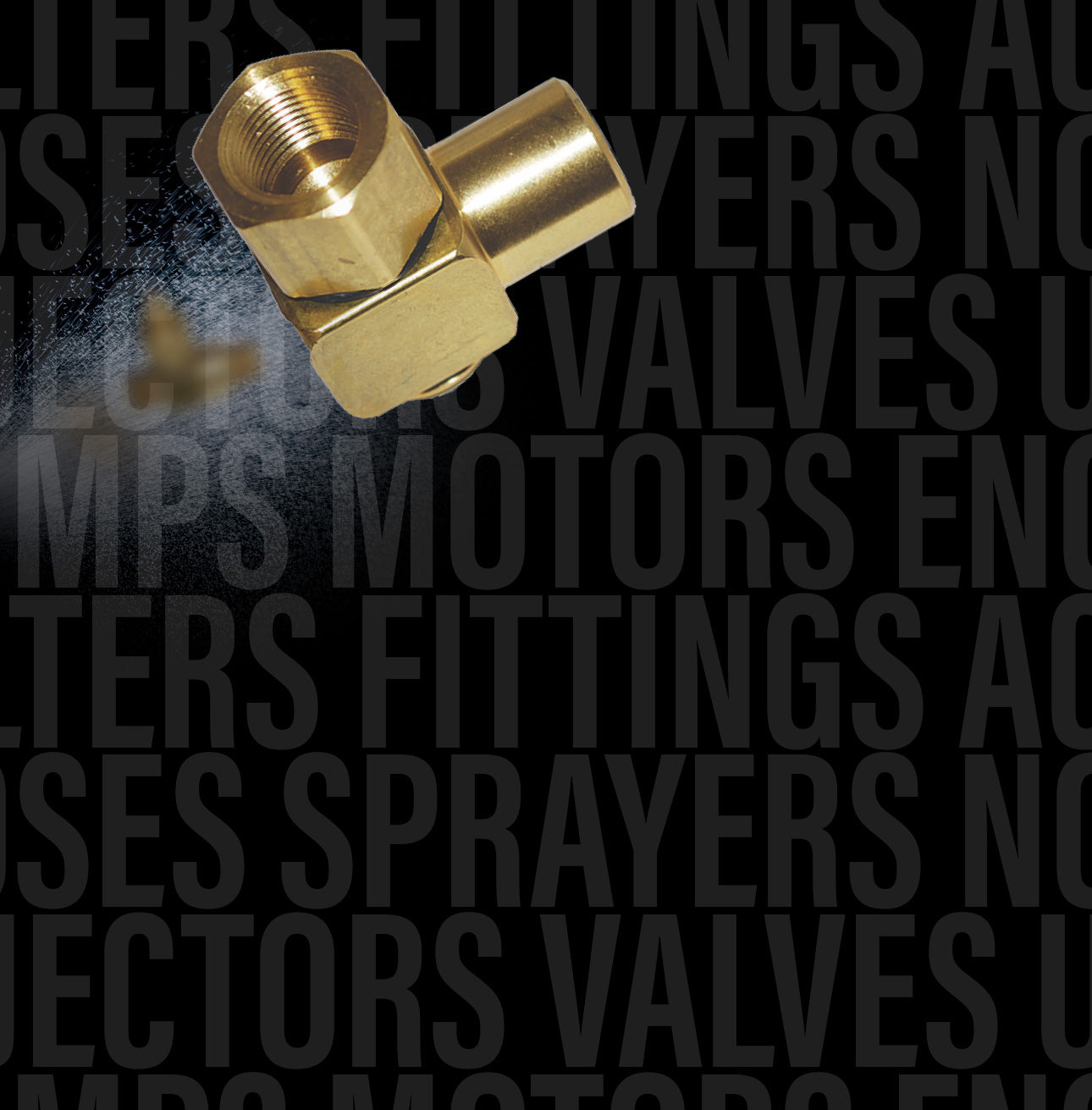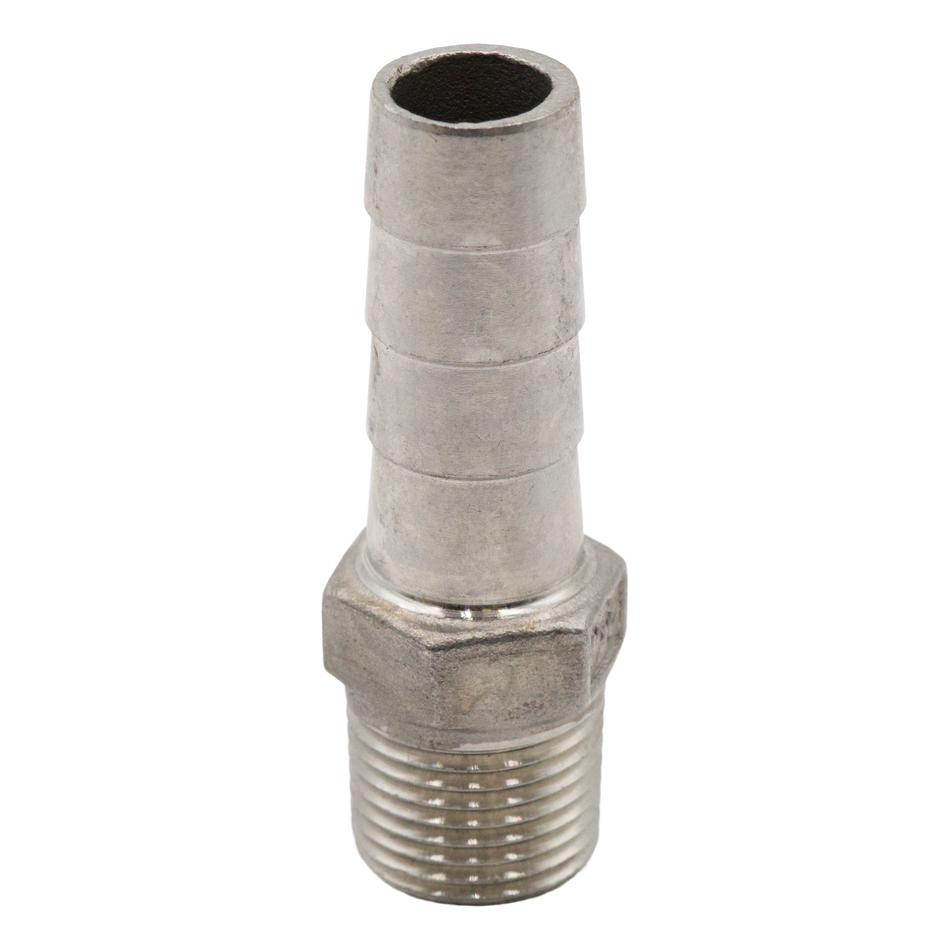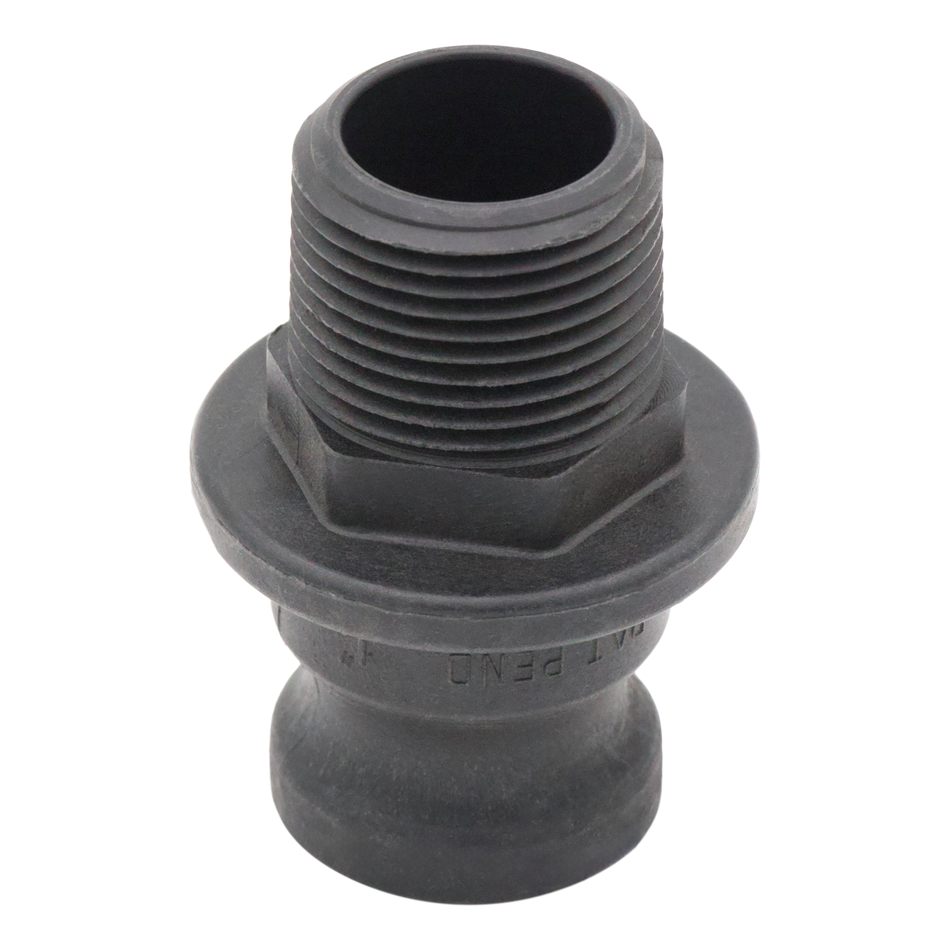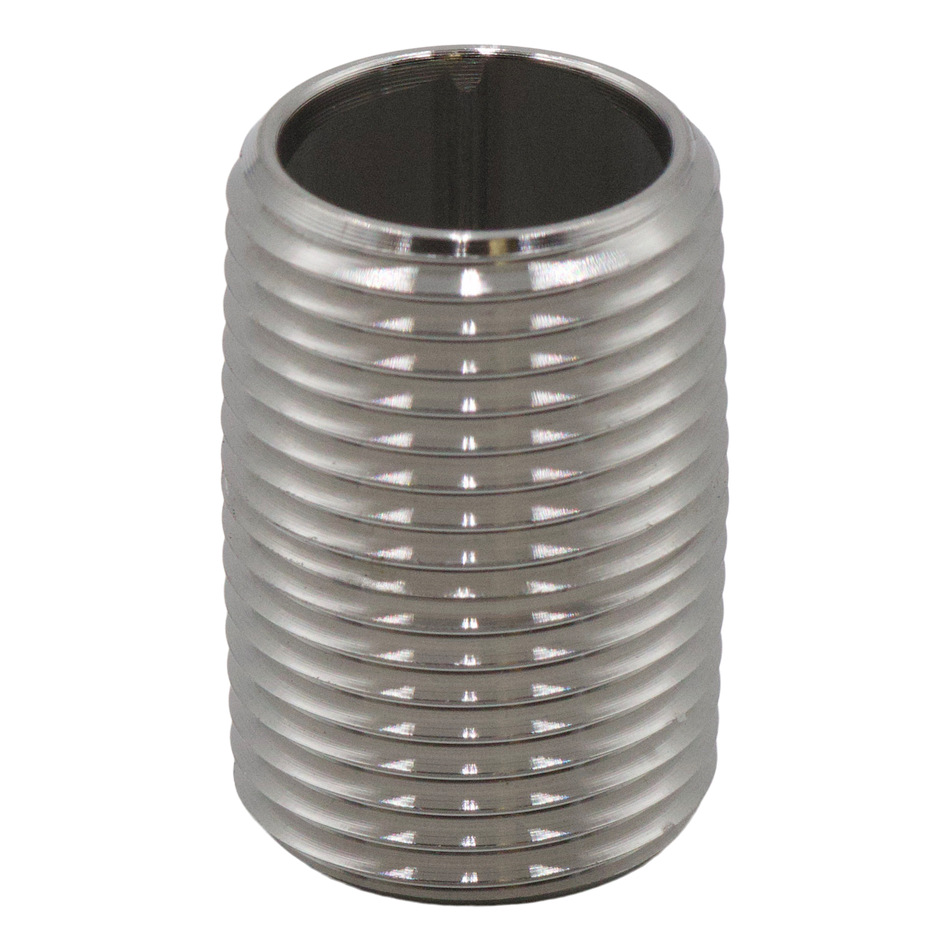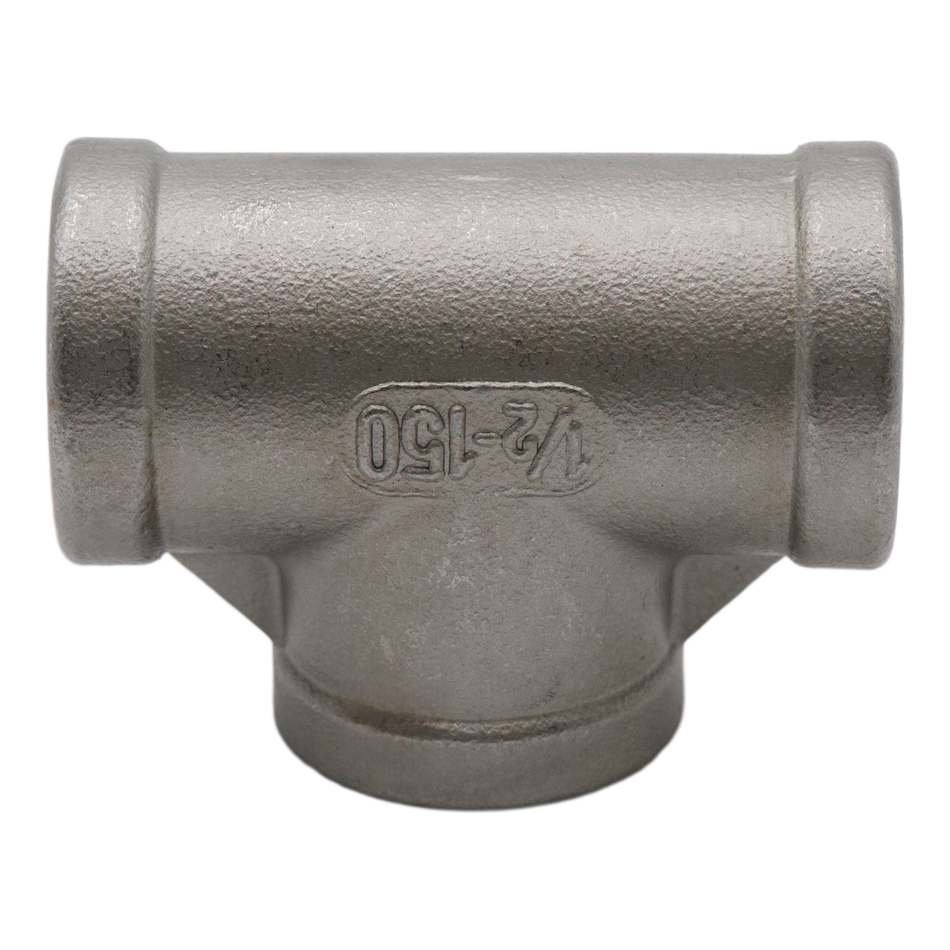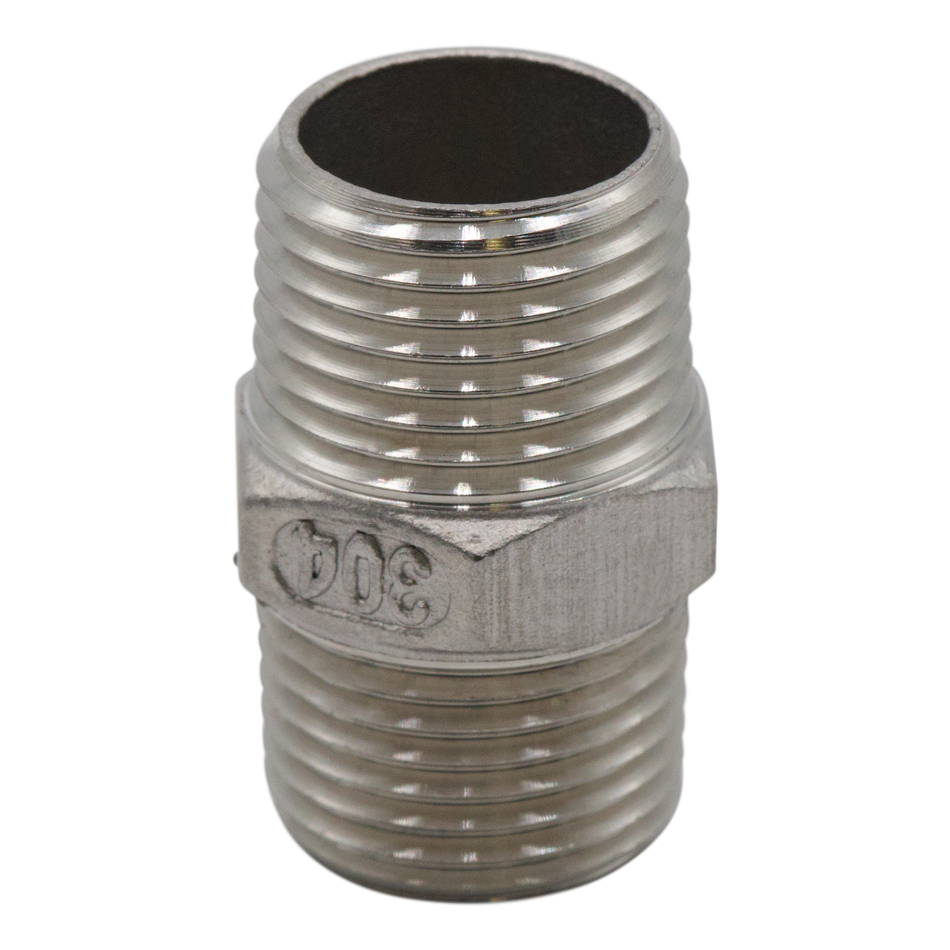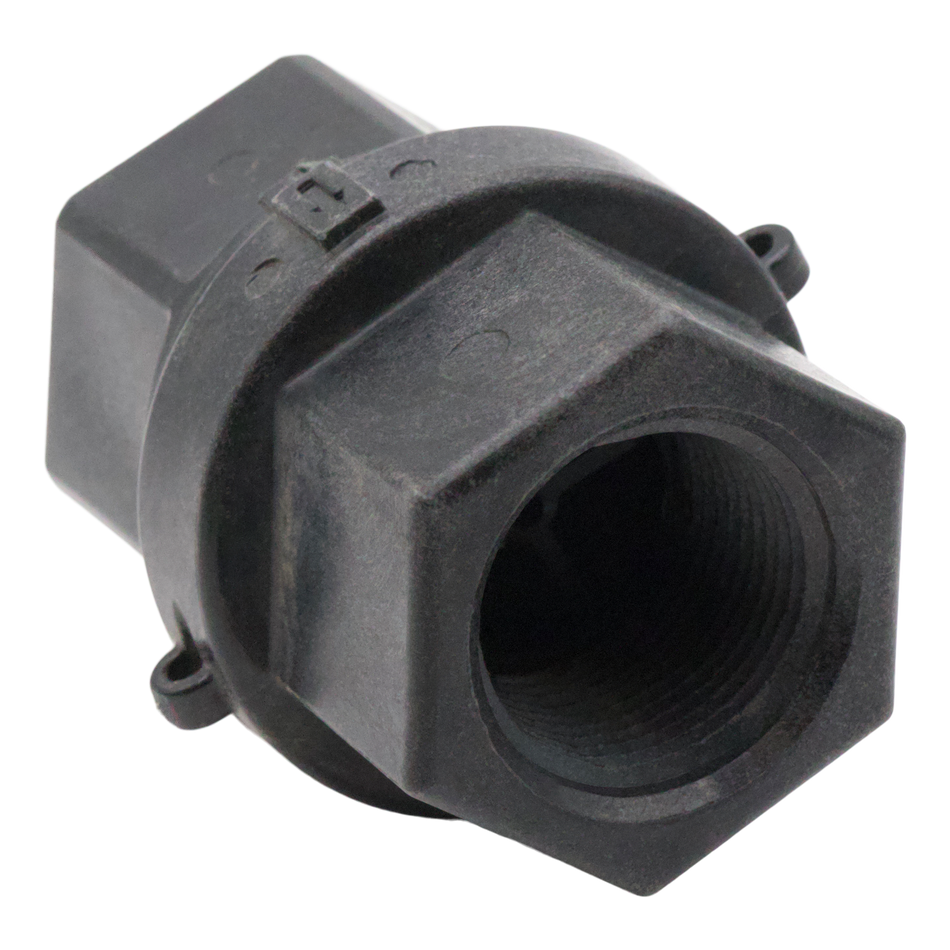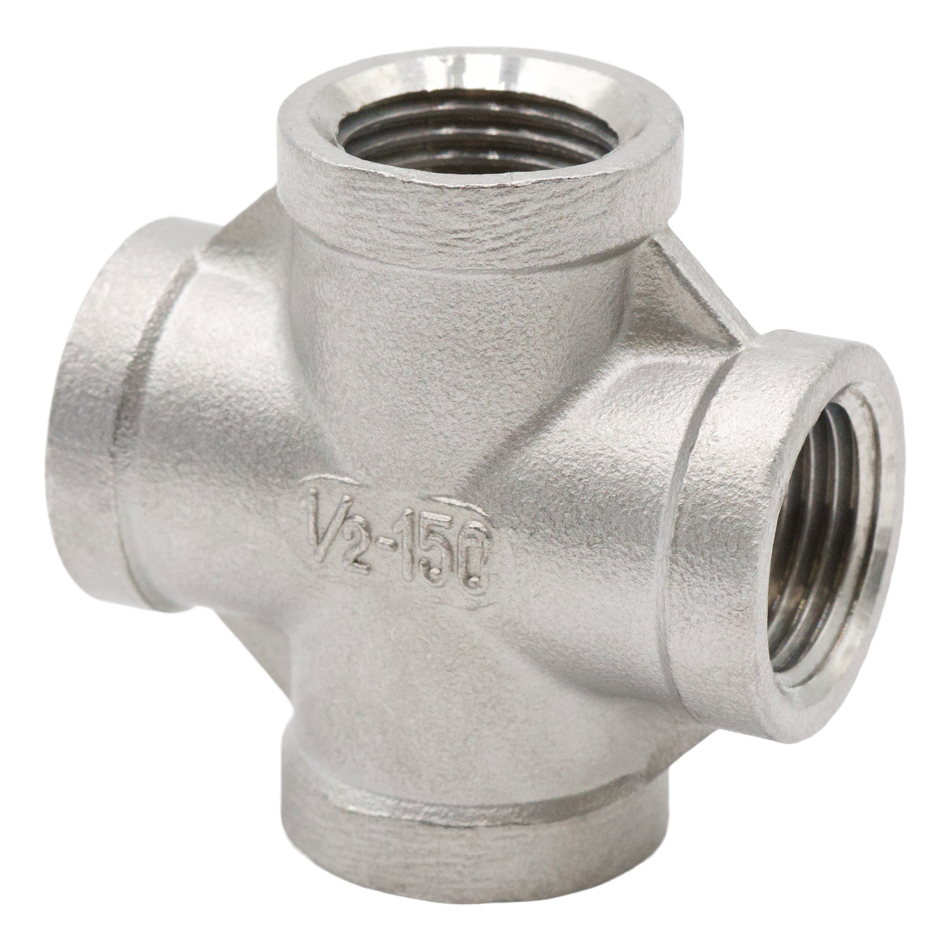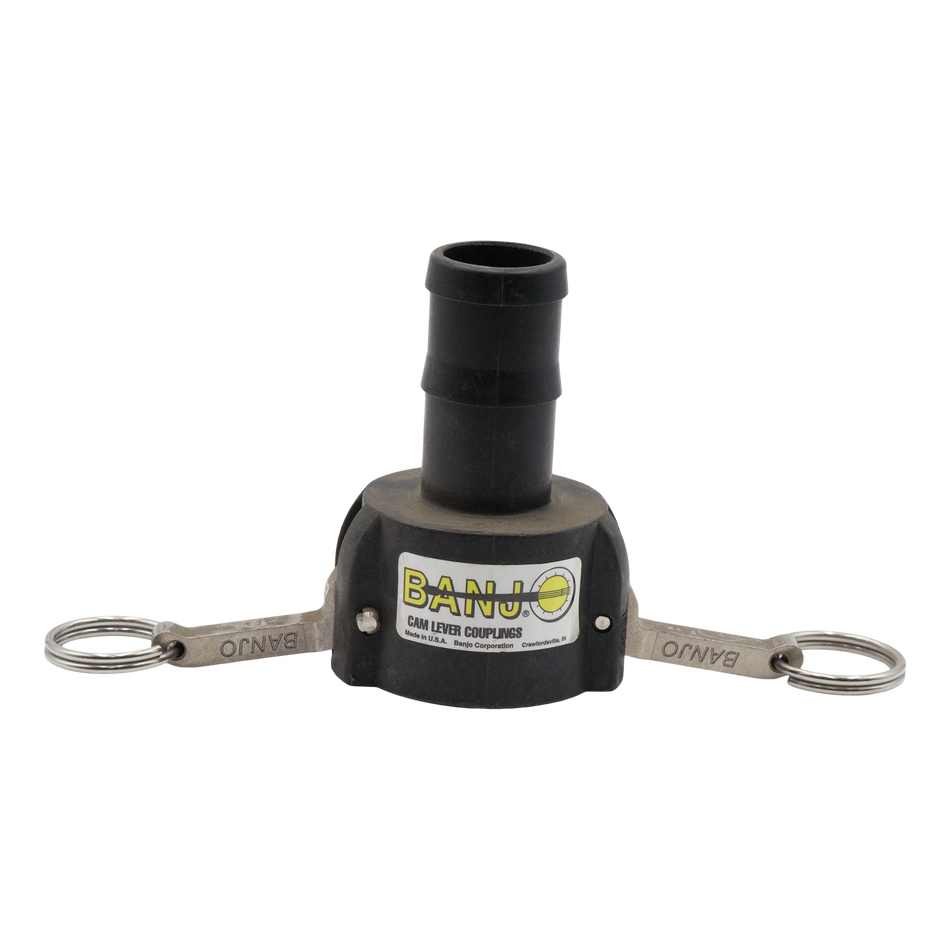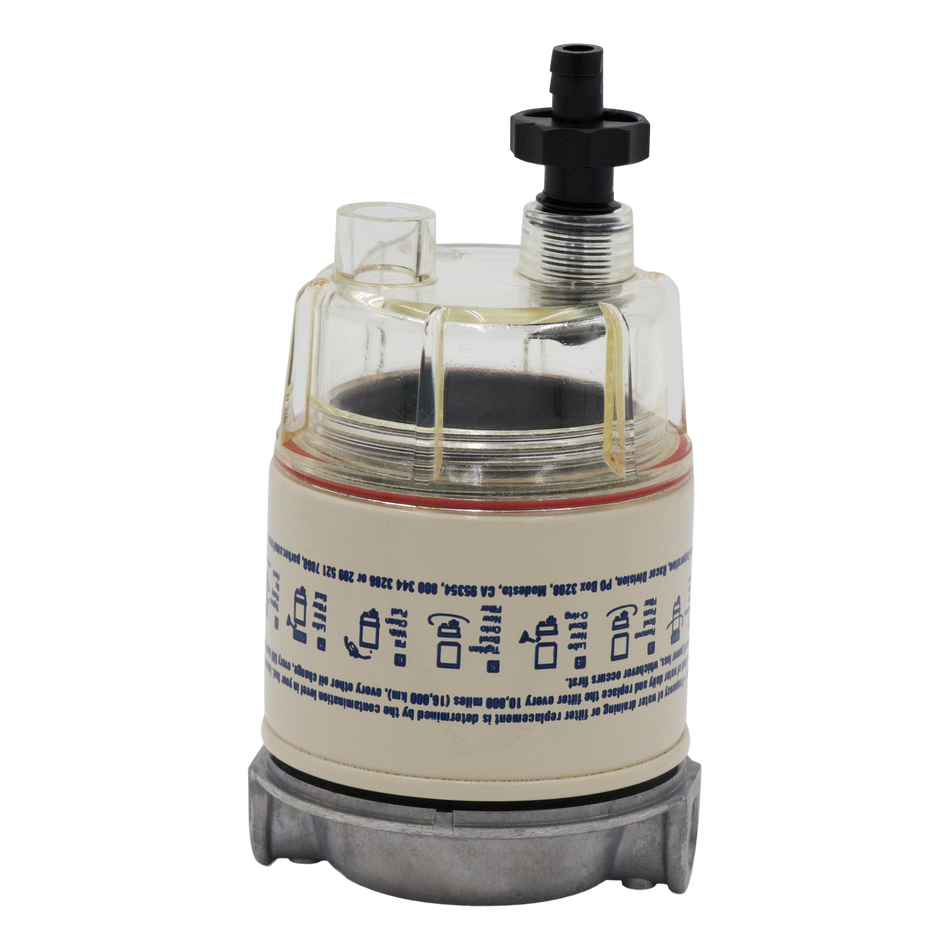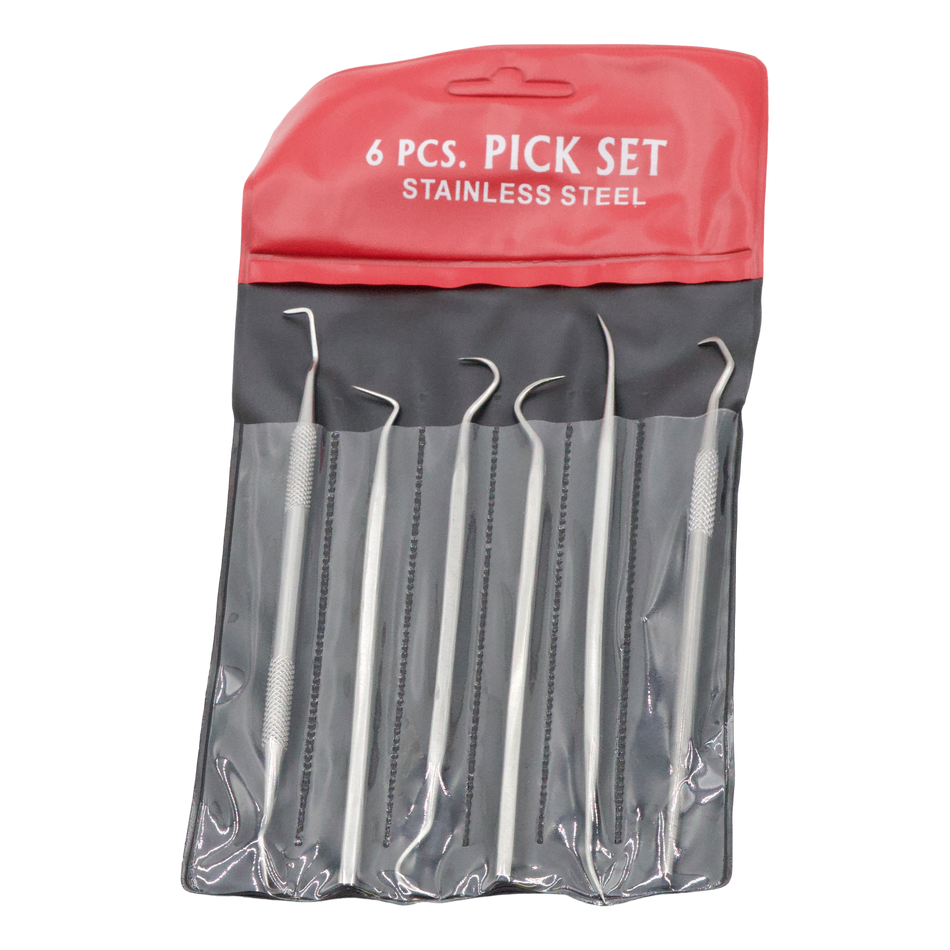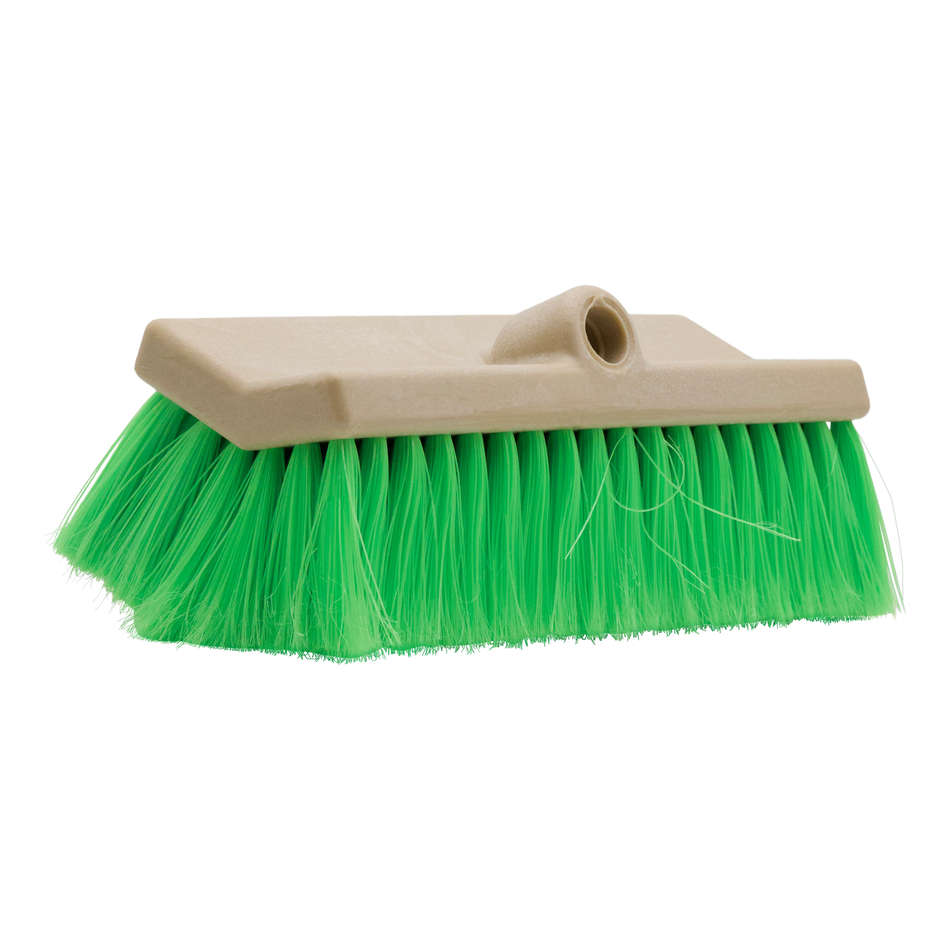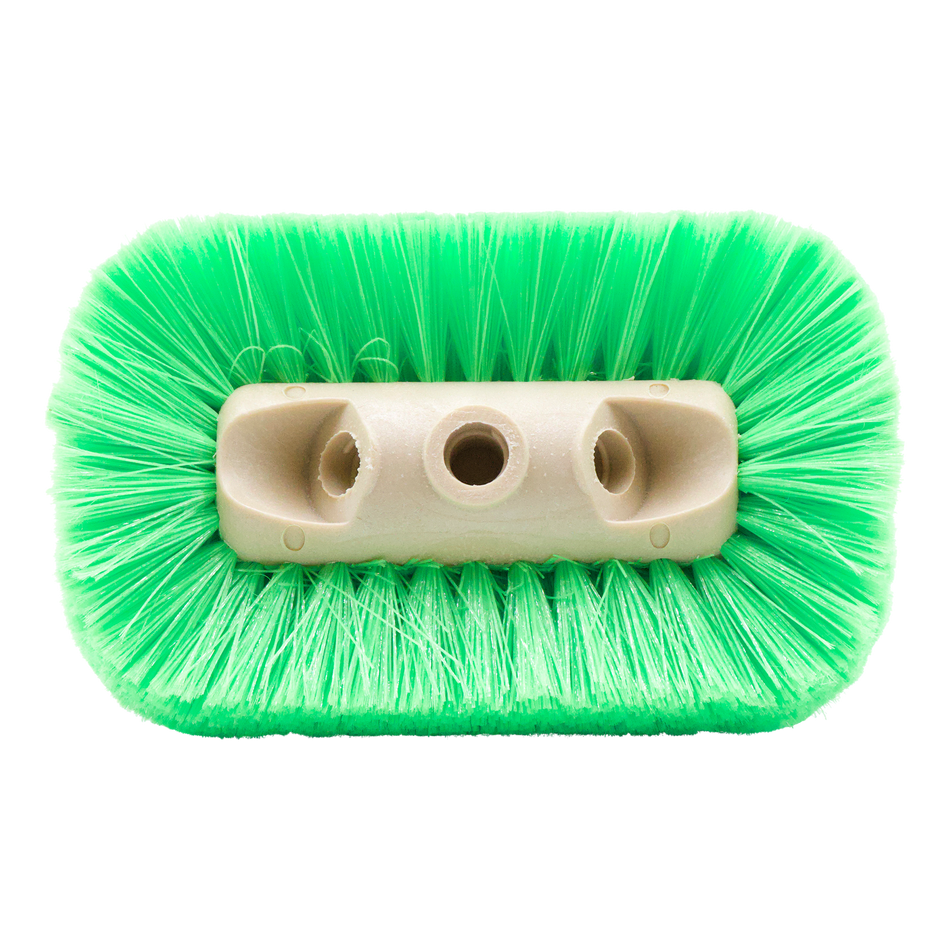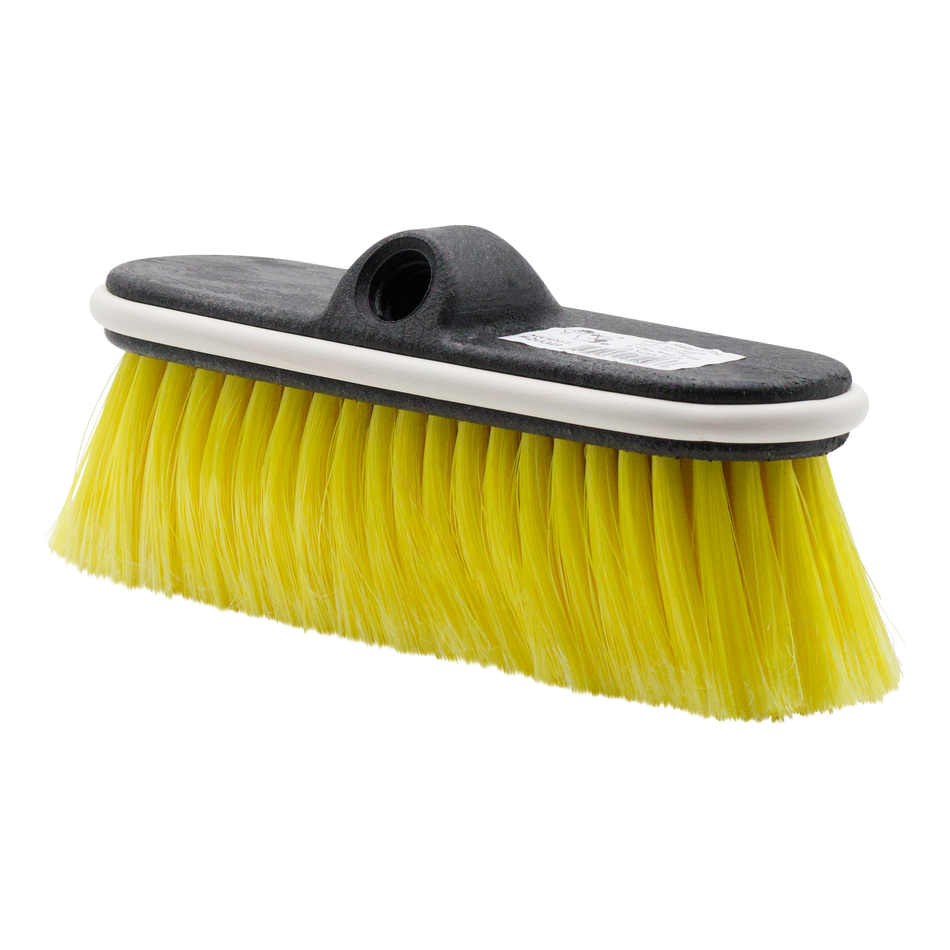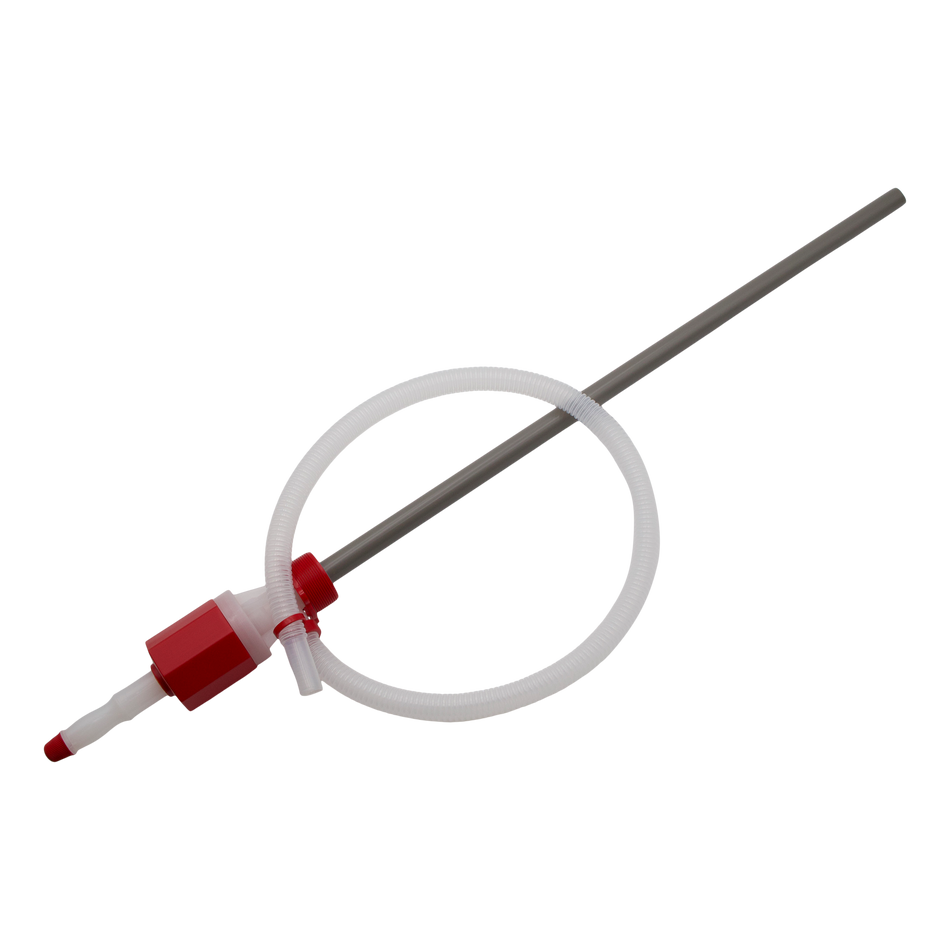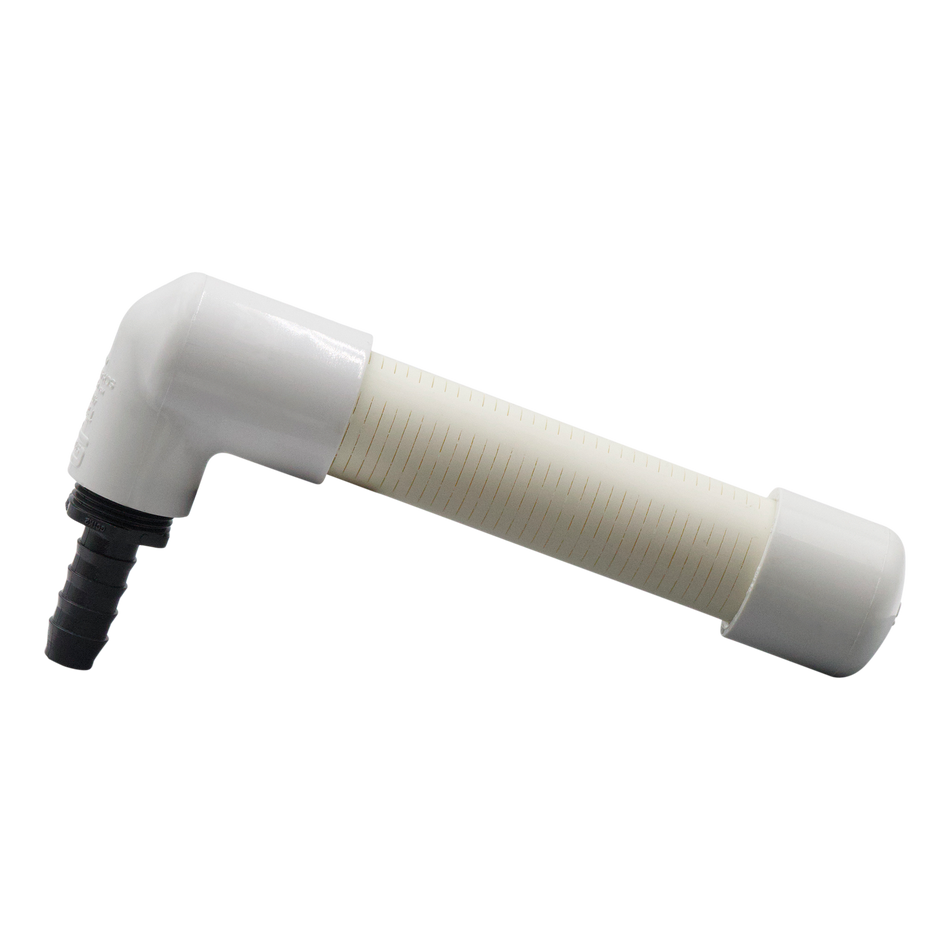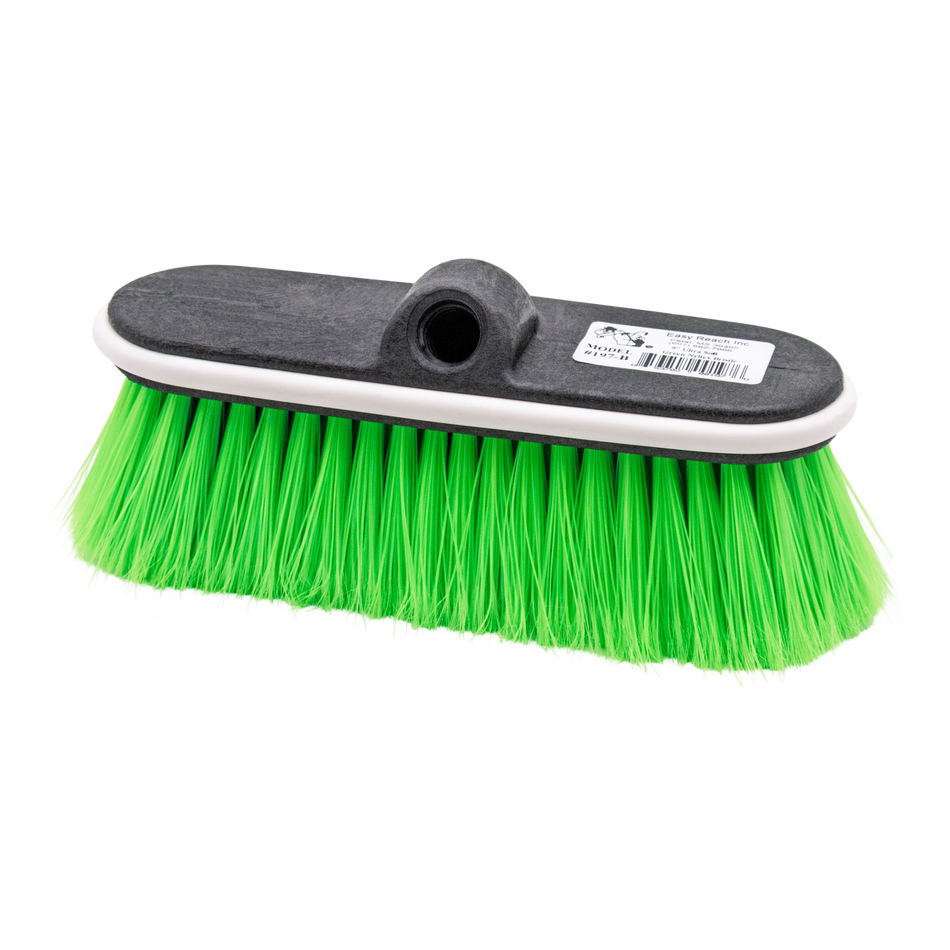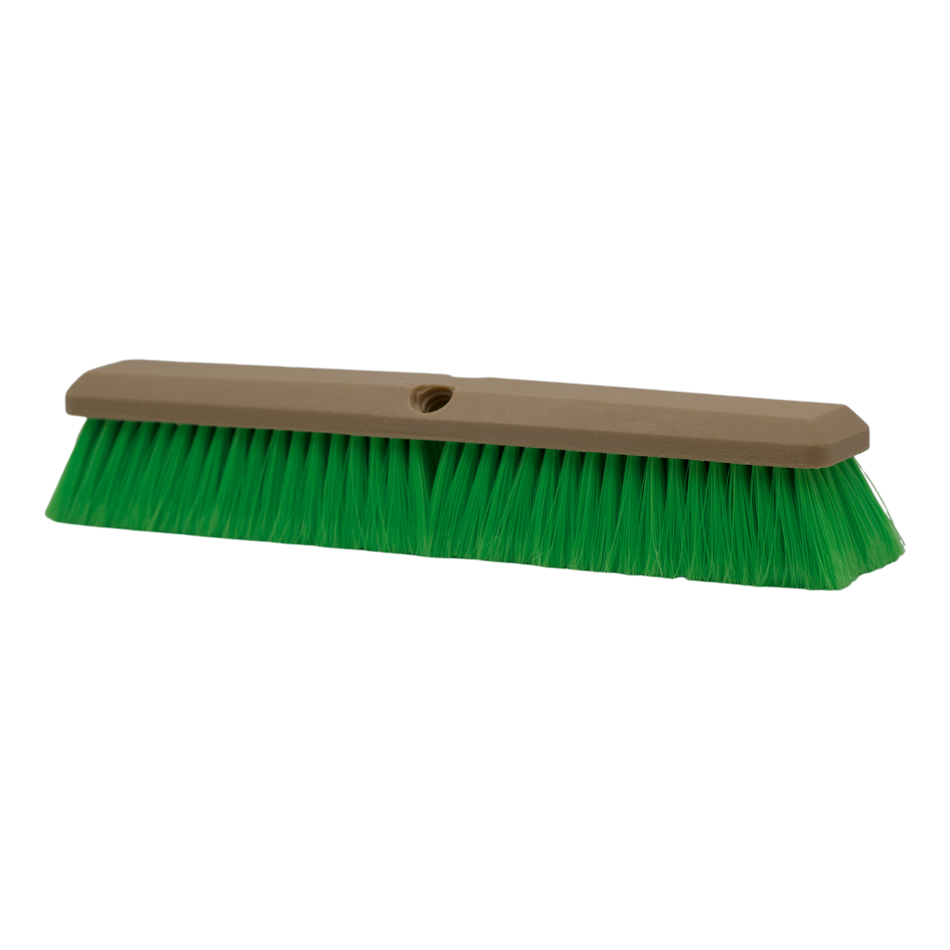PRESSURE WASHER NOZZLES
EXPLORE THE BEST PRESSURE WASHER PARTS & ACCESSORIES
Pressure Washer Parts & Accessories Categories:
We sell and stock over 12,000+ unique pressure washer parts from over 200 brands. Our range includes essential outdoor power equipment designed to enhance pressure washing tasks, making outdoor cleaning more versatile and effective. Our products cover both gas powered pressure washers, and electric pressure washers to tackle all of the toughest cleaning jobs. We are your pressure washer experts.
We Supply You With These Gas Engine Pressure Washer Pumps & Accessories:
-
- Triplex and axial pumps for pressure washers
- PMR: Pumps made ready to install
-
- Our brands: General, AR, Comet, CAT, & Giant
- Variety of External Unloaders and their parts
-
- Multiple options of bare pumps
- Hollow and solid shaft options
-
- High and low pressure and flow rates
- Gear reducers and Flanges
We Supply You With These Sprayers, Nozzles, & Assemblies
-
- Color code quick-connect spray nozzles
- Variety of spray patterns and orifices
-
- Heavy duty stainless steel MEG nozzles
- Selection of powerful rotary nozzles
-
- Foamers with spray bottles
- Sewer jetters to clean out pipes
-
- Long range soapers
- Duct cleaners
We Supply You With These Pressure Washer Hoses & Accessories
-
- Single and double wire braid options
- High temperature rated for hot water machines
-
- Non-marking rubber hoses for sensitive areas
- High pressure hose with ¼-inch quick-connect fitting for easy attachment
-
- Heavy duty bend restrictors available
- Whip line connectors
-
- Standard and custom cut lengths available
- Hobby grade hoses
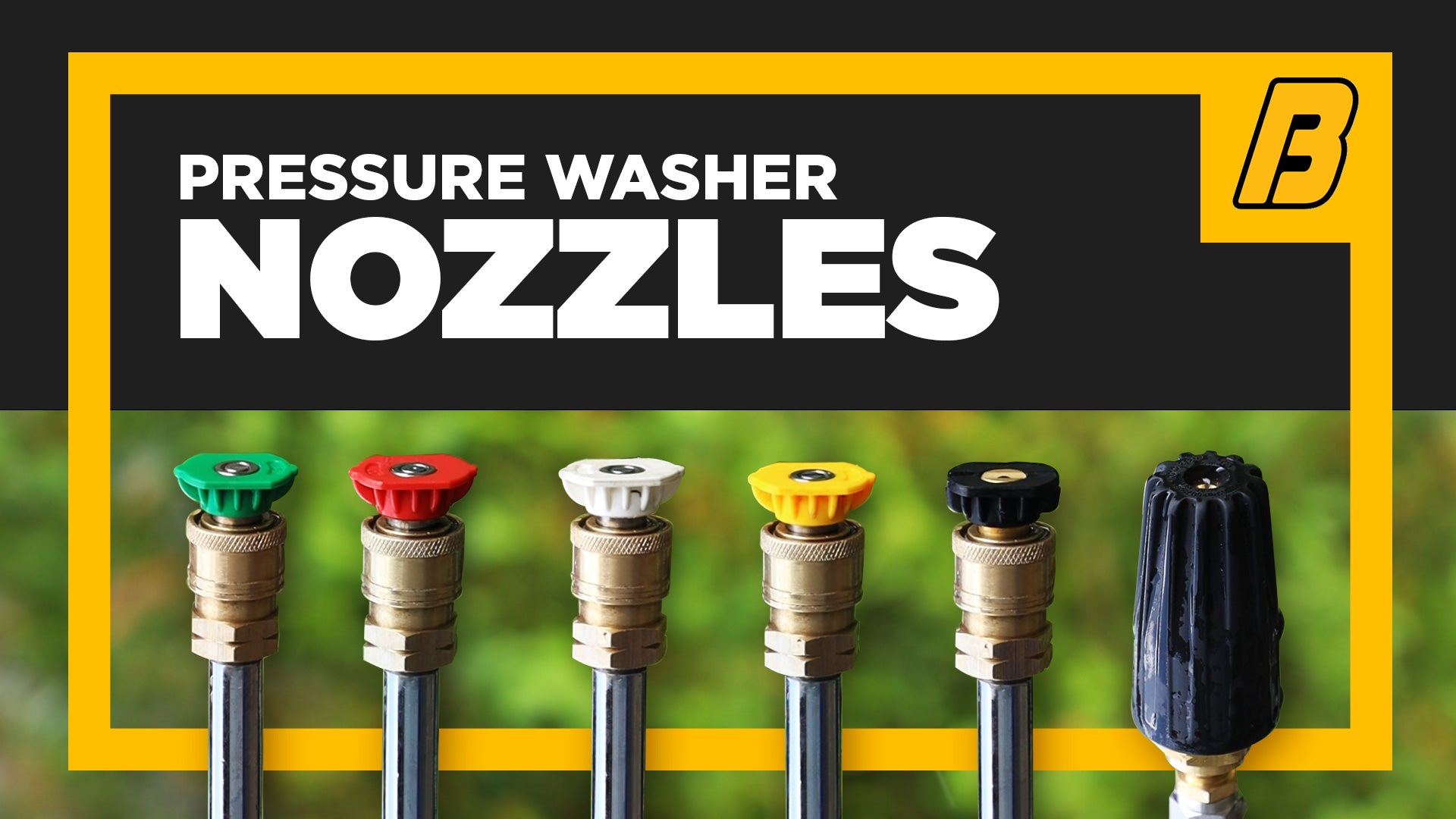
Frequently Asked Questions
Pressure washers are versatile tools designed to tackle a wide array of cleaning tasks, both in residential and commercial settings. In residential environments, they serve as indispensable aids in maintaining the pristine condition of various surfaces. From clearing gutters clogged with debris to rejuvenating weathered decks and pavements, pressure washers offer an efficient solution for homeowners seeking to uphold the appearance and integrity of their properties. They effortlessly blast away dirt, grime, mold, and mildew, restoring surfaces to their former glory with minimal effort. Additionally, washing your car at home becomes a breeze with the right pressure washer, making it easy to keep your vehicle looking its best without the need for professional services. Whether you want a gas powered power washers, or electric pressure washers you can simply plugin with an extension cord for bigger reach, Barens has you covered.
In the commercial sphere, pressure washers become invaluable assets for property managers and maintenance crews tasked with upholding the cleanliness and professional image of large buildings and facilities. Whether it’s the exterior of office buildings marred by pollution and environmental debris, the accumulated dirt on church walls, or the grime on school and hospital exteriors, pressure washers deliver powerful cleaning performance to meet the rigorous standards of cleanliness demanded by these establishments. Their versatility and effectiveness make them indispensable tools for maintaining hygiene, safety, and curb appeal across a broad spectrum of environments.
The primary difference between a power washer and a pressure washer lies in the method and temperature of the water they utilize for cleaning. Power washing harnesses the force of highly pressurized steam to tackle grime, grease, and tough stains, while pressure washing relies solely on the force of unheated tap water, devoid of any heating element assistance.
Power washers, often referred to as hot water pressure washers, incorporate a heating mechanism within the unit. This heating element heats water to high temperatures, typically ranging from around 100 to 200 degrees Fahrenheit or more, depending on the model. The application of hot water significantly enhances the cleaning power by effectively breaking down stubborn dirt and grease, making it particularly effective for heavy-duty industrial and commercial cleaning tasks. The heated water also aids in disinfecting surfaces by killing bacteria and other microorganisms, making it a preferred choice in settings where sanitation is paramount.
On the other hand, pressure washers utilize cold or ambient temperature water supplied directly from a tap or hose. While lacking the thermal boost of power washers, pressure washers compensate with sheer force, relying on the intense pressure generated by their pumps to dislodge dirt, grime, mold, and mildew from various surfaces. They are commonly employed for a wide range of residential and light commercial cleaning applications, from washing vehicles and outdoor furniture to cleaning driveways, sidewalks, and building exteriors.
In summary, the key disparity between power washers and pressure washers lies in their approach to cleaning: power washers employ heated water to augment cleaning efficacy, while pressure washers rely solely on the force of unheated water to achieve similar results. The choice between the two largely depends on the specific cleaning requirements and the nature of the surfaces being cleaned.
When selecting a pressure washer, it's crucial to consider your specific needs to ensure optimal performance and longevity. Professional and commercial users must assess three main factors:
- PSI (Pounds per square inch): This indicates the pressure output, crucial for various cleaning tasks. Lower PSI (under 1,000) suits residential use, while 1,000-2,000 PSI handles light cleaning. 2,000-3,000 PSI is common for commercial use, tackling concrete and automotive cleaning, while 3,000-6,000 PSI is for heavy-duty industrial applications.
- Flow Rate: Measured in liters per minute, flow rate determines cleaning speed. More water at the right pressure ensures faster job completion, ideal for professional and commercial cleaning.
- Hours of Use Per Week: Consider how often you'll use the machine. Different pump designs affect durability and cost, with axial pumps lasting around 200-400 hours and triplex pumps lasting 6-10 times longer.
Additional considerations include cleaning power, determined by multiplying PSI by flow rate, and pump types. Axial pumps are entry-level with shorter lifespans, while triplex pumps offer professional-grade efficiency and durability.
Electric pressure washers are cost-effective but limited by cord length and power, while petrol-powered ones offer higher pressure and durability.
Cold water washers are versatile, while hot water washers excel in grease and tough dirt removal. Automatic throttle control conserves fuel and reduces wear. Make sure to use the correct hoses and not just a garden hose to supply your gas pressure washer with water.
Accessories like puncture-proof tires, integrated detergent tanks, ergonomic lance/guns, steel-braided hoses, and various frames and nozzles enhance functionality and durability, catering to specific needs and site requirements.
Gas Pressure Washers have much higher water flow and higher pressure than electric models and most models will give much better results when using your pressure washer to remove dirt, grease, and mold. Electric pressure washers are much more portable and great to have around the house for odd-jobs, where if you are a professional power washer you will see much better performance over long periods with a gas pressure washer versus an electric pressure washer.
Your gas pressure washer will perform tasks for hours on end making them perfect for professional power washers to get the most out of their gas pressure washers.
If you are a home owner, an electric pressure washer is a perfect addition to your tool kit for most cleaning jobs. Giving you the ability to keep your yard, deck, and patio furniture clean. If you're going for that deep clean, the gas engine in gas pressure washers are the way to go by giving you much more power!



